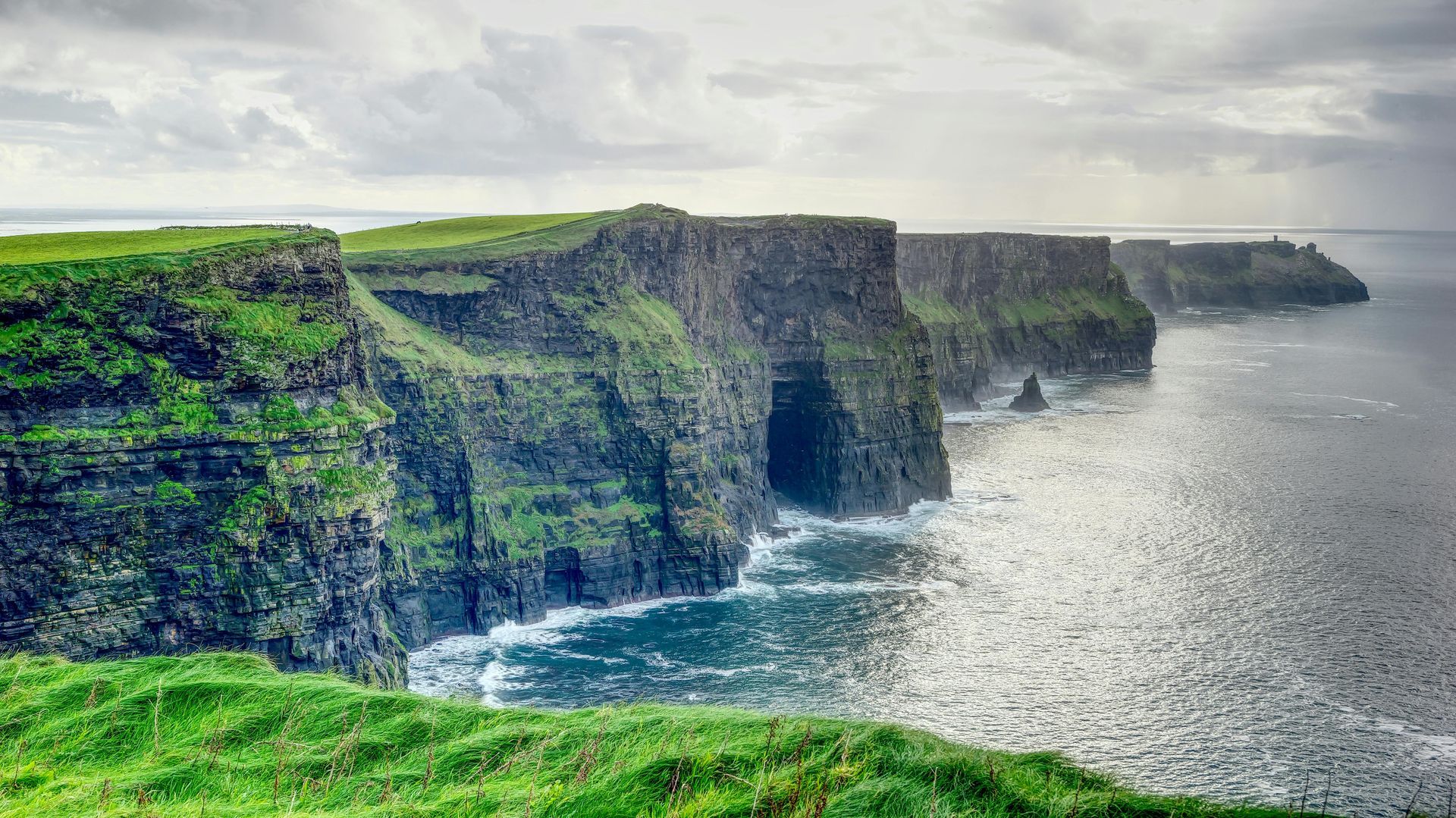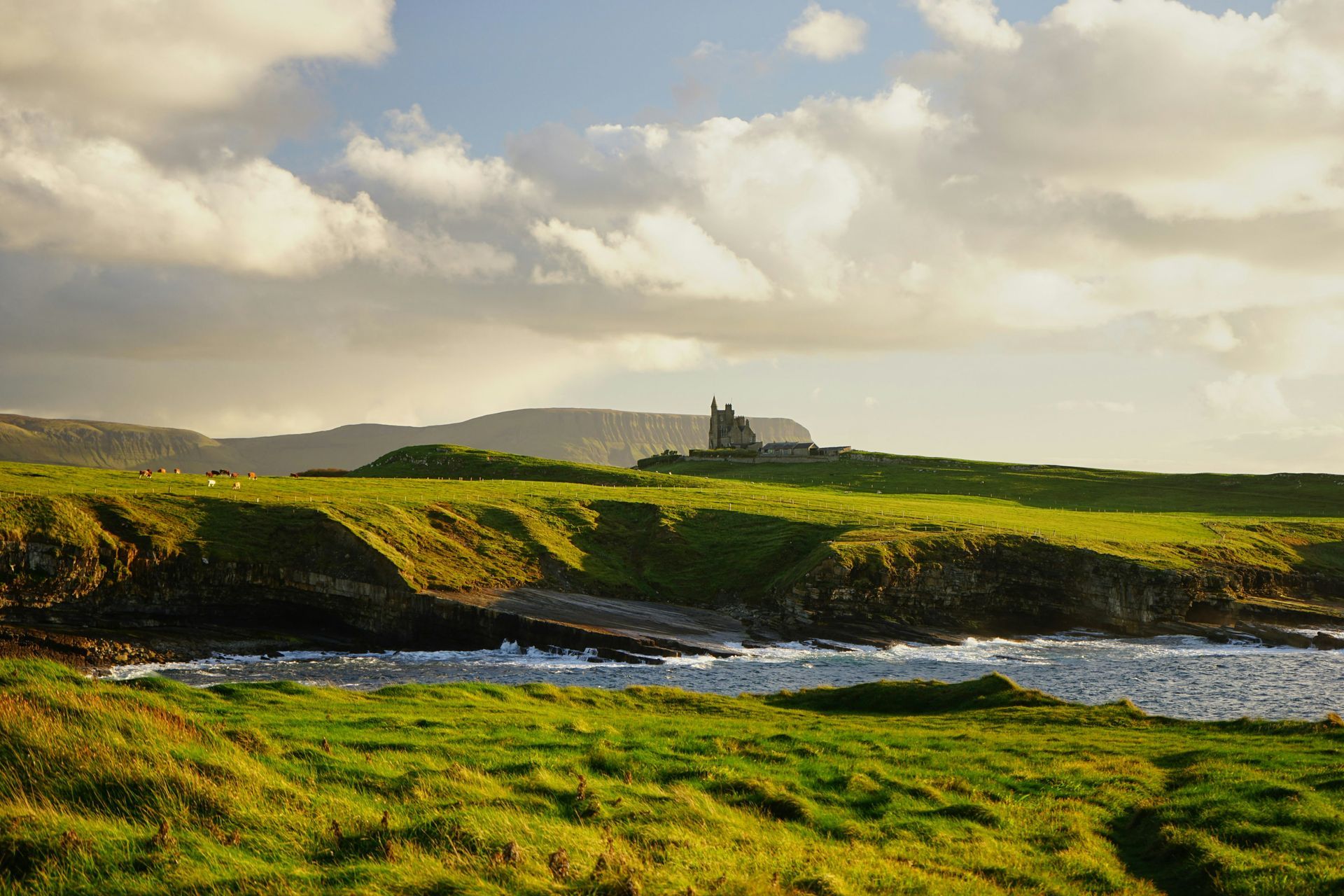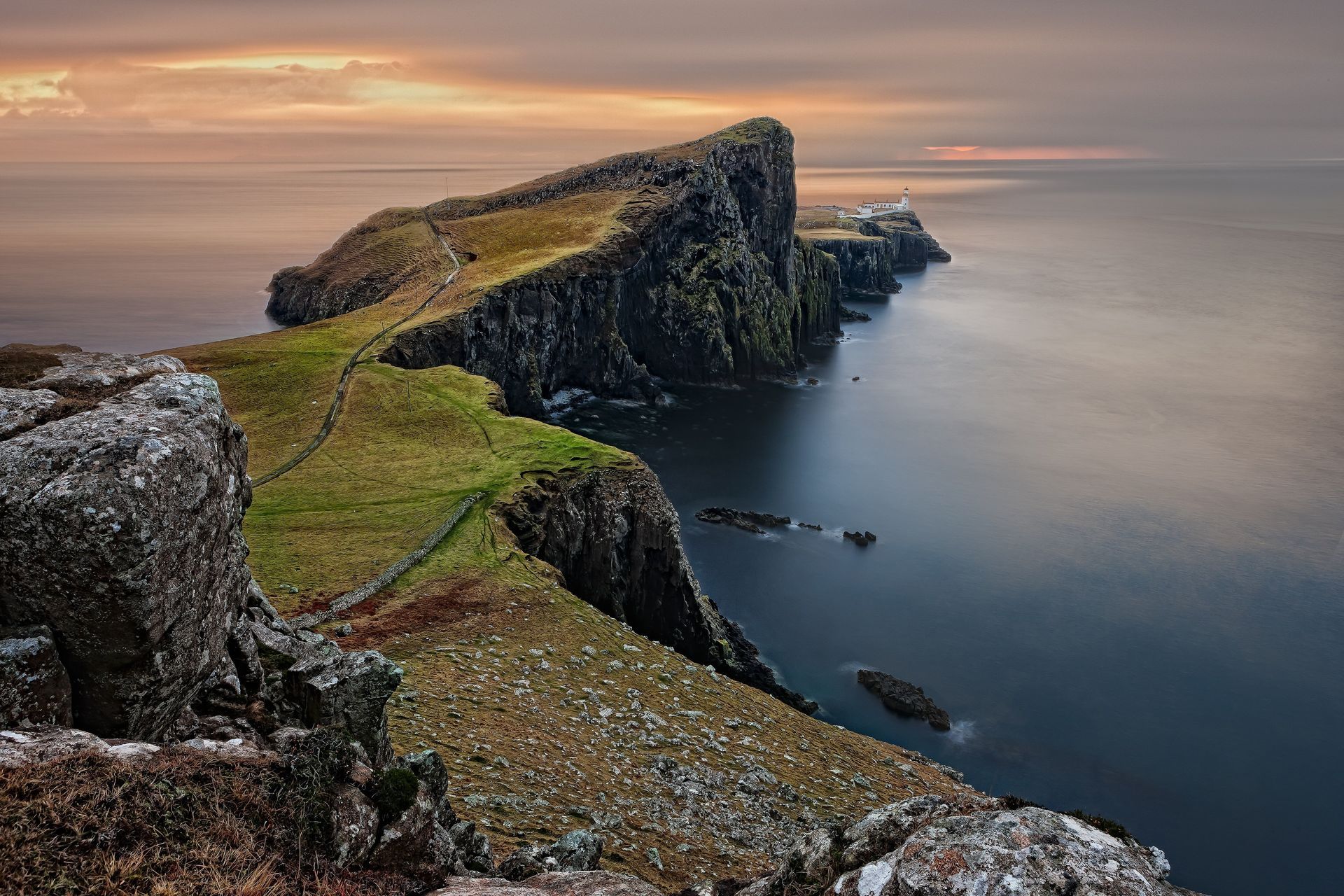Ireland
Ireland is a land of striking beauty, where dramatic coastlines, lush countryside, and lively cities come together to create a destination full of charm and character. Known for its deep history, rich traditions, and warm hospitality, Ireland offers a journey through ancient ruins, medieval castles, and landscapes that have inspired countless legends. From the rhythm of traditional music in village pubs to the enduring stories carried through generations, Ireland captures the heart with its unique blend of culture, history, and natural wonder.
Ireland
Ireland is a land of striking beauty, where dramatic coastlines, lush countryside, and lively cities come together to create a destination full of charm and character. Known for its deep history, rich traditions, and warm hospitality, Ireland offers a journey through ancient ruins, medieval castles, and landscapes that have inspired countless legends. From the rhythm of traditional music in village pubs to the enduring stories carried through generations, Ireland captures the heart with its unique blend of culture, history, and natural wonder.
Why Ireland?
Ireland is a place that draws travelers with its mix of natural beauty, cultural richness, and heartfelt hospitality. Its landscapes, from rolling green hills to rugged cliffs and serene lakes, provide endless opportunities for exploration and reflection. Beyond its scenery, Ireland is celebrated for its traditions, from lively folk music and dance to centuries-old myths and legends that still shape its identity today. Visitors are welcomed with warmth, making every journey feel personal and memorable.
Land of the Emerald Isle.
Known as the Land of the Emerald Isle for its lush green landscapes, Ireland’s beauty is shaped by its rolling countryside, dramatic coastlines, and misty valleys. The island’s fertile land, nourished by frequent rain and mild climate, gives it a vibrant, almost magical quality that has inspired poets, artists, and storytellers for centuries. This natural splendor is not only part of Ireland’s identity but also a symbol of its timeless charm.
Why Ireland?
Ireland is a place that draws travelers with its mix of natural beauty, cultural richness, and heartfelt hospitality. Its landscapes, from rolling green hills to rugged cliffs and serene lakes, provide endless opportunities for exploration and reflection. Beyond its scenery, Ireland is celebrated for its traditions, from lively folk music and dance to centuries-old myths and legends that still shape its identity today. Visitors are welcomed with warmth, making every journey feel personal and memorable.
Land of the Emerald Isle.
Known as the Land of the Emerald Isle for its lush green landscapes, Ireland’s beauty is shaped by its rolling countryside, dramatic coastlines, and misty valleys. The island’s fertile land, nourished by frequent rain and mild climate, gives it a vibrant, almost magical quality that has inspired poets, artists, and storytellers for centuries. This natural splendor is not only part of Ireland’s identity but also a symbol of its timeless charm.
Featured Itineraries
Country Side of the Emerald Isle
Collette Tour
Ireland Emerald Isle
Globus Tour
British Isles Explorer
Viking Cruise
Featured Itineraries
Country Side of the Emerald Isle
Collette Tour
Ireland Emerald Isle
Globus Tour
British Isles Explorer
Viking Cruise
The Irish Culture
Irish culture is deeply rooted in tradition, storytelling, and community spirit, blending ancient Celtic heritage with modern creativity. From the haunting melodies of traditional music played on fiddles and tin whistles to the lively rhythm of Irish dance, the arts remain a vital expression of national pride. Folklore, myths, and literature—shaped by figures like W.B. Yeats and James Joyce—continue to inspire, while Gaelic sports such as hurling and Gaelic football highlight the importance of community and identity. Hospitality, warmth, and a love of shared celebration are at the heart of everyday life in Ireland.
Gaelic Roots
Ireland's Gaelic roots are at the heart of Ireland’s cultural identity, shaping its language, traditions, and way of life for centuries. The Irish language, once the everyday tongue, still thrives in Gaeltacht regions and is cherished as a symbol of heritage. Ancient Celtic customs, from seasonal festivals like Samhain to intricate knotwork designs, continue to influence Irish art and celebrations today. These roots also live on in music, dance, and oral storytelling, all of which carry the spirit of Ireland’s ancestors into the present.
Music & Dance
Music and dance are the lifeblood of Irish culture, bringing people together in lively sessions and celebrations. Traditional Irish music, with fiddles, tin whistles, and bodhráns, fills pubs and festivals with infectious rhythm and melody. Dance, from spirited céilí gatherings to the world-famous step dancing popularized by Riverdance, showcases Ireland’s energy and artistry. Whether experienced in a cozy village pub or on a grand stage, Irish music and dance capture the joyful spirit of the nation.
Literature & Art
Ireland has long been celebrated for its rich contributions to literature and art, producing some of the world’s most influential writers and poets, from W.B. Yeats and James Joyce to Seamus Heaney. Storytelling has deep roots in Irish tradition, carrying forward myths, legends, and history through the written and spoken word. In the visual arts, Ireland’s creativity shines in everything from Celtic-inspired designs like Celtic knots and the Claddagh ring to modern works showcased in galleries across the country. Together, literature and art reflect the depth, imagination, and spirit of the Irish people.
The Irish Culture
Irish culture is deeply rooted in tradition, storytelling, and community spirit, blending ancient Celtic heritage with modern creativity. From the haunting melodies of traditional music played on fiddles and tin whistles to the lively rhythm of Irish dance, the arts remain a vital expression of national pride. Folklore, myths, and literature—shaped by figures like W.B. Yeats and James Joyce—continue to inspire, while Gaelic sports such as hurling and Gaelic football highlight the importance of community and identity. Hospitality, warmth, and a love of shared celebration are at the heart of everyday life in Ireland.
Gaelic Roots
Ireland's Gaelic roots are at the heart of Ireland’s cultural identity, shaping its language, traditions, and way of life for centuries. The Irish language, once the everyday tongue, still thrives in Gaeltacht regions and is cherished as a symbol of heritage. Ancient Celtic customs, from seasonal festivals like Samhain to intricate knotwork designs, continue to influence Irish art and celebrations today. These roots also live on in music, dance, and oral storytelling, all of which carry the spirit of Ireland’s ancestors into the present.
Music & Dance
Music and dance are the lifeblood of Irish culture, bringing people together in lively sessions and celebrations. Traditional Irish music, with fiddles, tin whistles, and bodhráns, fills pubs and festivals with infectious rhythm and melody. Dance, from spirited céilí gatherings to the world-famous step dancing popularized by Riverdance, showcases Ireland’s energy and artistry. Whether experienced in a cozy village pub or on a grand stage, Irish music and dance capture the joyful spirit of the nation.
Literature & Art
Ireland has long been celebrated for its rich contributions to literature and art, producing some of the world’s most influential writers and poets, from W.B. Yeats and James Joyce to Seamus Heaney. Storytelling has deep roots in Irish tradition, carrying forward myths, legends, and history through the written and spoken word. In the visual arts, Ireland’s creativity shines in everything from Celtic-inspired designs like Celtic knots and the Claddagh ring to modern works showcased in galleries across the country. Together, literature and art reflect the depth, imagination, and spirit of the Irish people.
The Irish Culture
Irish culture is deeply rooted in tradition, storytelling, and community spirit, blending ancient Celtic heritage with modern creativity. From the haunting melodies of traditional music played on fiddles and tin whistles to the lively rhythm of Irish dance, the arts remain a vital expression of national pride. Folklore, myths, and literature—shaped by figures like W.B. Yeats and James Joyce—continue to inspire, while Gaelic sports such as hurling and Gaelic football highlight the importance of community and identity. Hospitality, warmth, and a love of shared celebration are at the heart of everyday life in Ireland.
Gaelic Roots
Ireland's Gaelic roots are at the heart of Ireland’s cultural identity, shaping its language, traditions, and way of life for centuries. The Irish language, once the everyday tongue, still thrives in Gaeltacht regions and is cherished as a symbol of heritage. Ancient Celtic customs, from seasonal festivals like Samhain to intricate knotwork designs, continue to influence Irish art and celebrations today. These roots also live on in music, dance, and oral storytelling, all of which carry the spirit of Ireland’s ancestors into the present.
Music & Dance
Music and dance are the lifeblood of Irish culture, bringing people together in lively sessions and celebrations. Traditional Irish music, with fiddles, tin whistles, and bodhráns, fills pubs and festivals with infectious rhythm and melody. Dance, from spirited céilí gatherings to the world-famous step dancing popularized by Riverdance, showcases Ireland’s energy and artistry. Whether experienced in a cozy village pub or on a grand stage, Irish music and dance capture the joyful spirit of the nation.
Literature & Art
Ireland has long been celebrated for its rich contributions to literature and art, producing some of the world’s most influential writers and poets, from W.B. Yeats and James Joyce to Seamus Heaney. Storytelling has deep roots in Irish tradition, carrying forward myths, legends, and history through the written and spoken word. In the visual arts, Ireland’s creativity shines in everything from Celtic-inspired designs like Celtic knots and the Claddagh ring to modern works showcased in galleries across the country. Together, literature and art reflect the depth, imagination, and spirit of the Irish people.
Featured Destinations

Slide title
Dublin
Button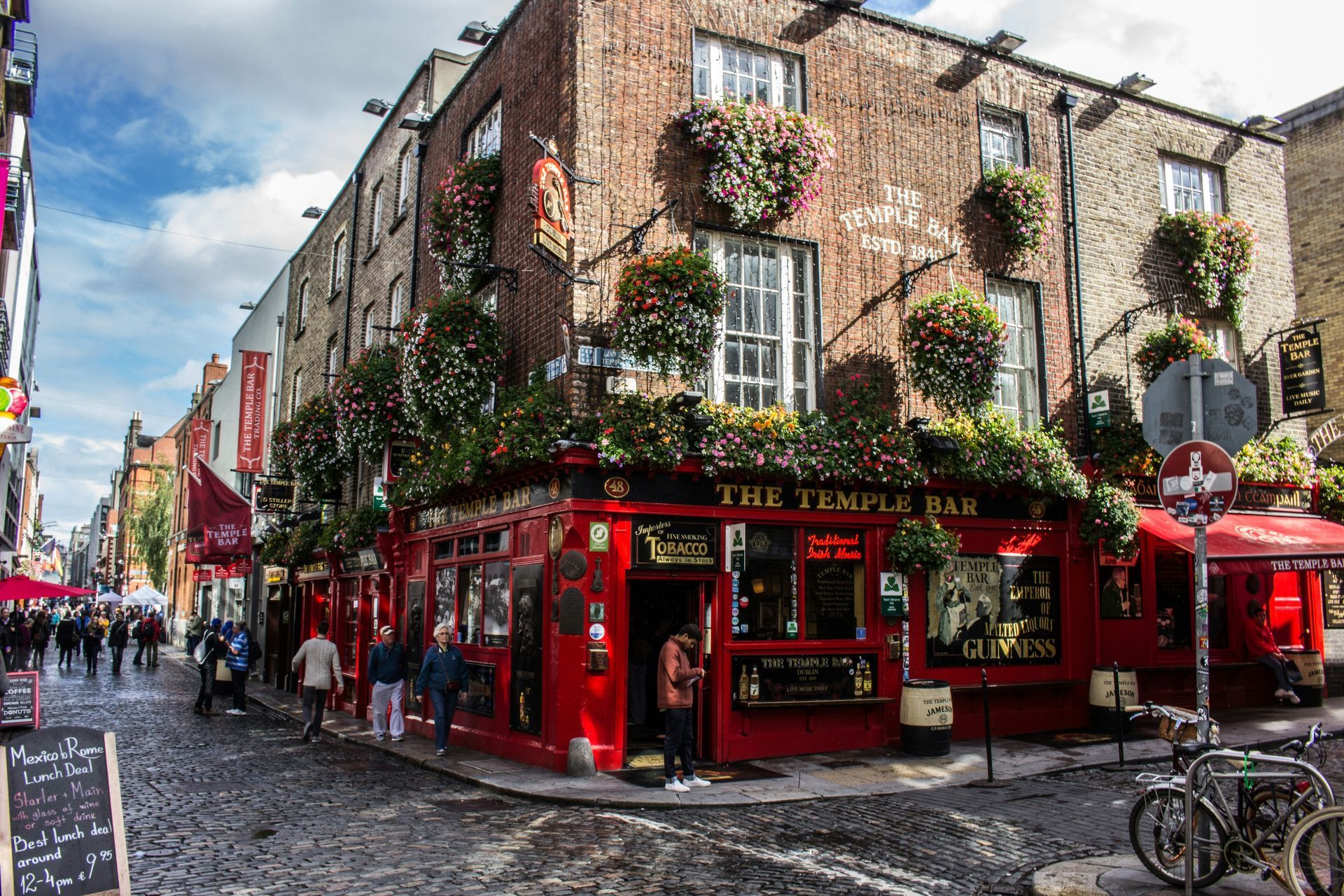
Slide title
Dublin
Button
Slide title
Dublin
Button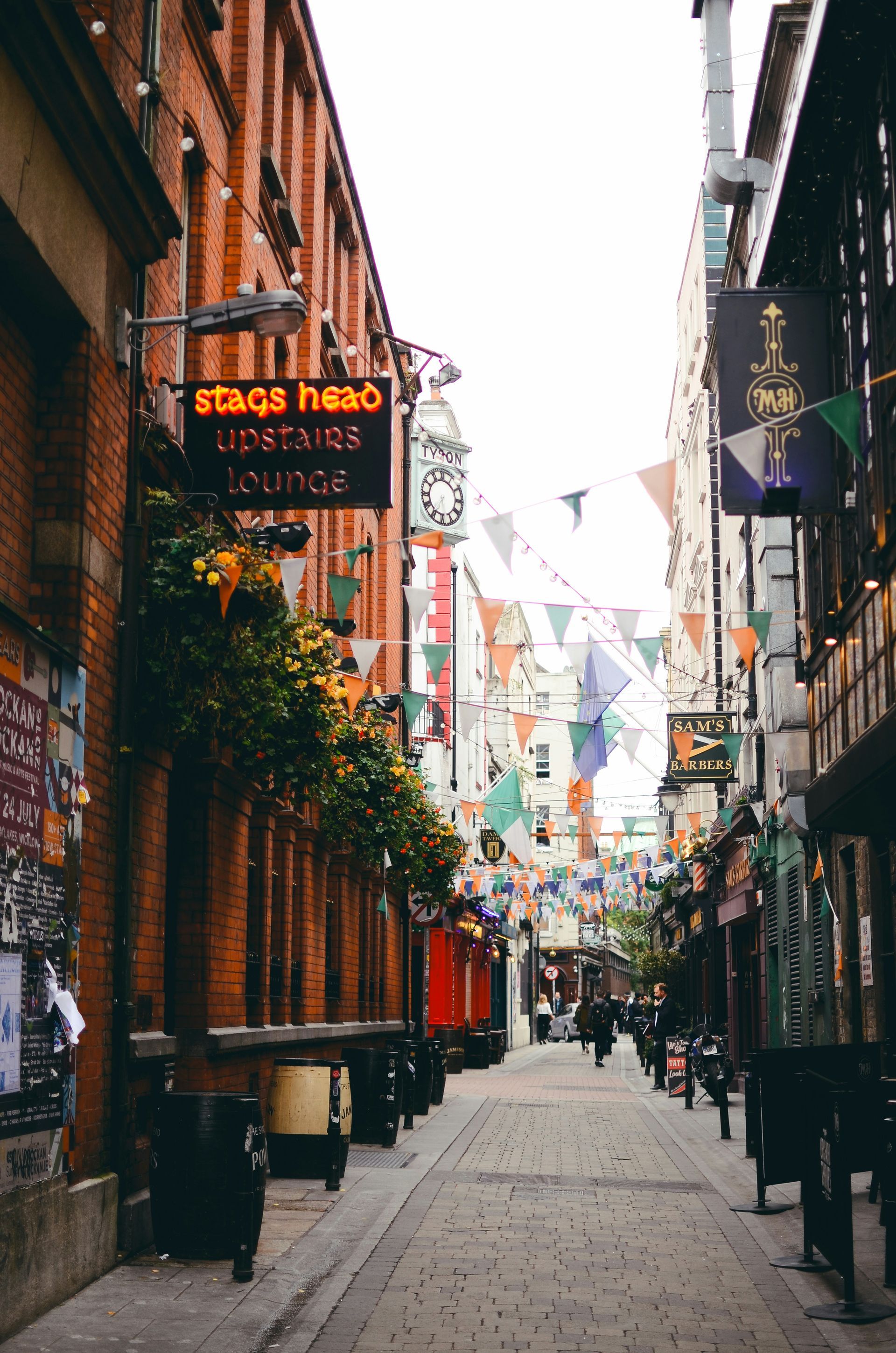
Slide title
Dublin
Button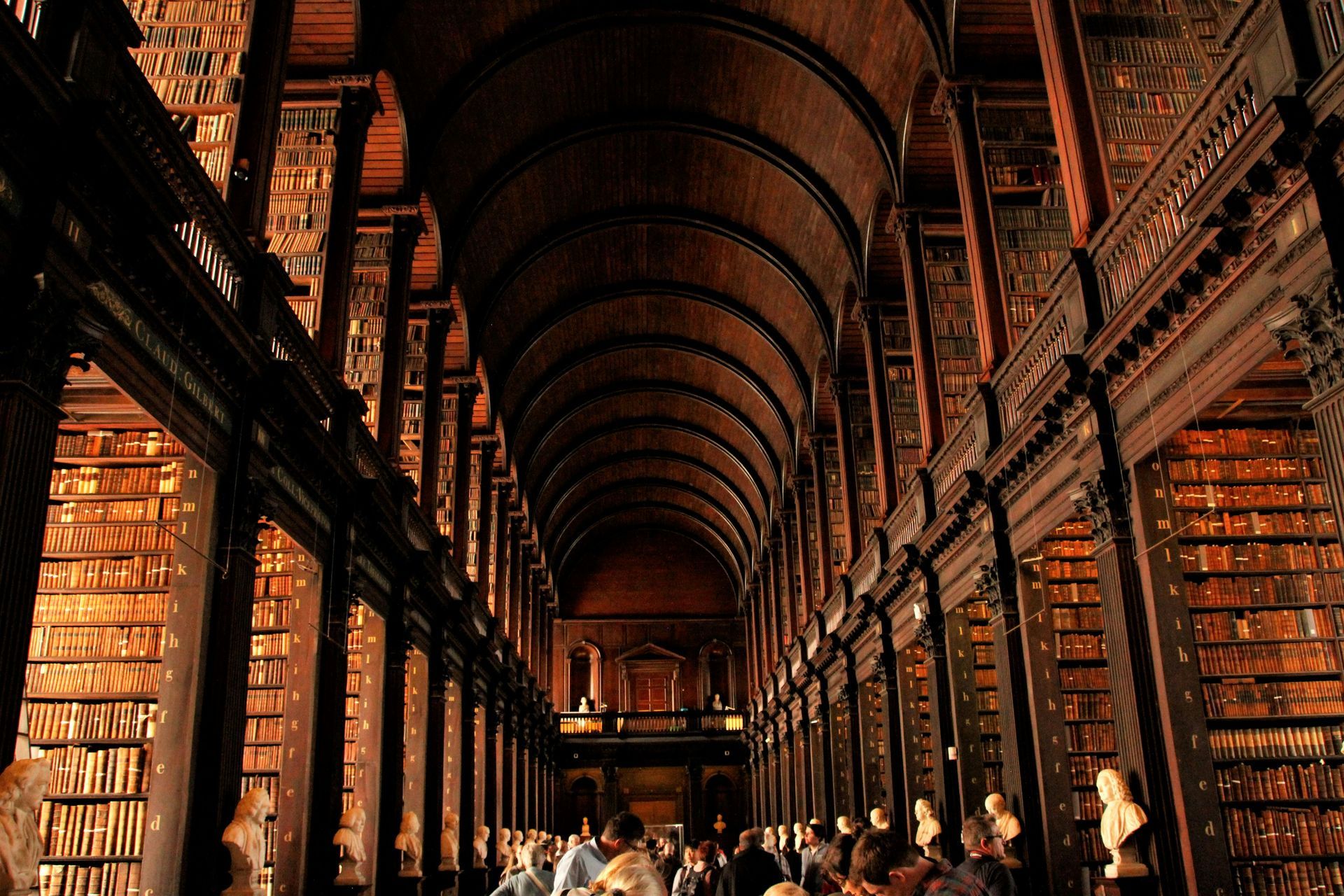
Slide title
Dublin
Button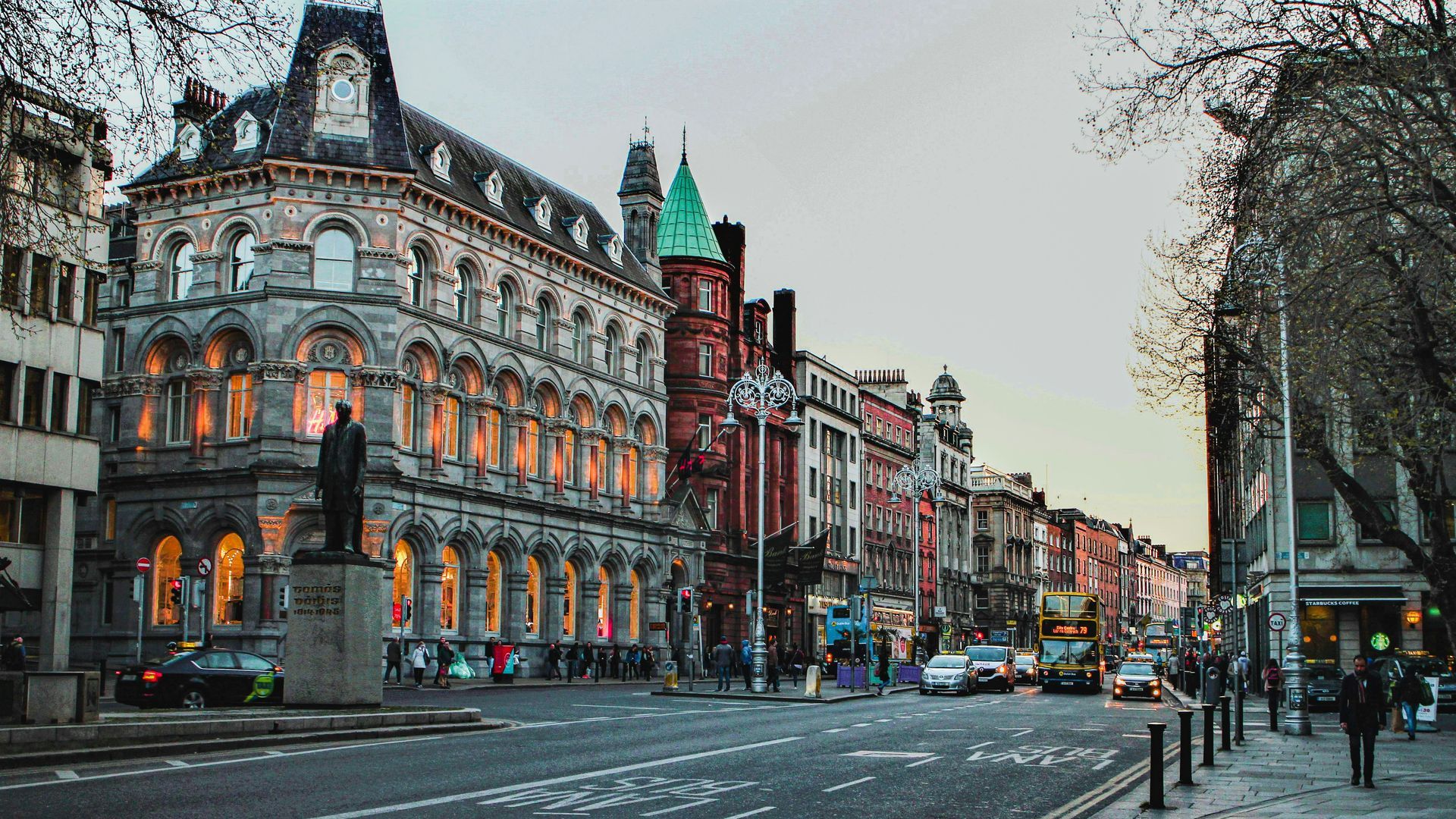
Slide title
Dublin
Button
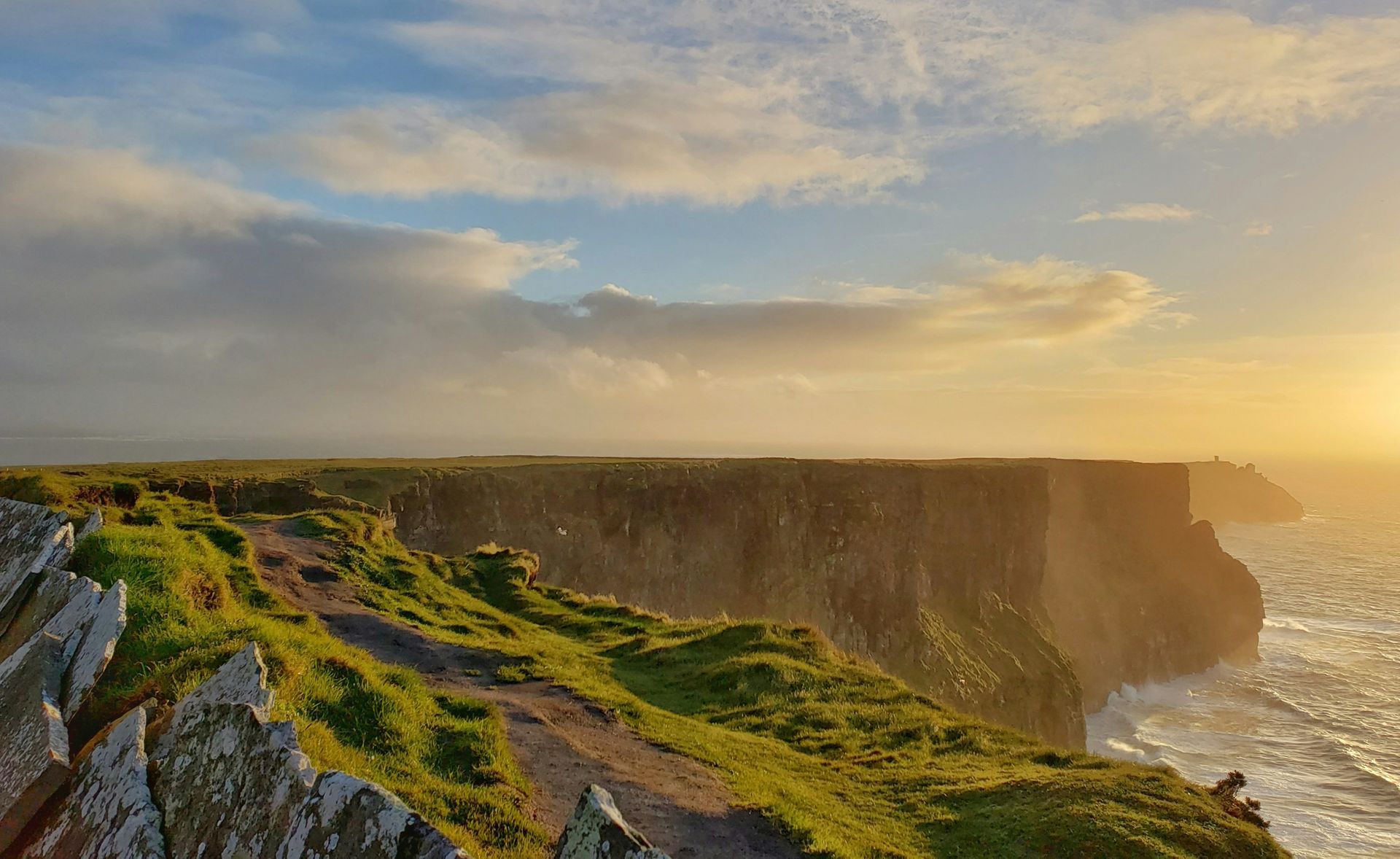
Slide title
Cliffs of Moher
Button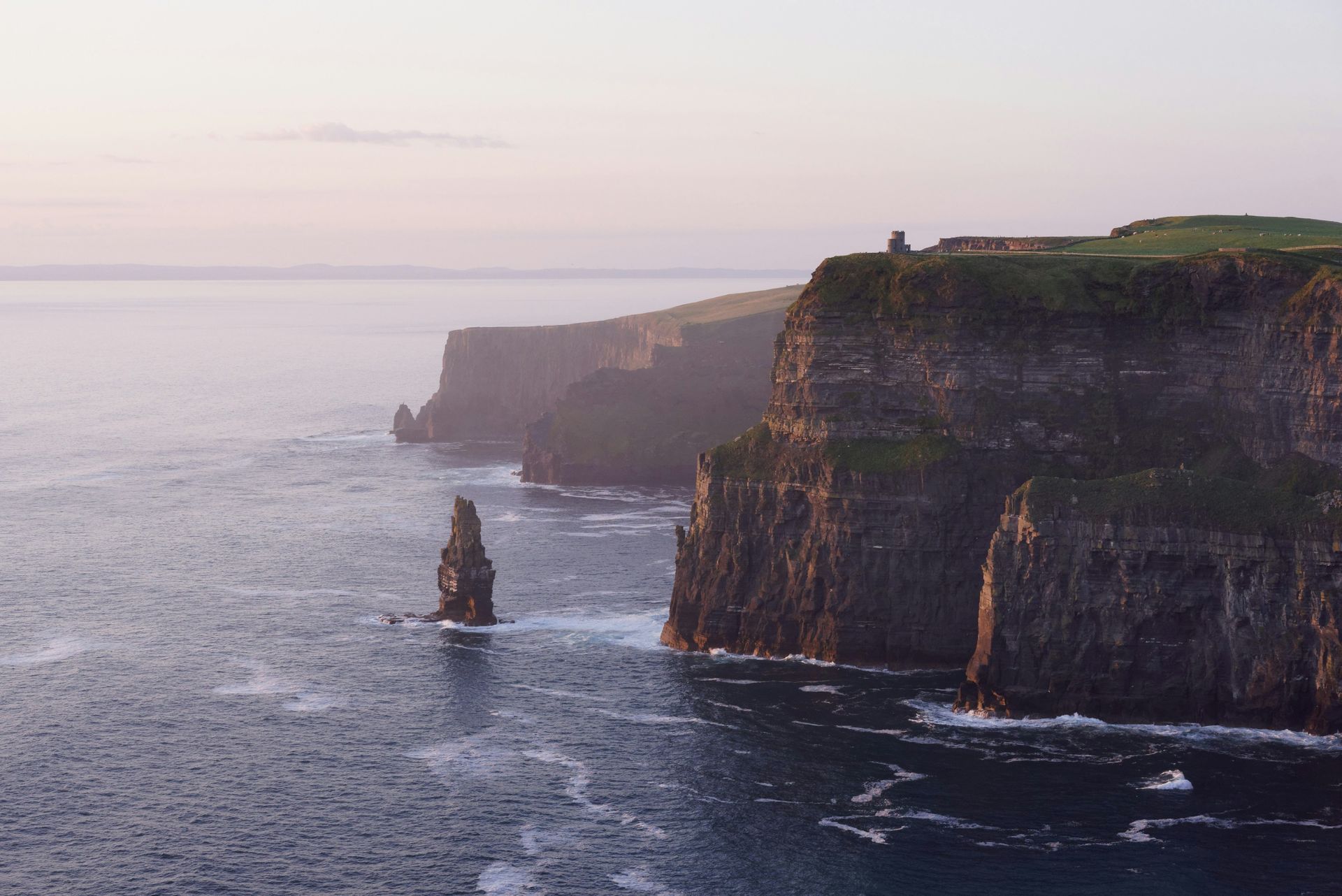
Slide title
Cliffs of Moher
Button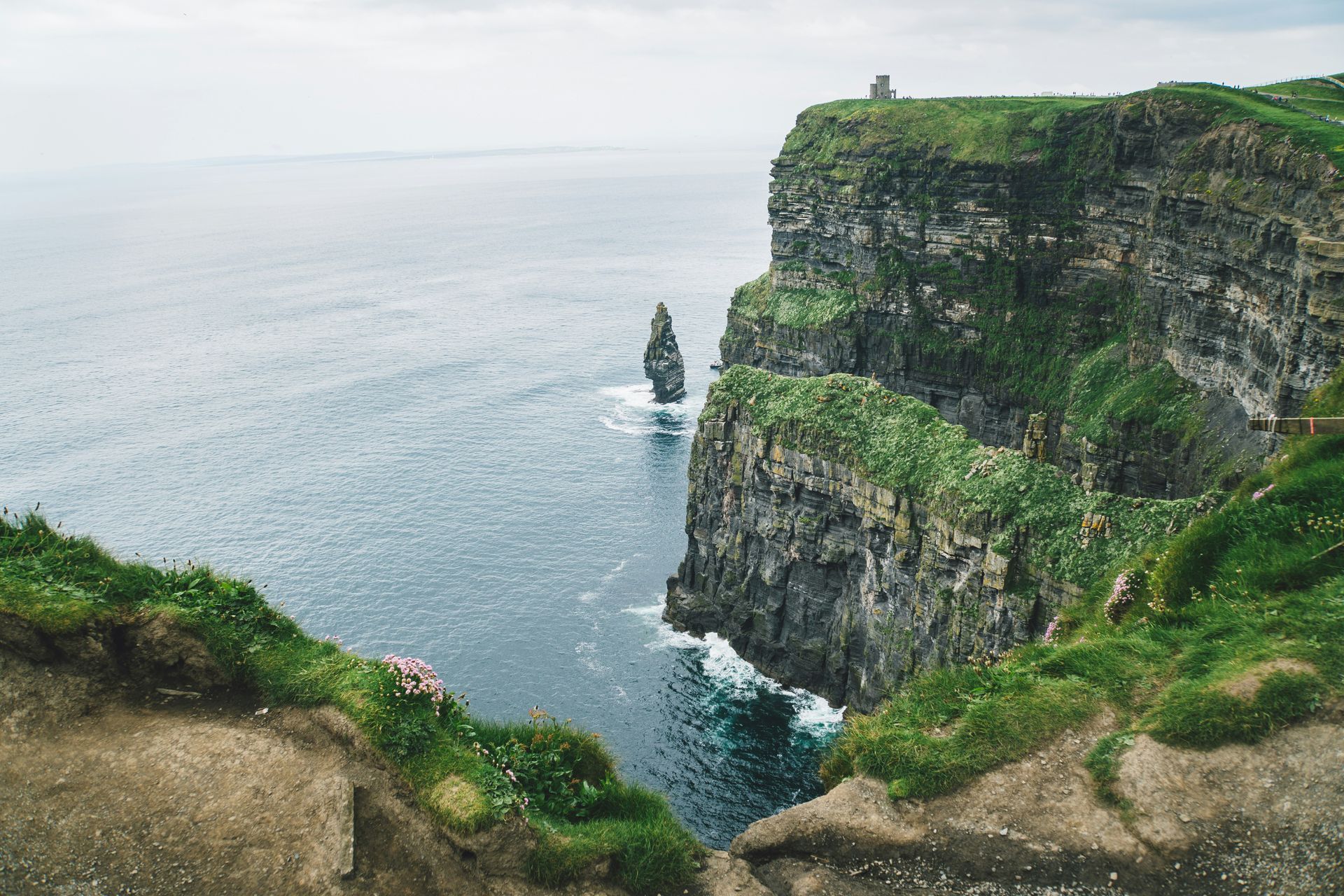
Slide title
Cliffs of Moher
Button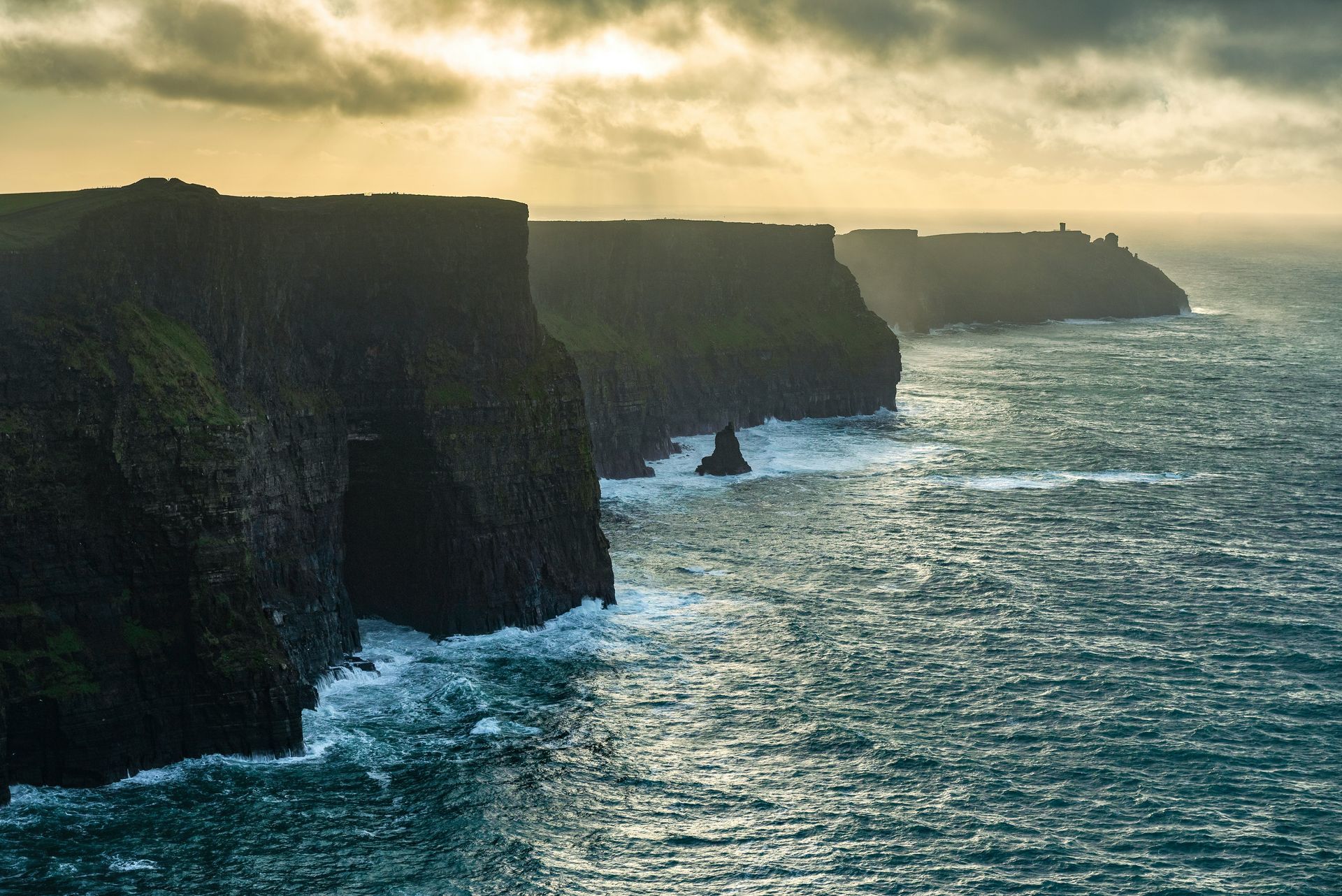
Slide title
Cliffs of Moher
Button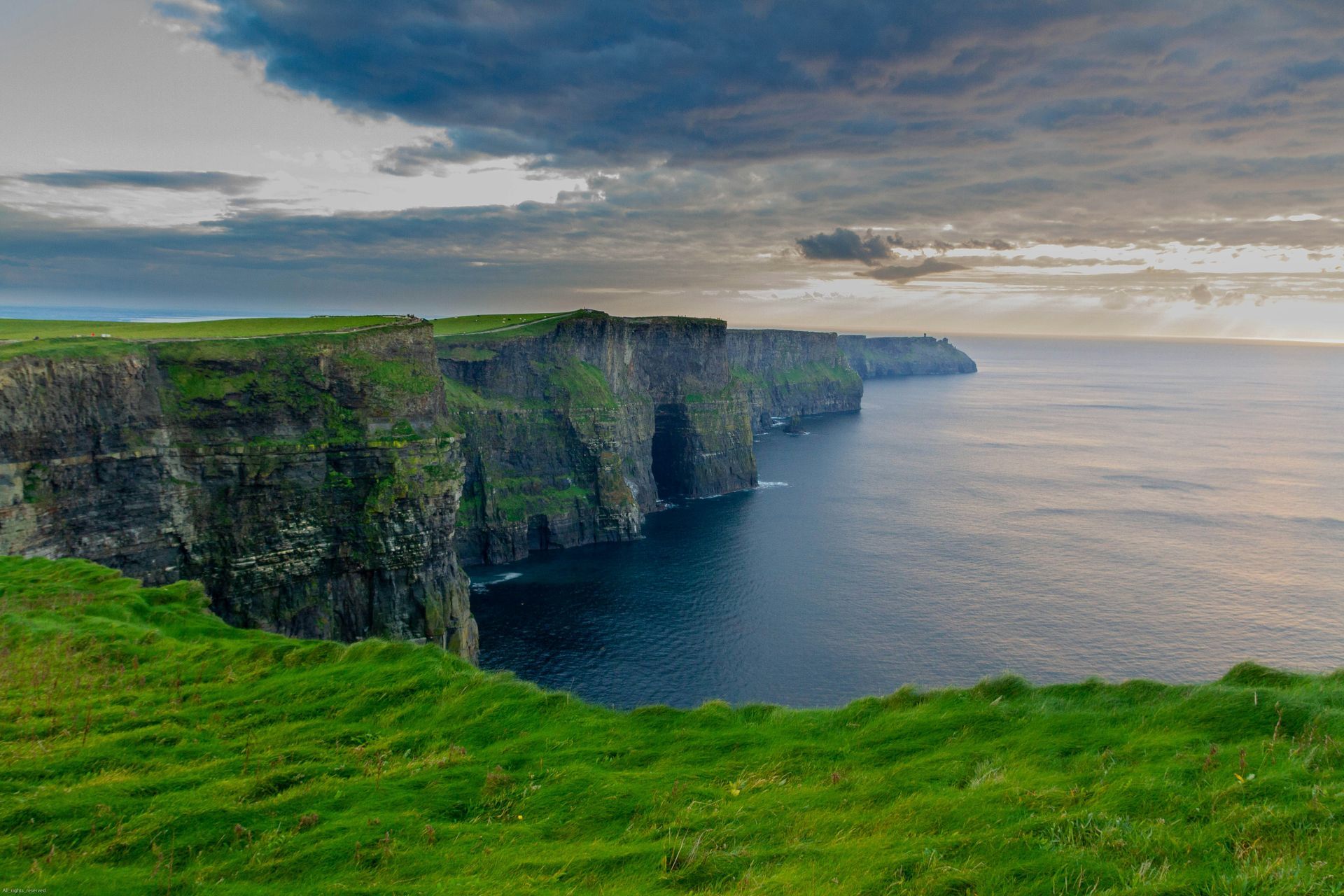
Slide title
Cliffs of Moher
Button
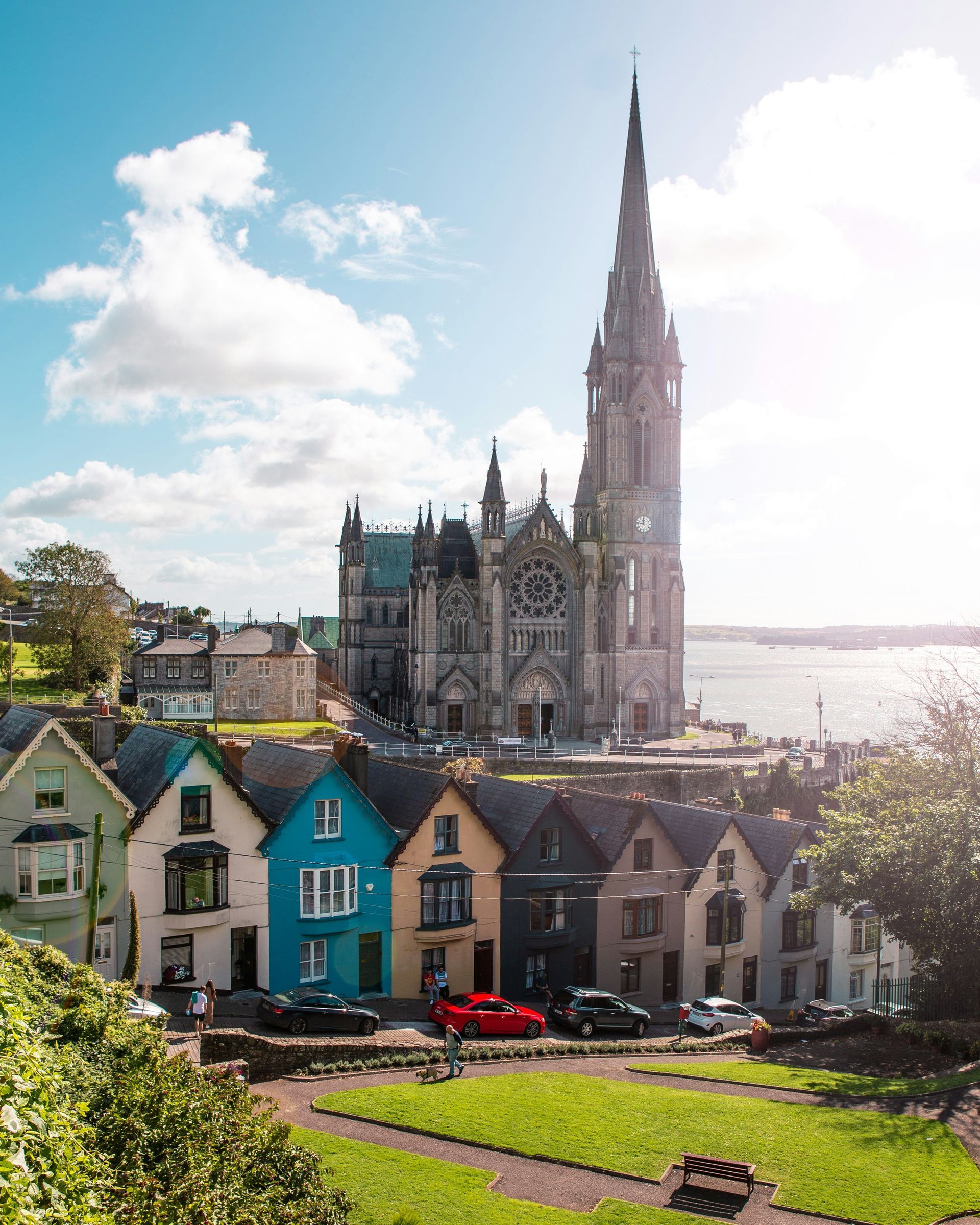
Slide title
Cork
Button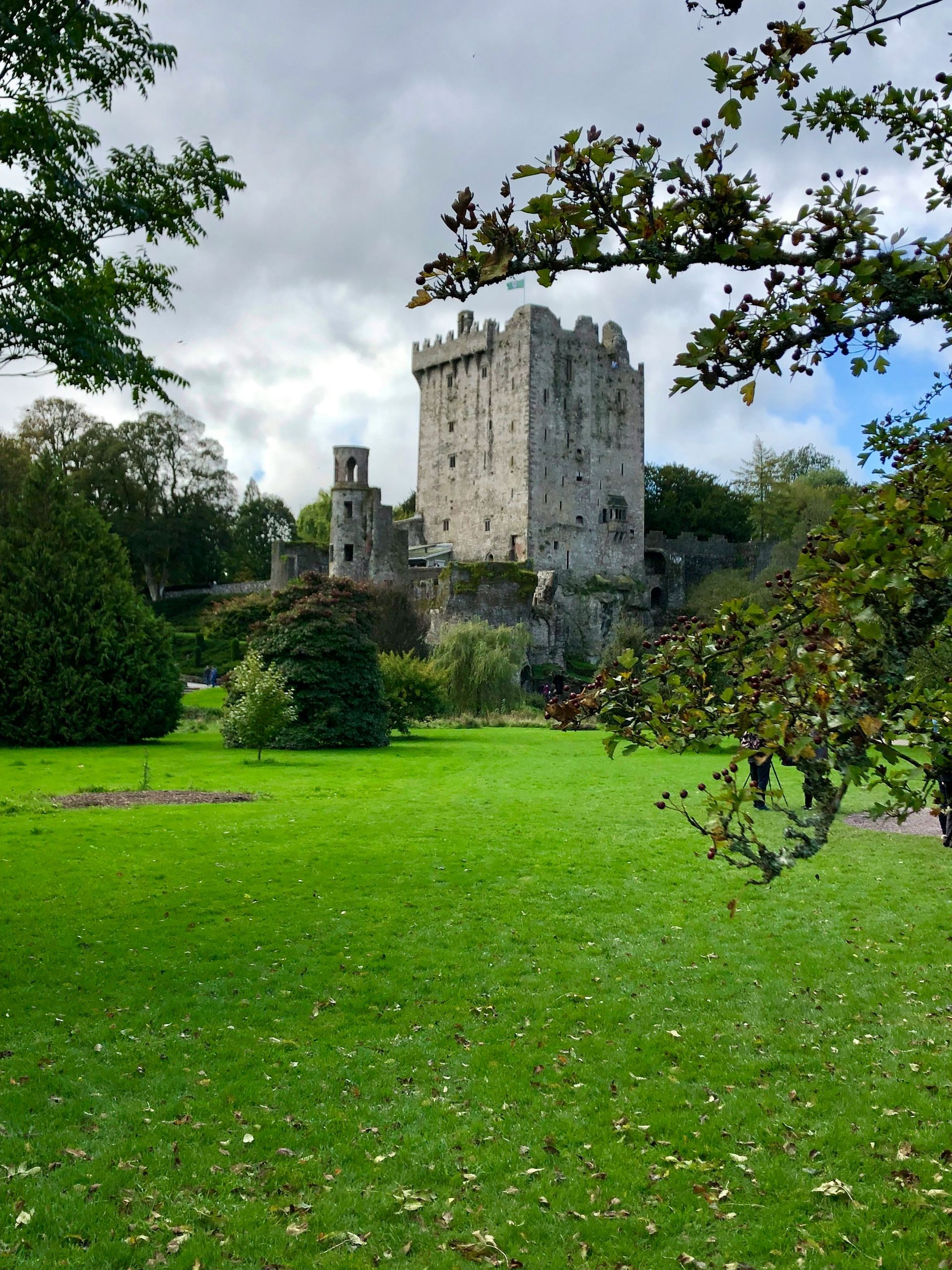
Slide title
Cork
Button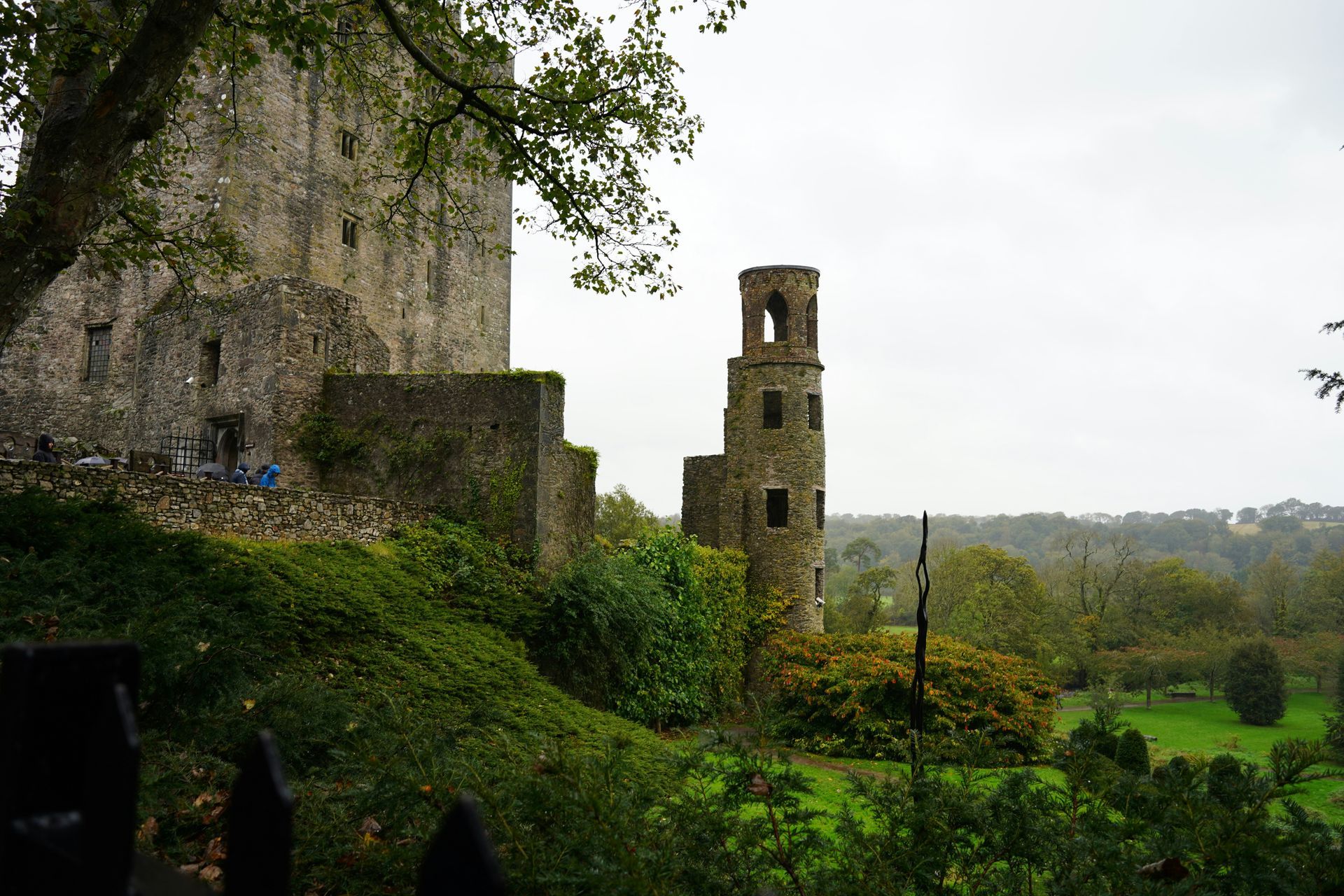
Slide title
Cork
Button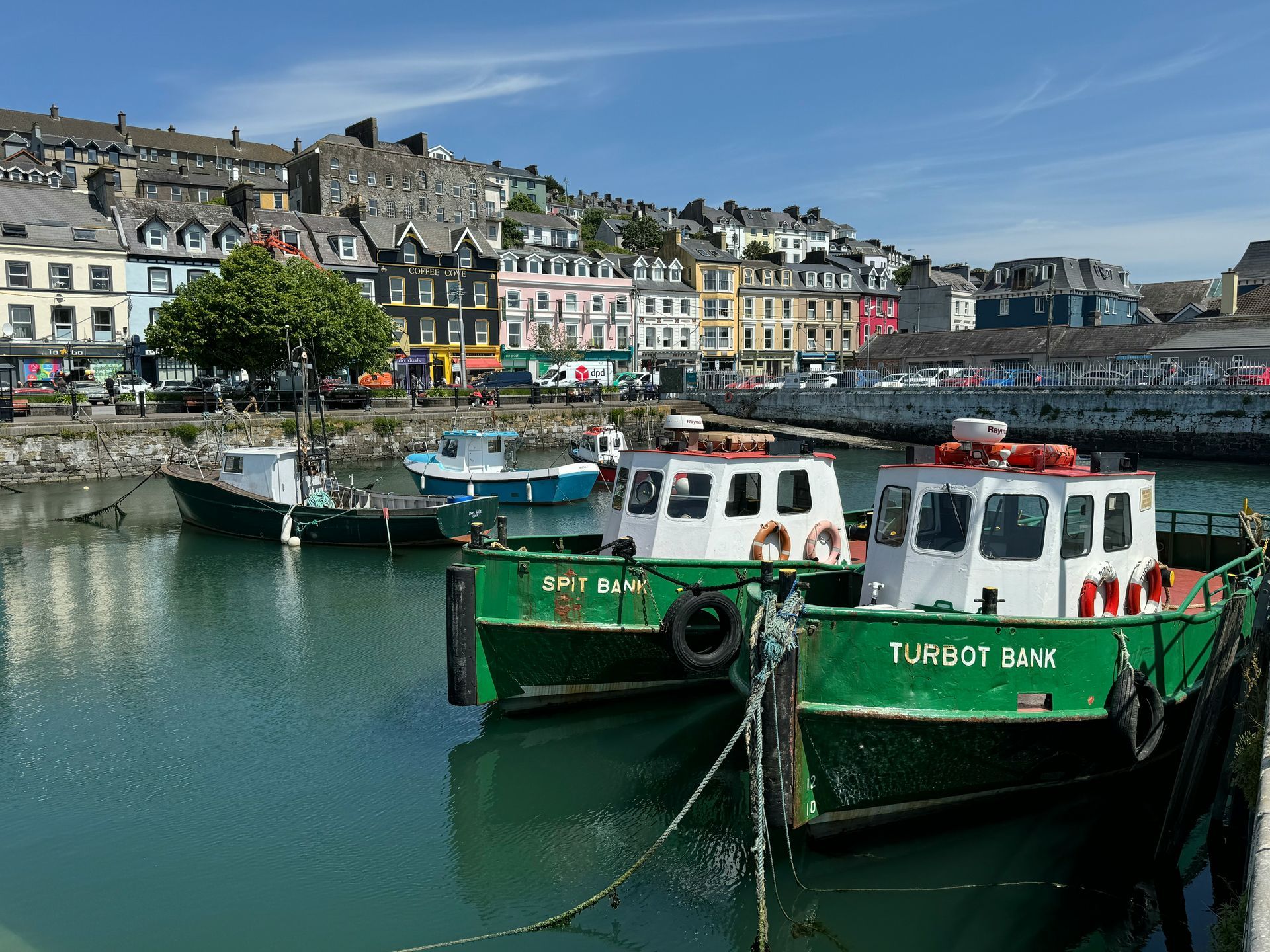
Slide title
Cork
Button
Slide title
Cork
Button
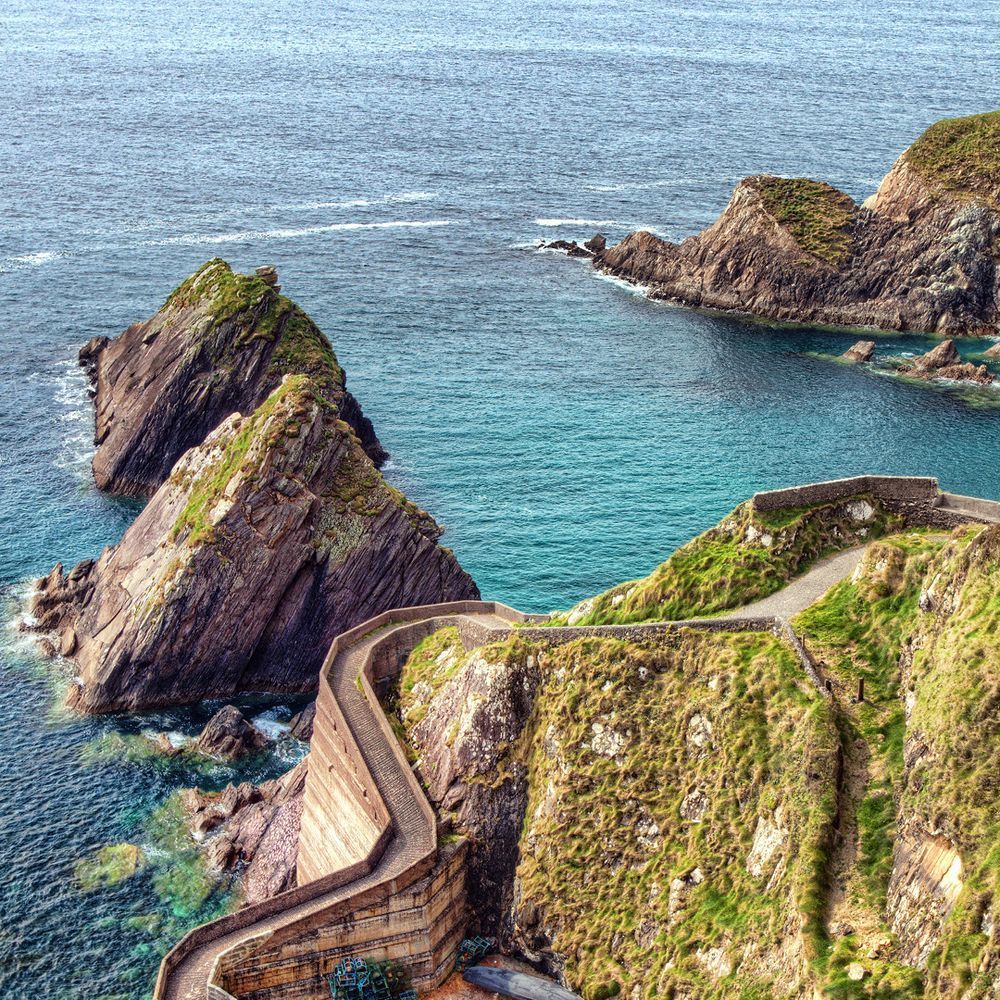
Slide title
Dingle Peninsula
Button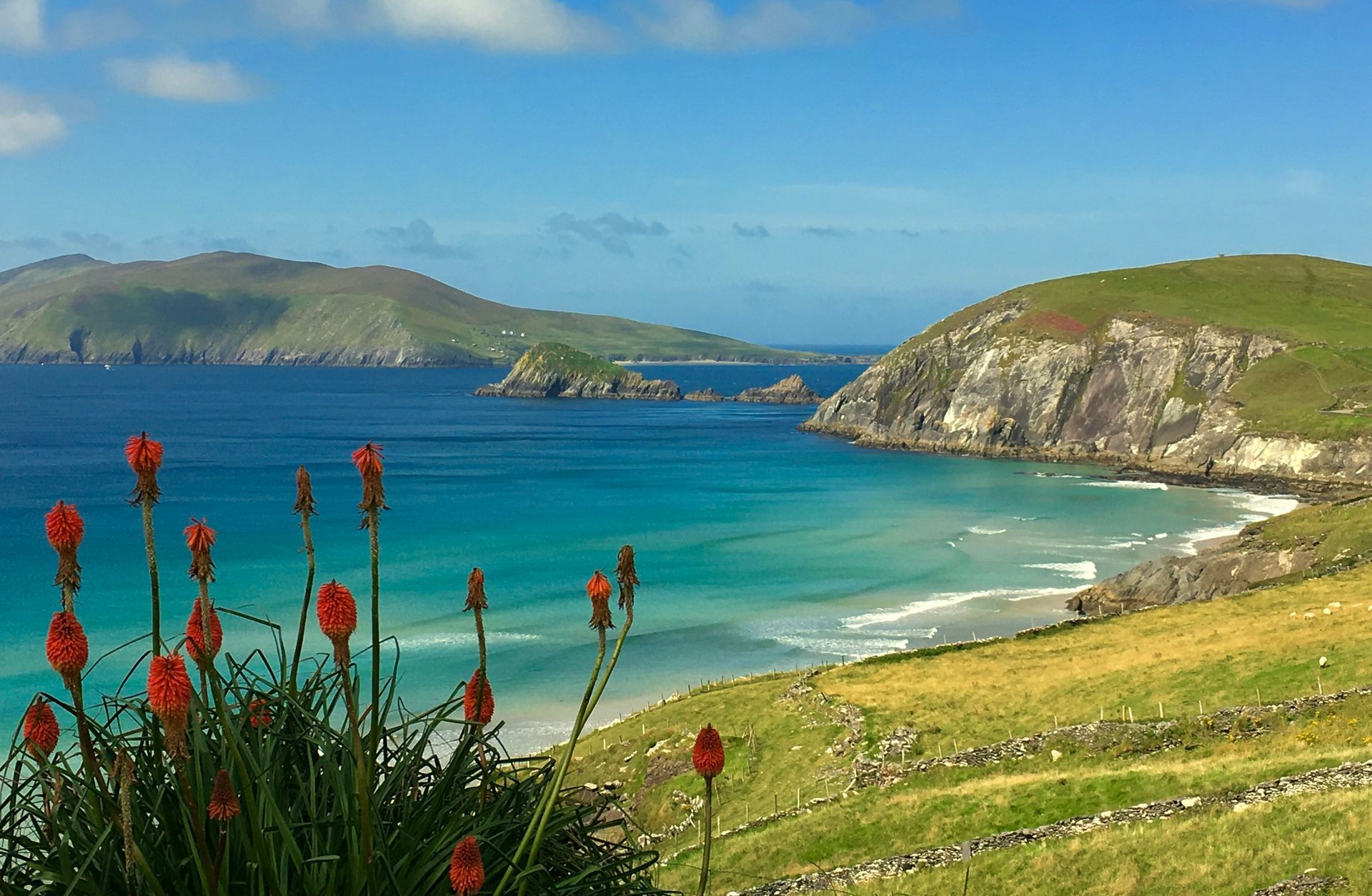
Slide title
Dingle Peninsula
Button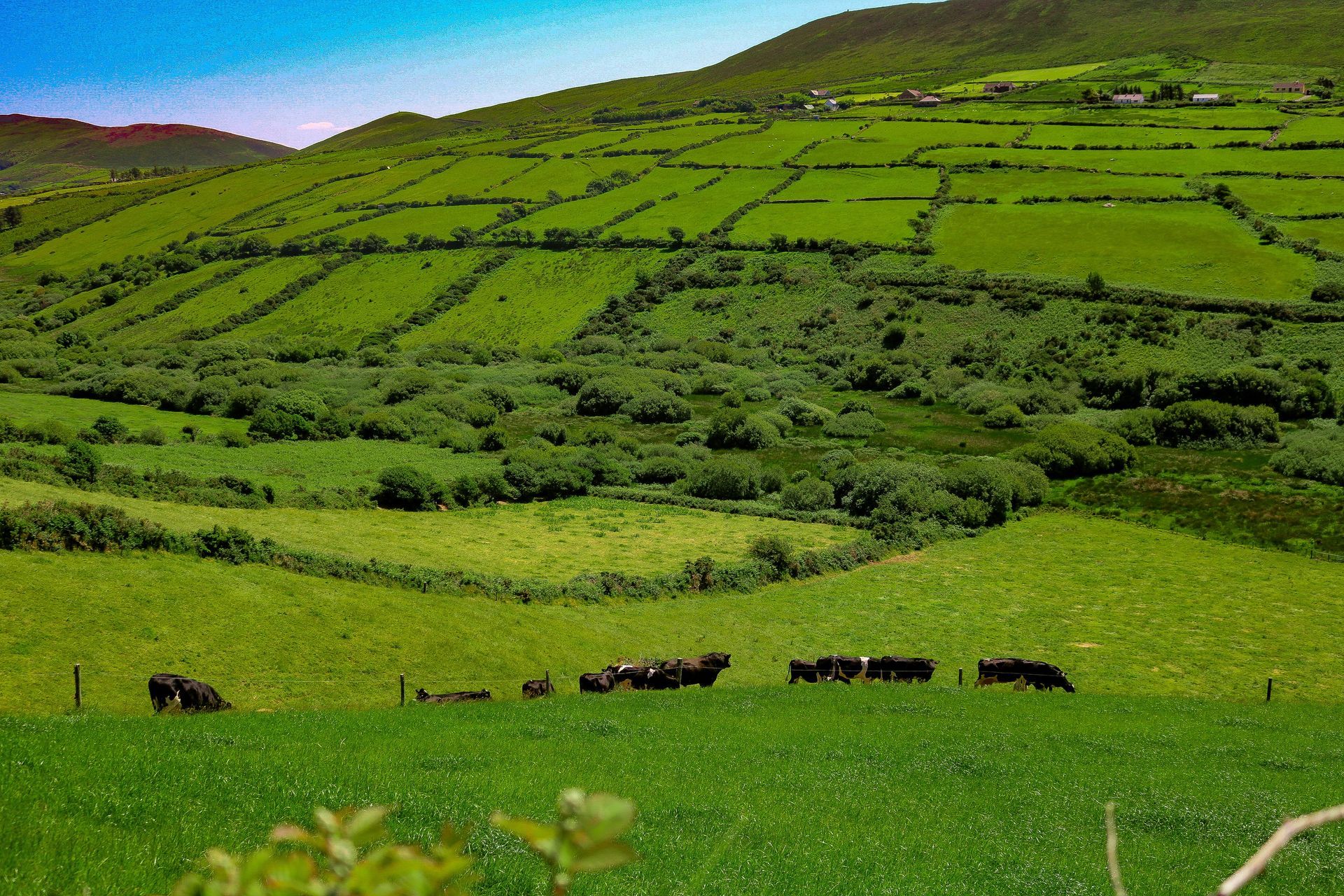
Slide title
Dingle Peninsula
Button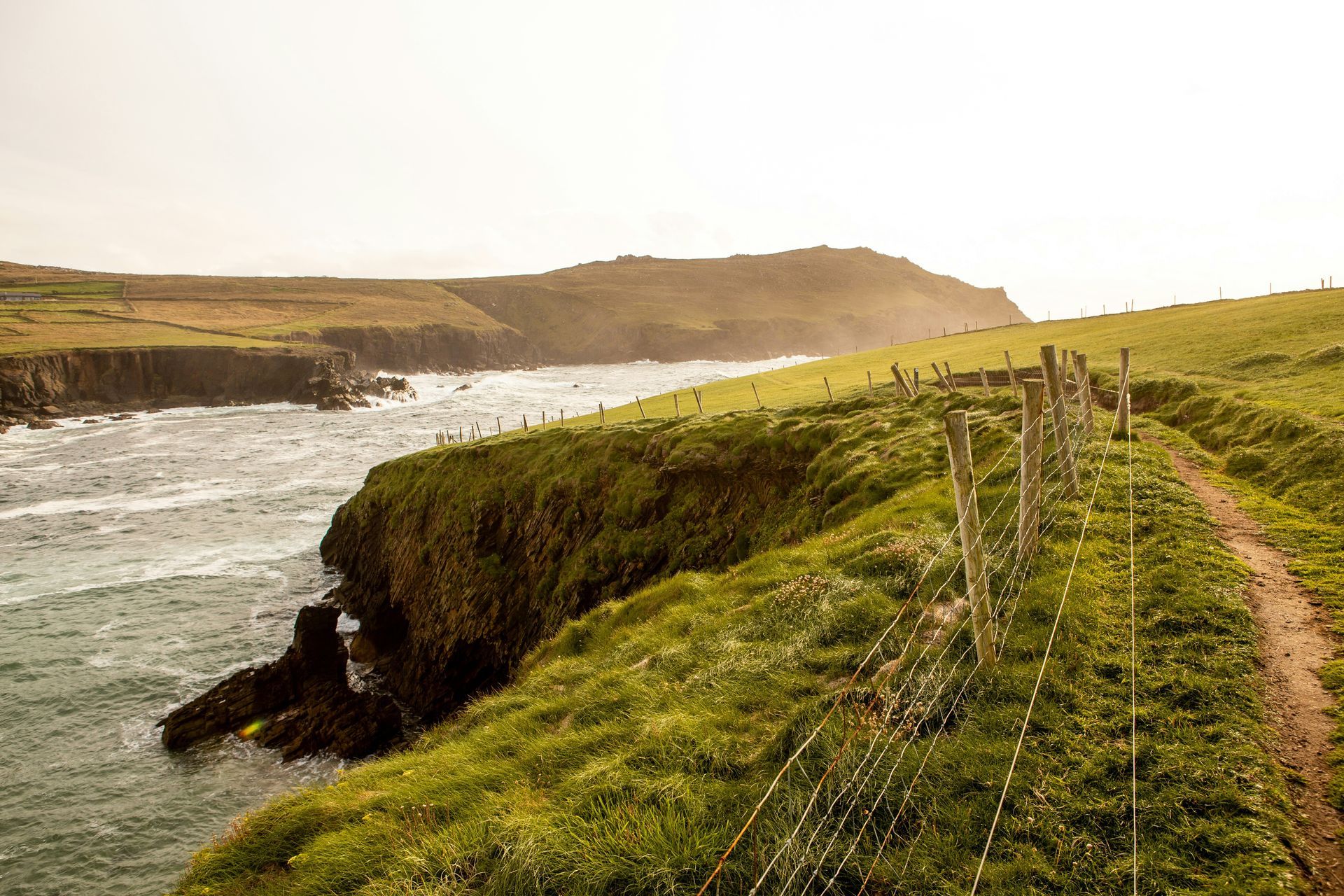
Slide title
Dingle Peninsula
Button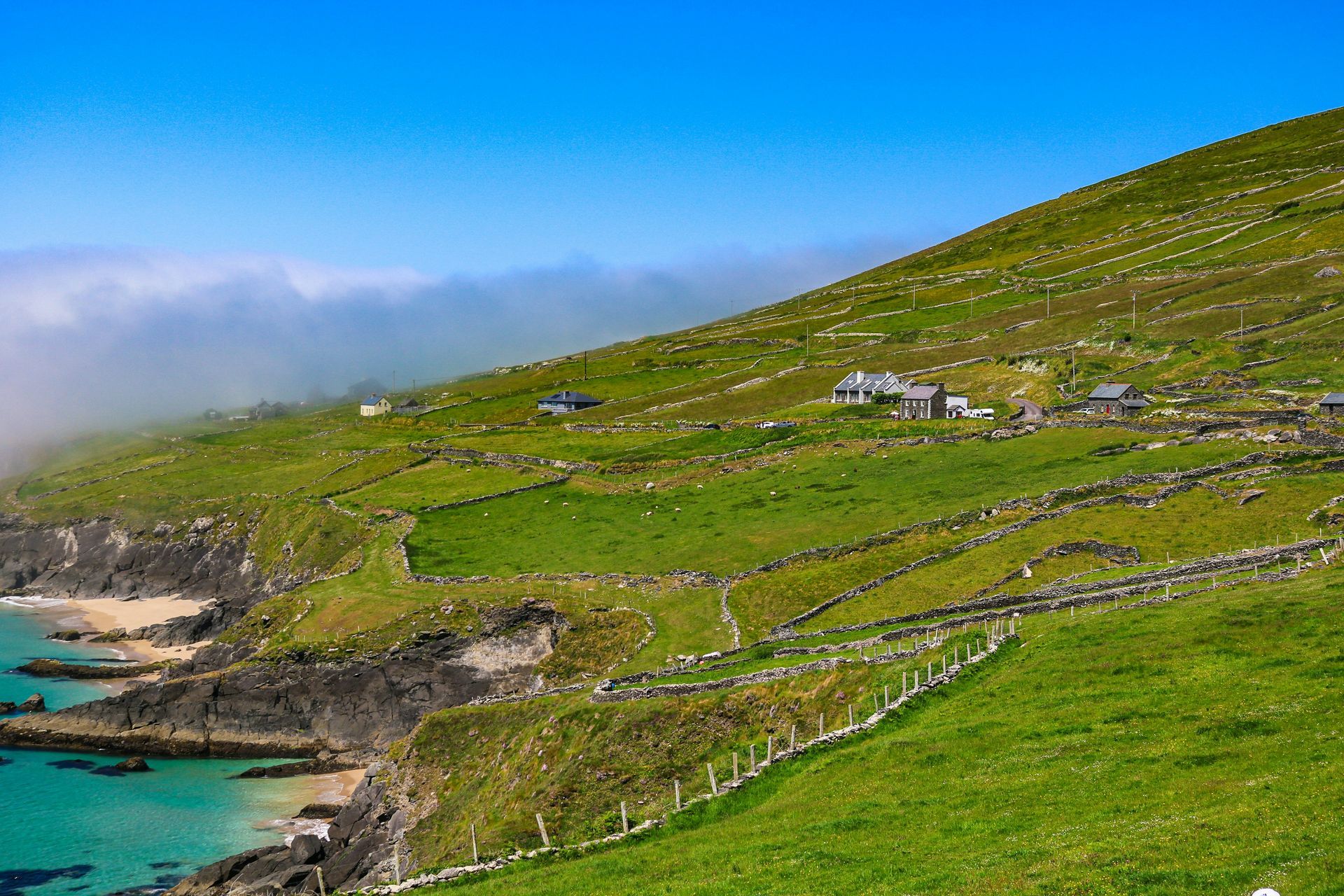
Slide title
Dingle Peninsula
Button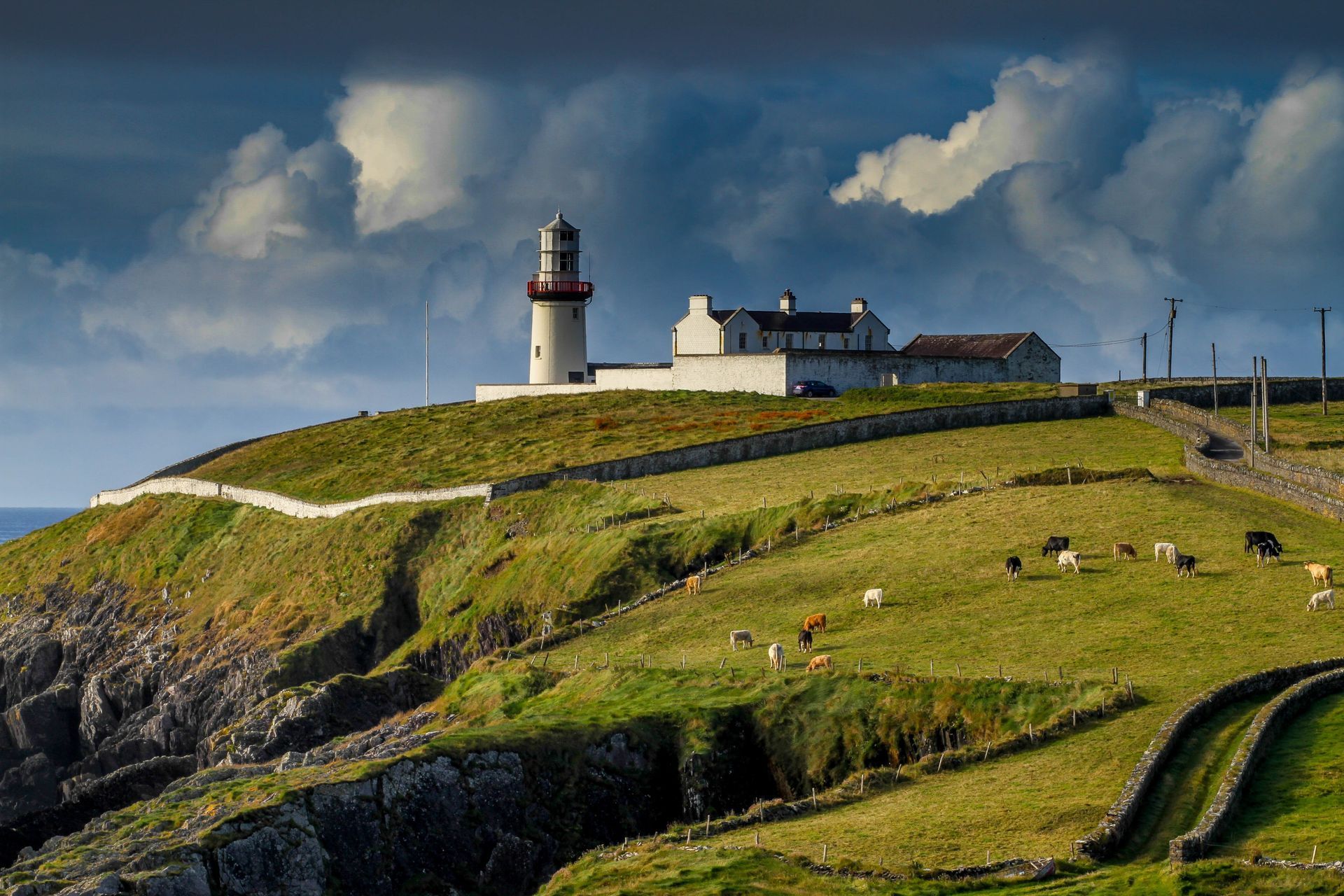
Slide title
Dingle Peninsula
Button
Slide title
Dingle Peninsula
Button
Slide title
Dingle Peninsula
Button
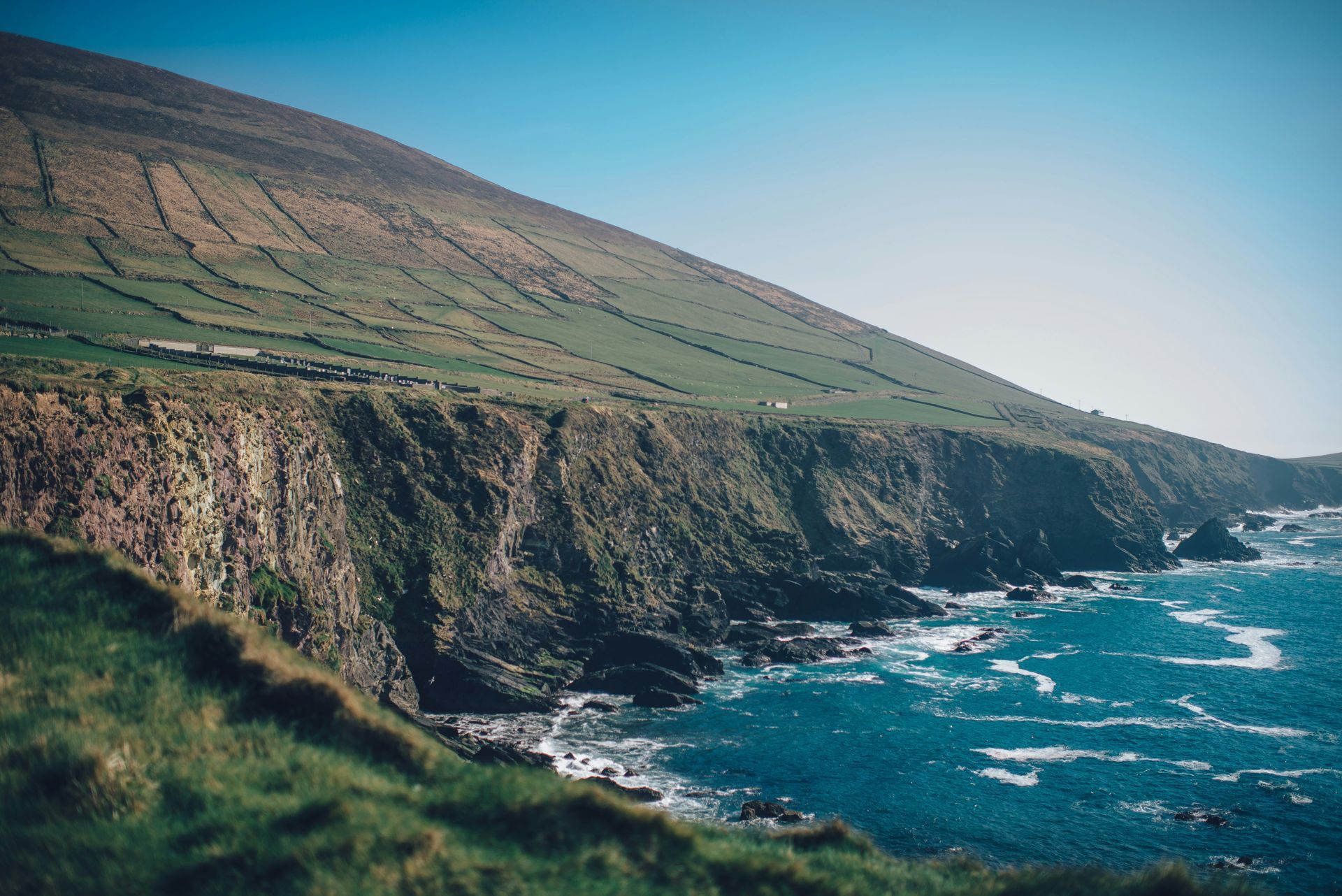
Slide title
Ring of Kerry
Button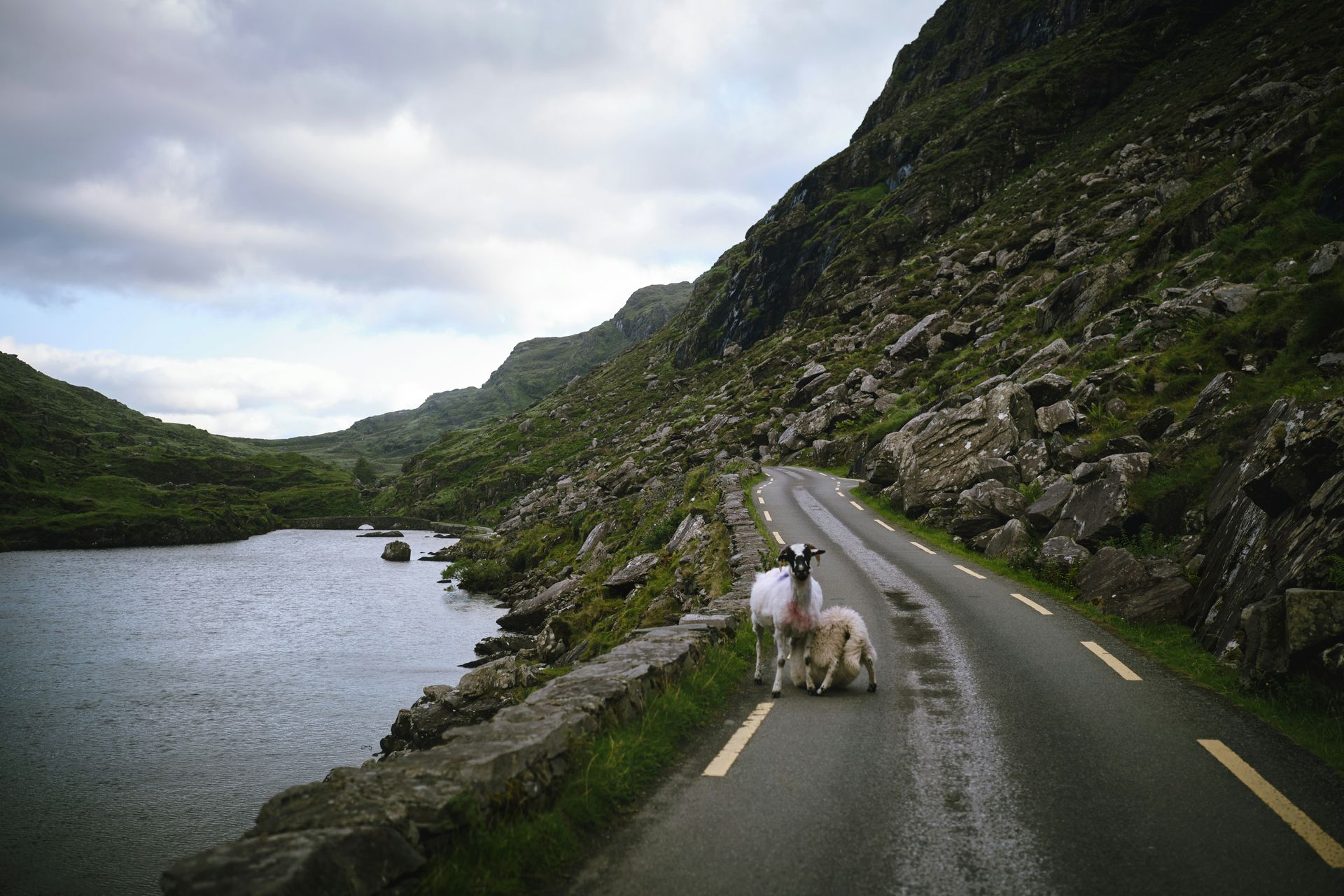
Slide title
Ring of Kerry
Button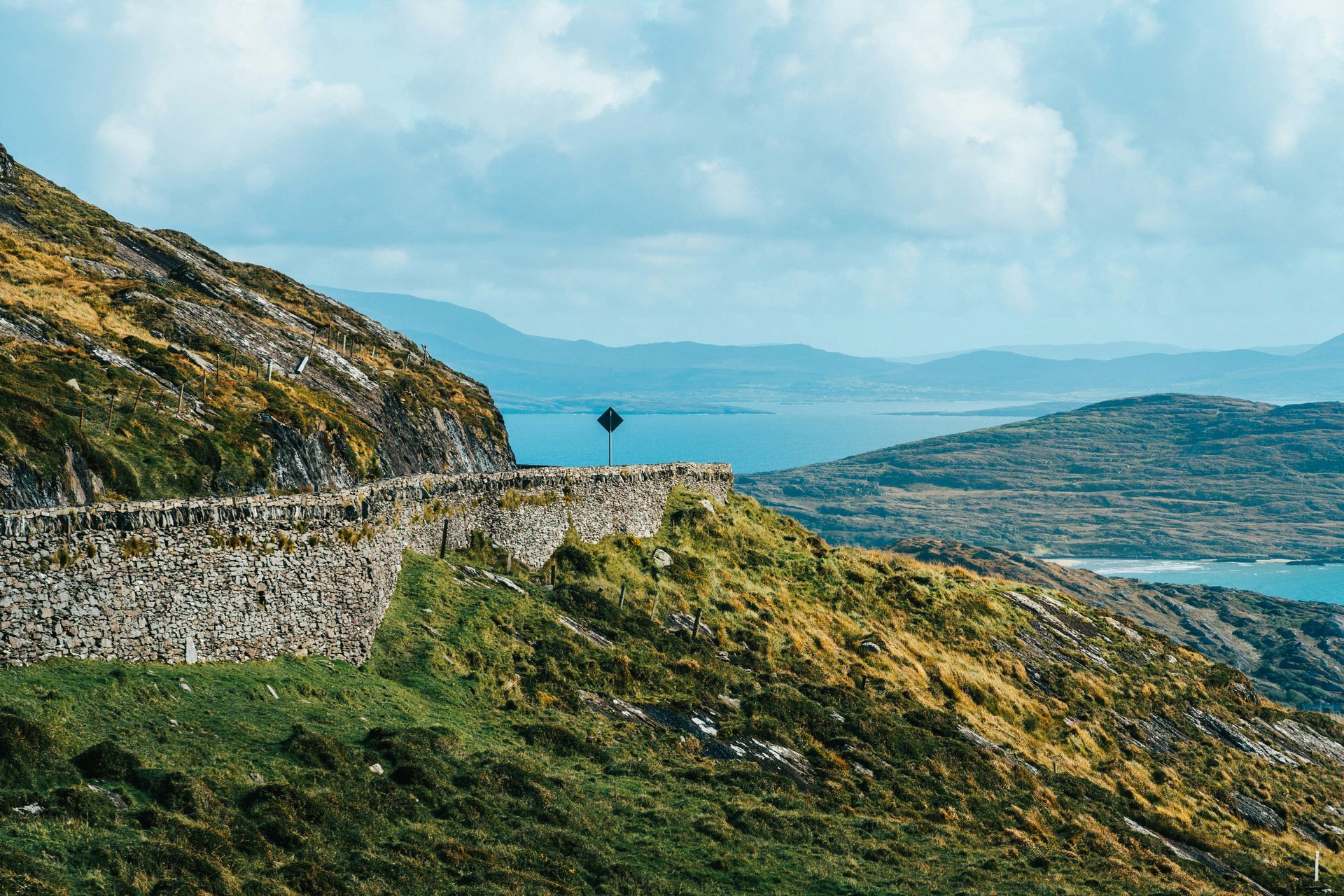
Slide title
Ring of Kerry
Button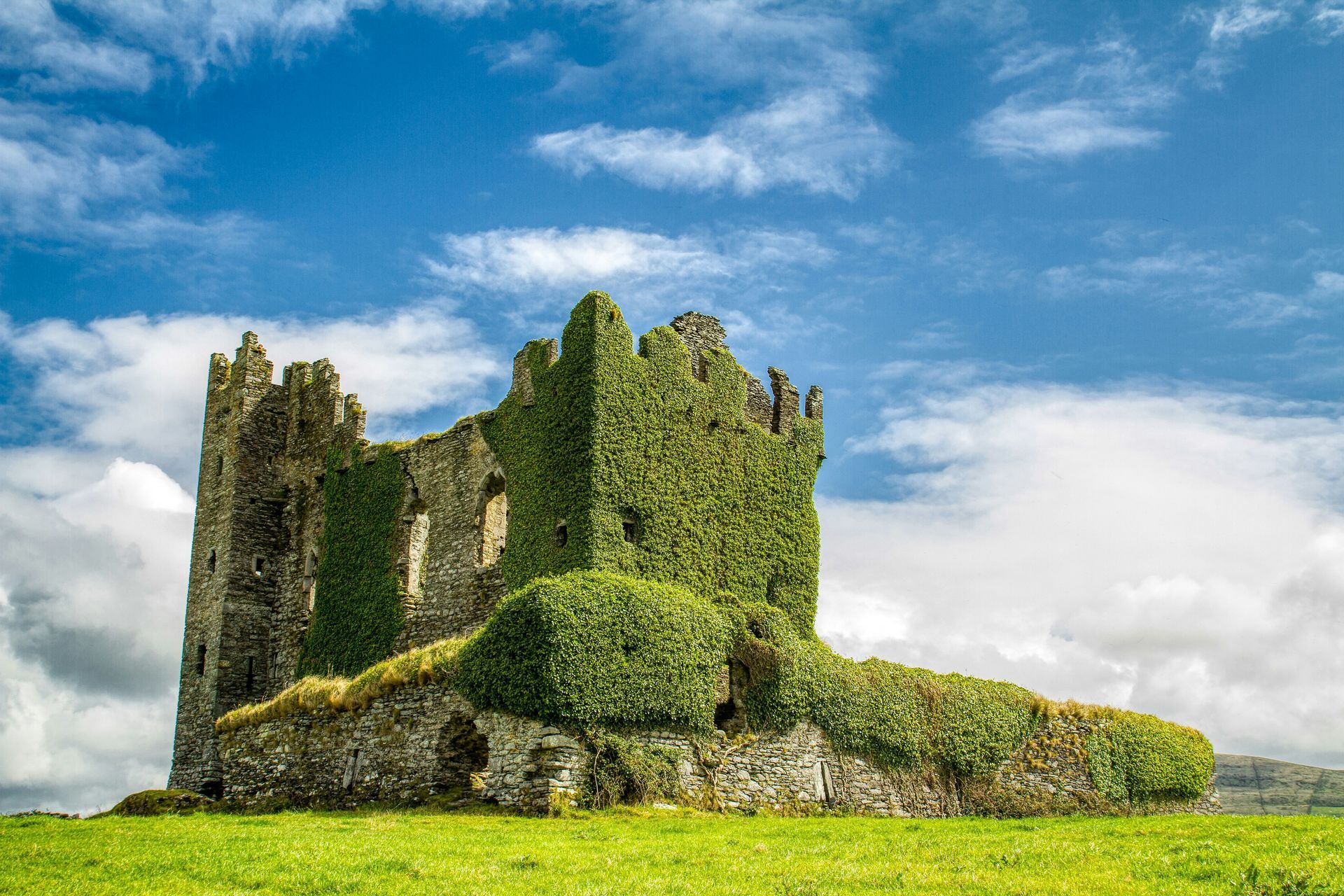
Slide title
Ring of Kerry
Button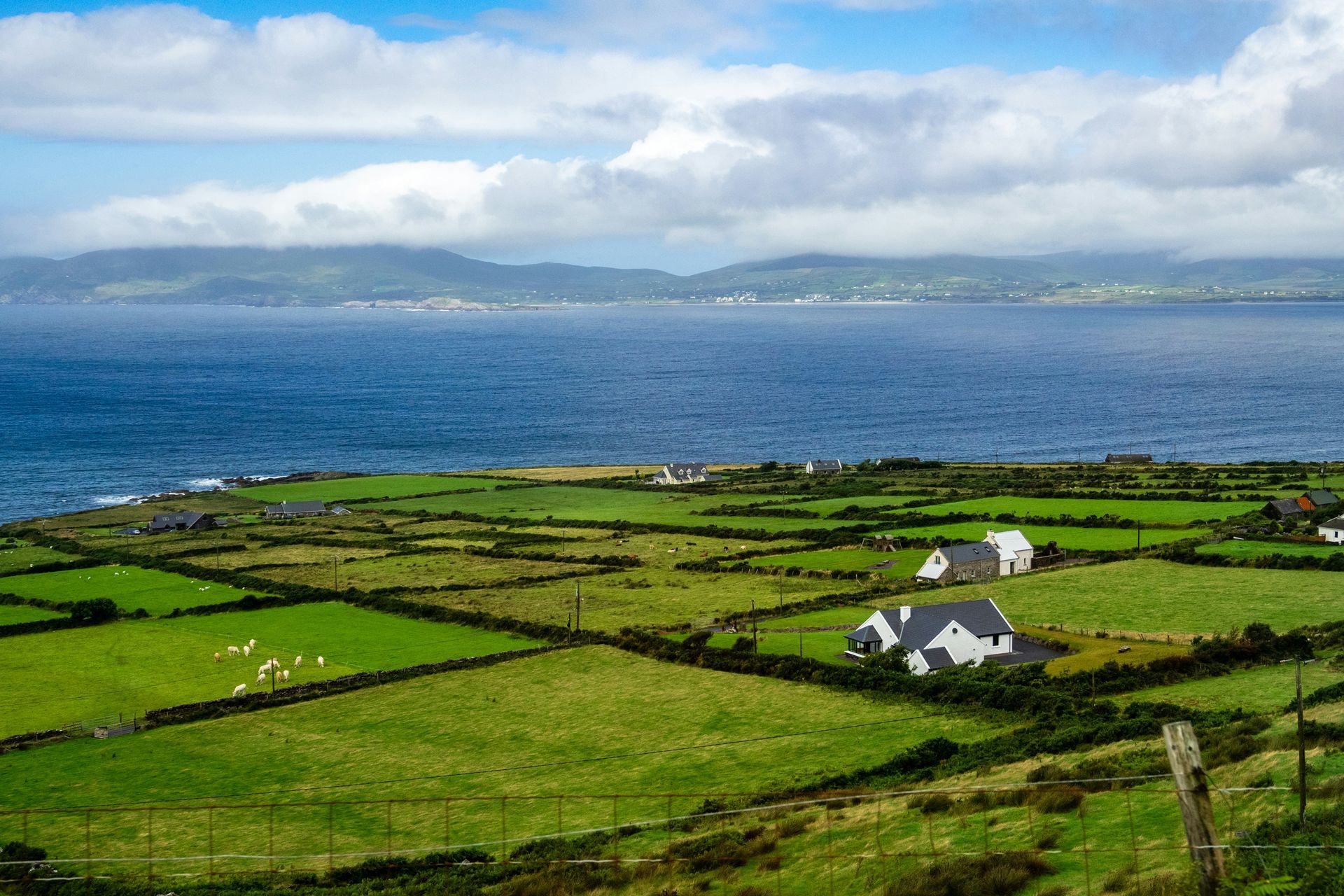
Slide title
Ring of Kerry
Button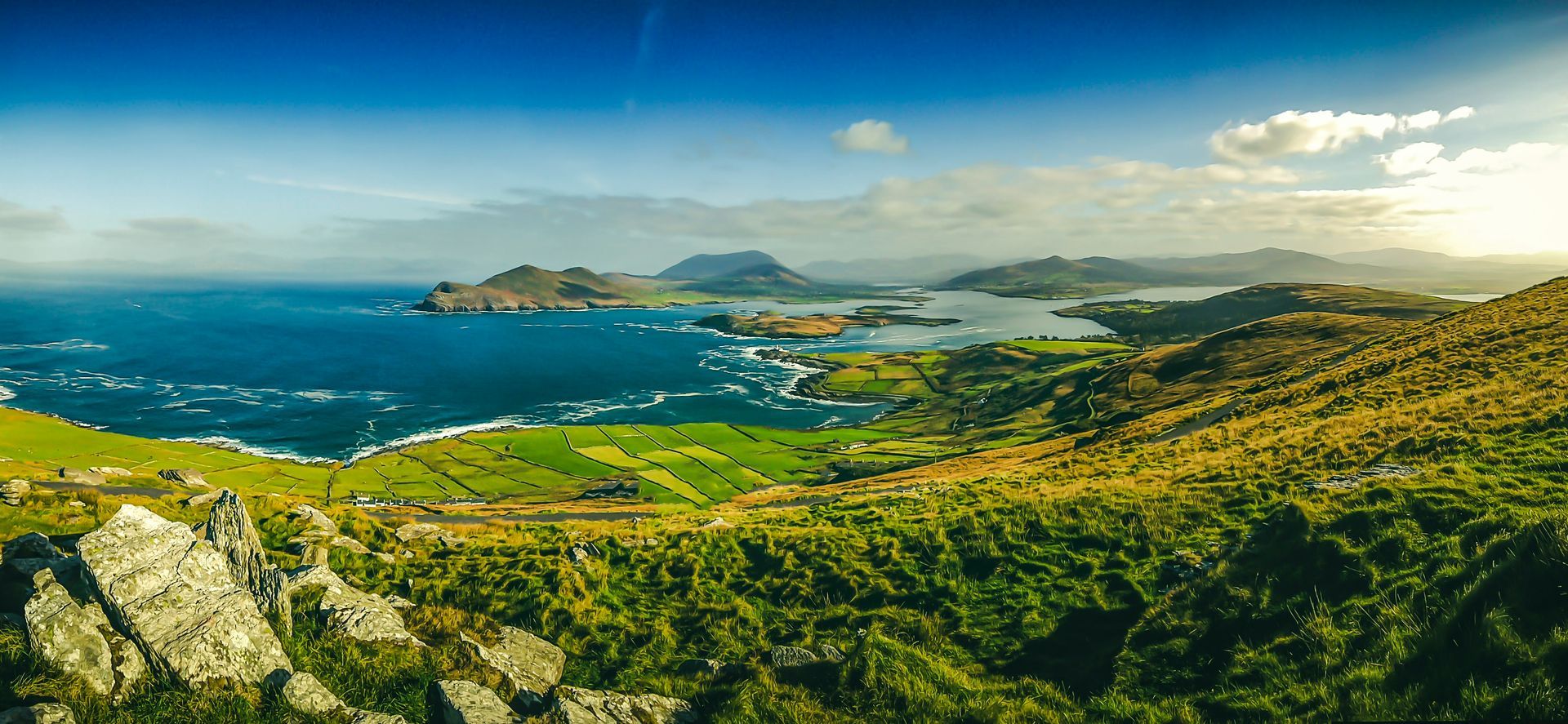
Slide title
Ring of Kerry
Button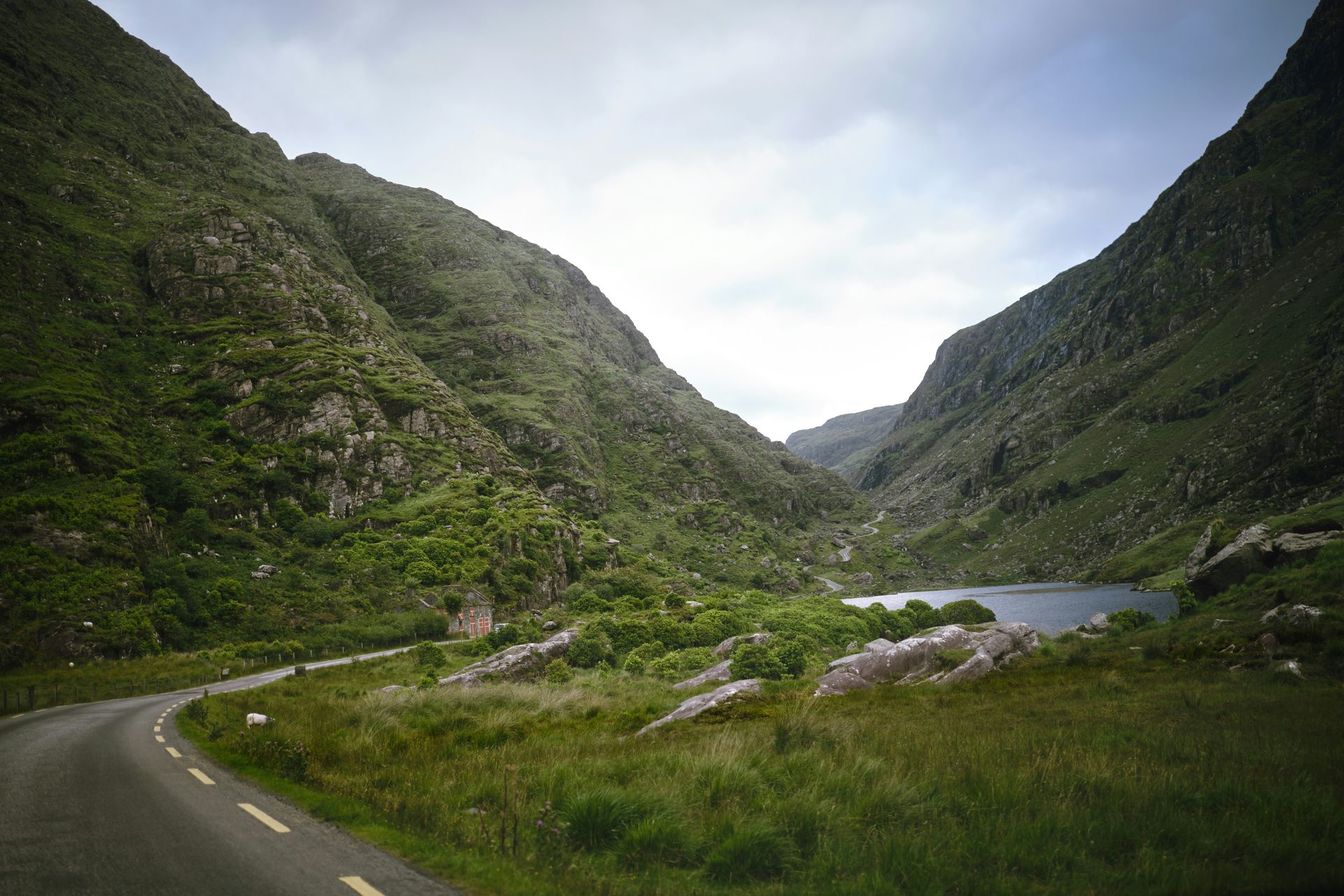
Slide title
Ring of Kerry
Button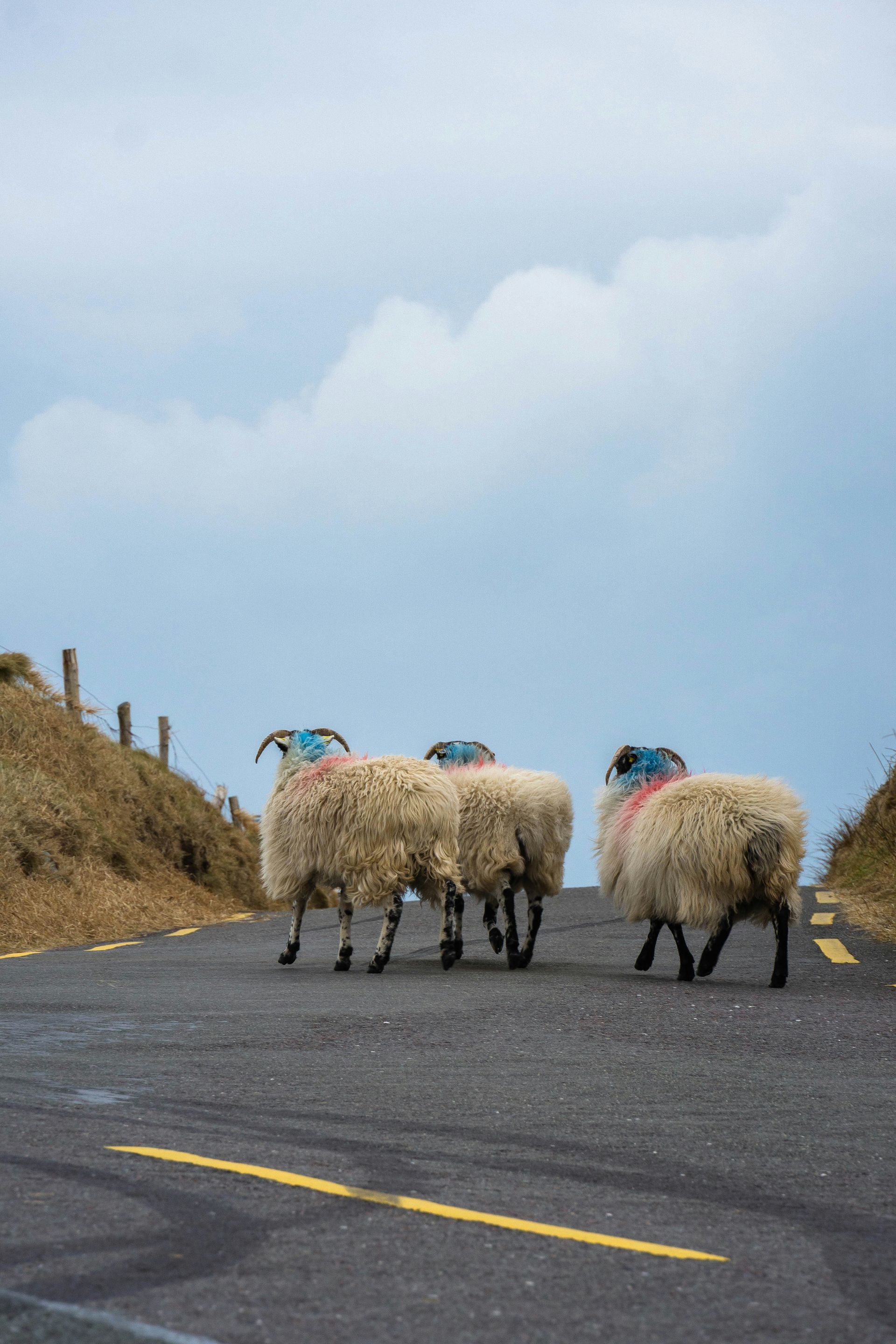
Slide title
Ring of Kerry
Button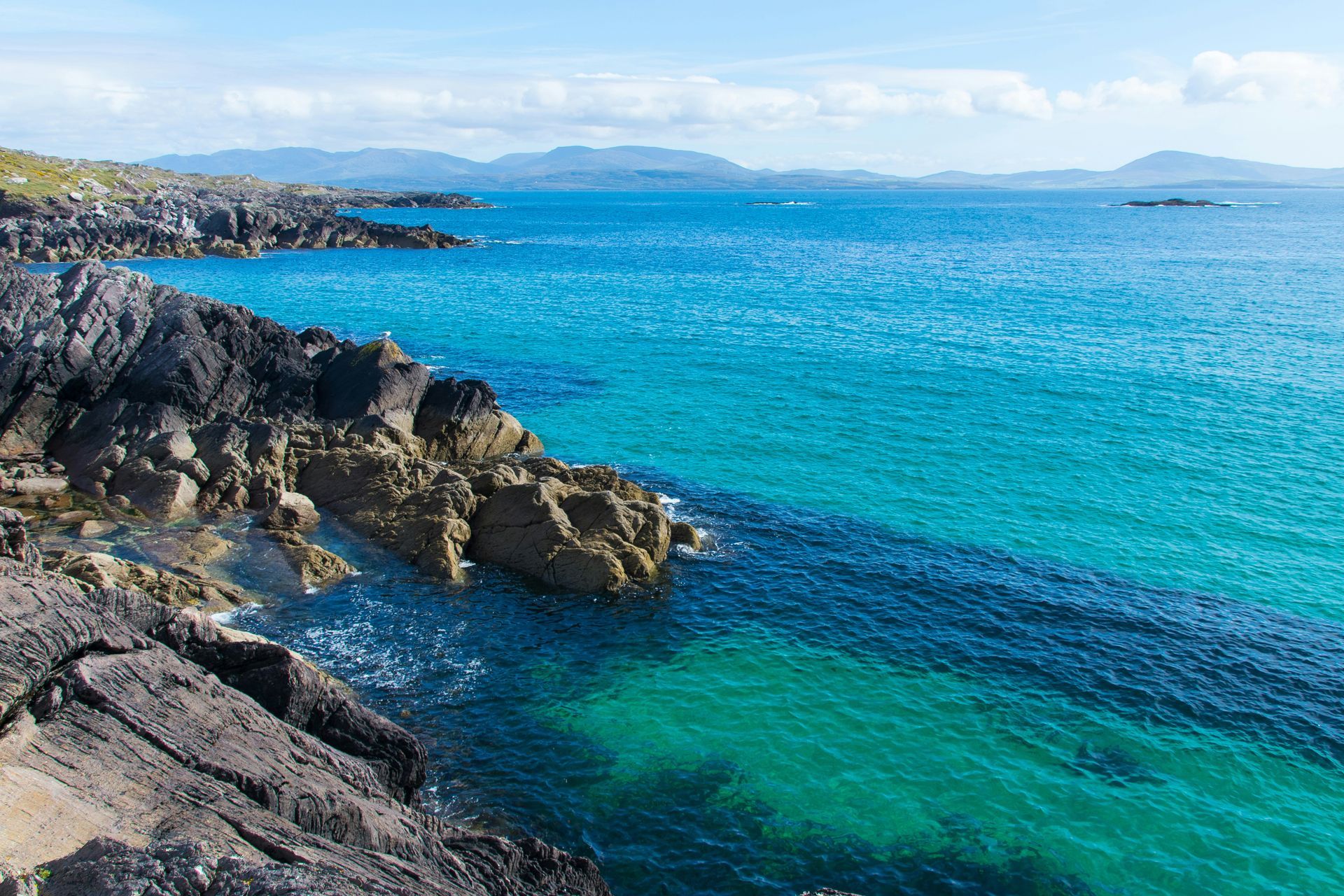
Slide title
Ring of Kerry
Button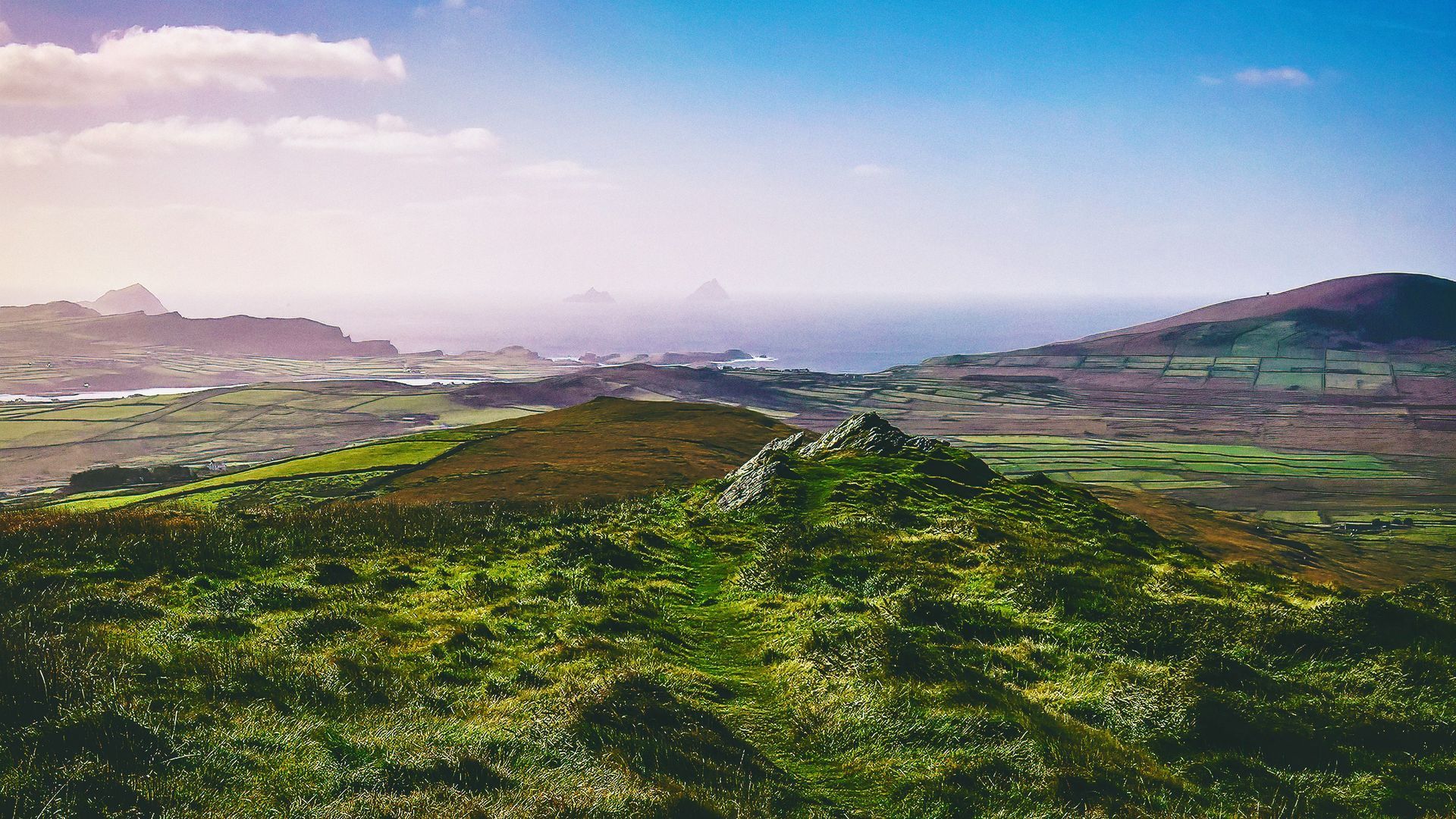
Slide title
Ring of Kerry
Button
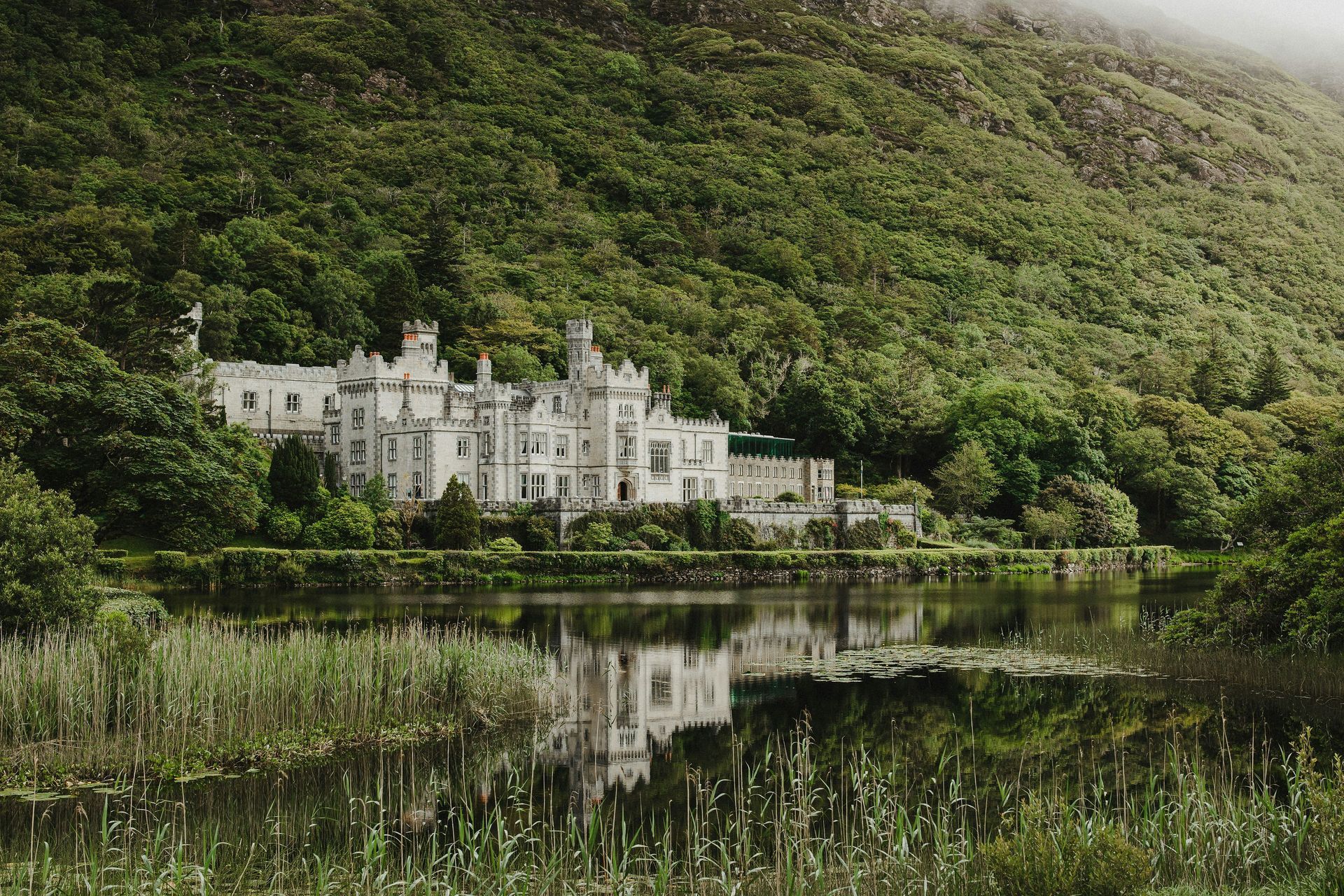
Slide title
Connemara
Button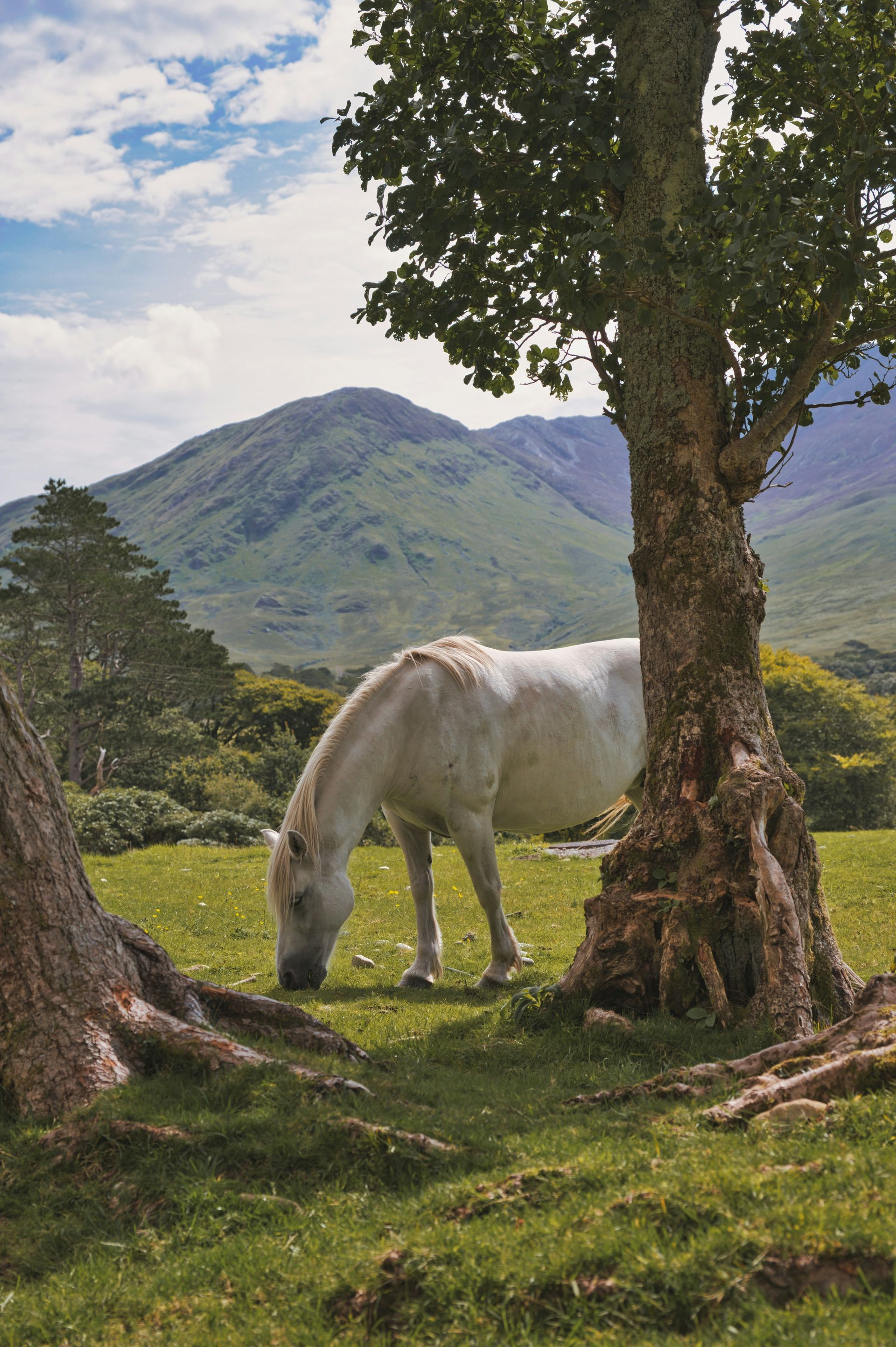
Slide title
Connemara
Button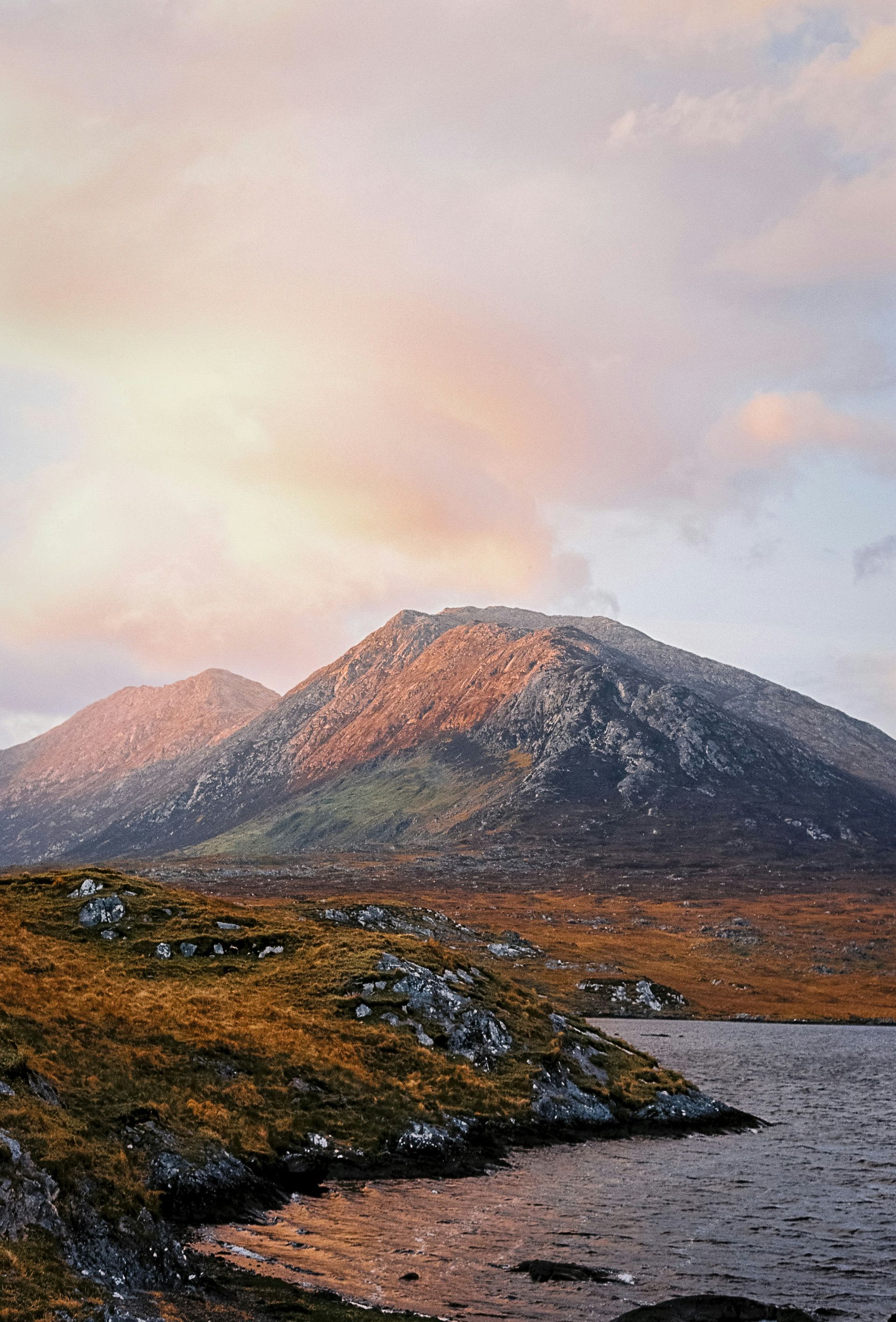
Slide title
Connemara
Button
Slide title
Connemara
Button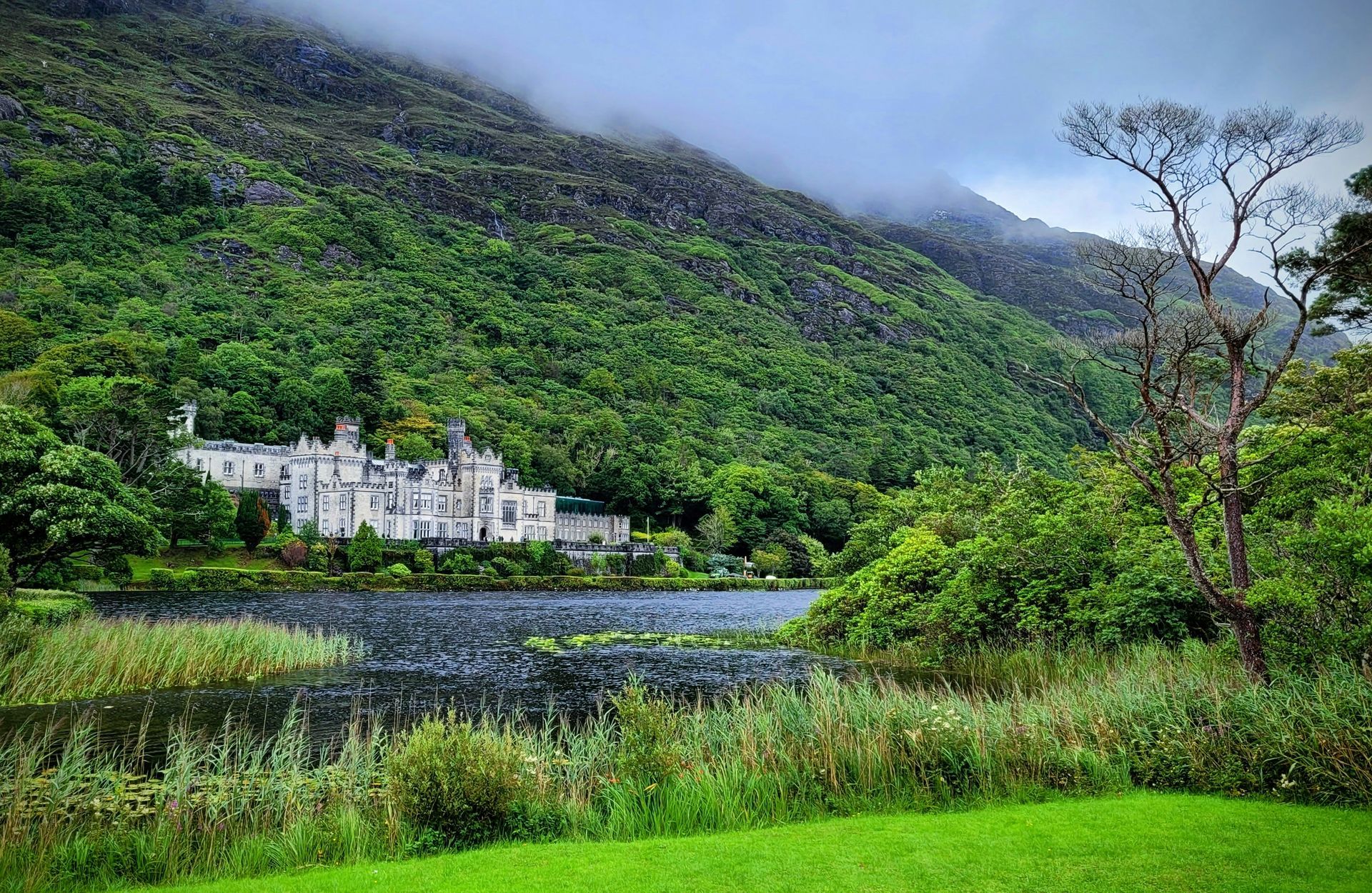
Slide title
Connemara
Button
Slide title
Connemara
Button
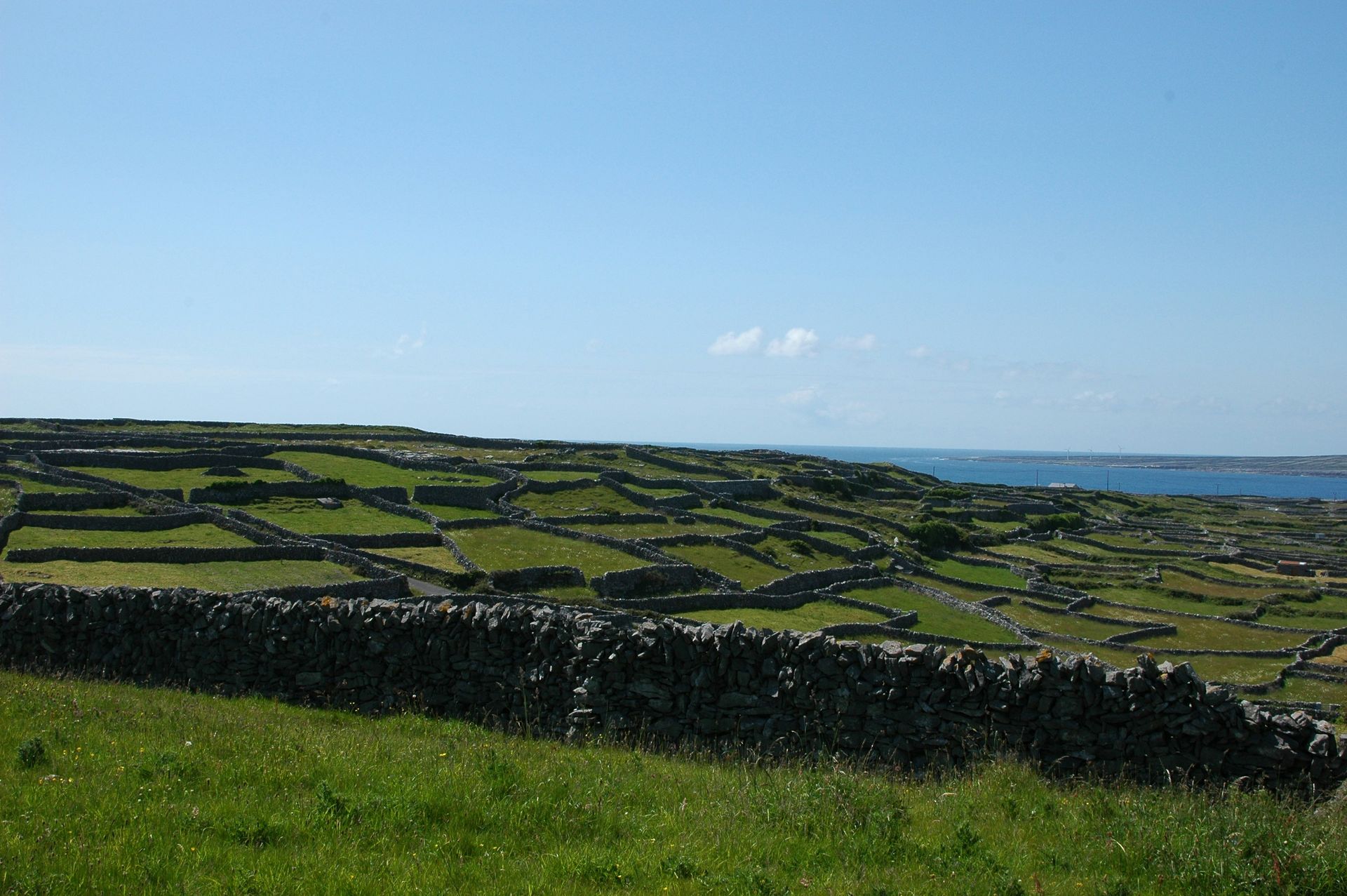
Slide title
Aran Islands
Button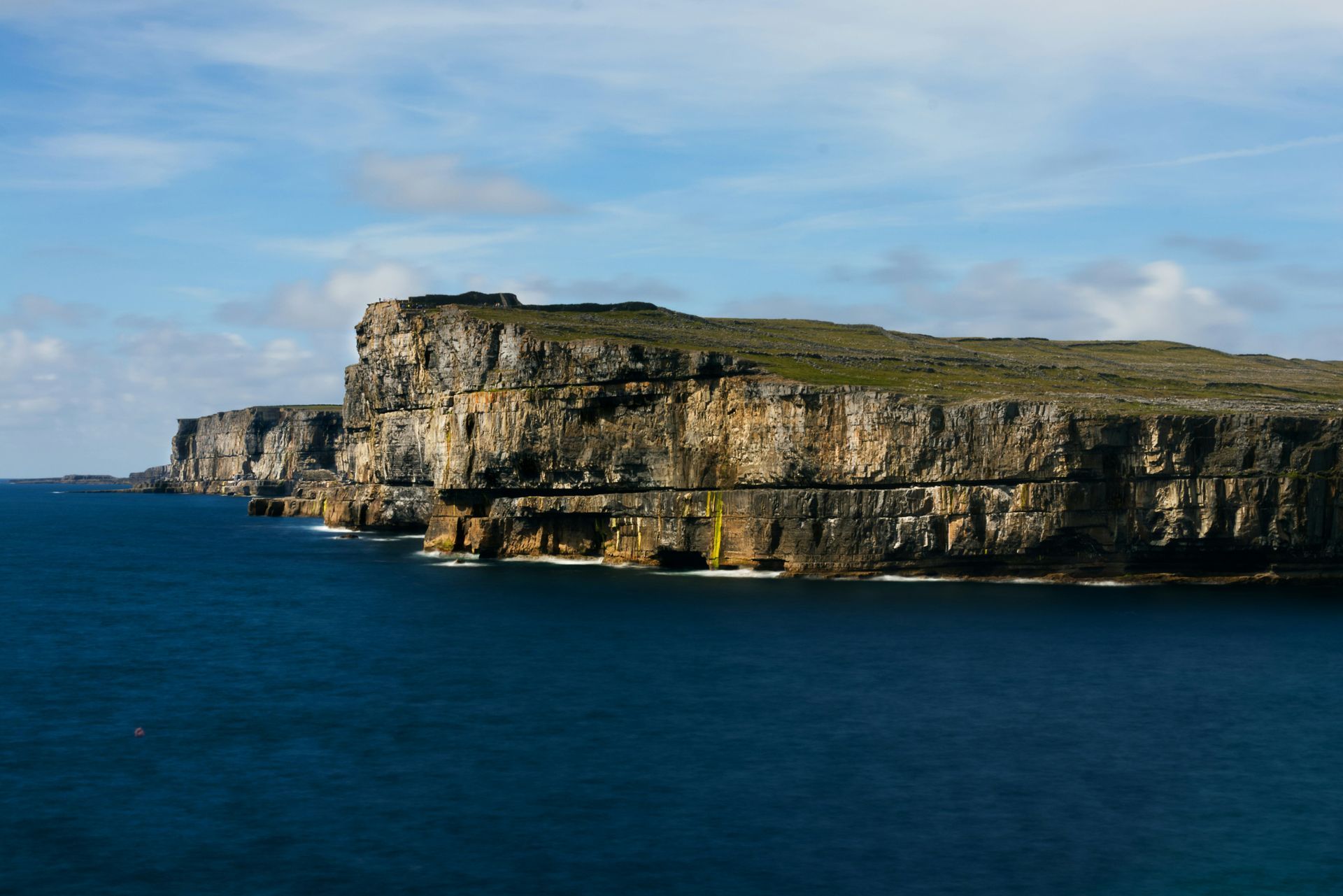
Slide title
Aran Islands
Button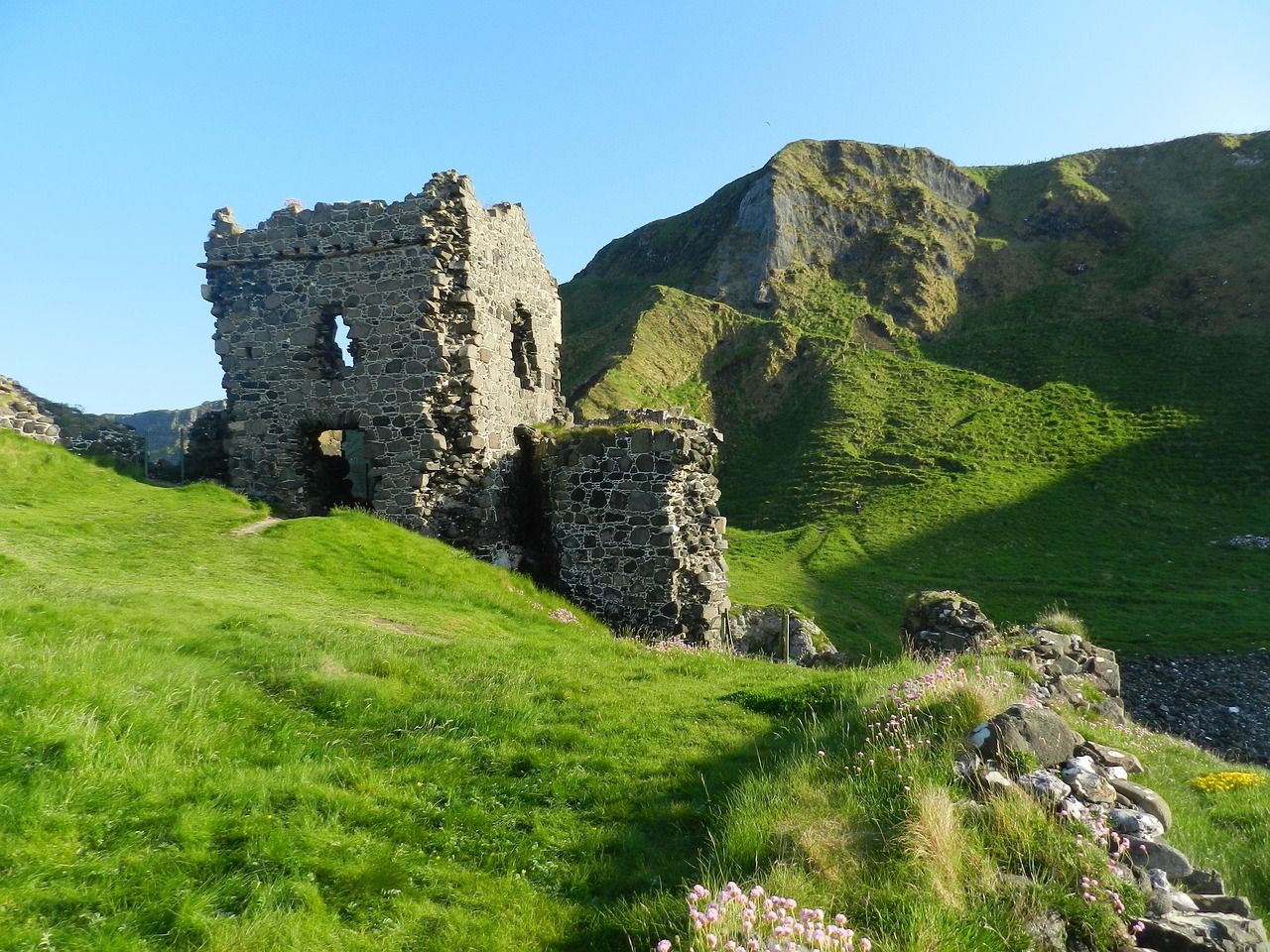
Slide title
Aran Islands
Button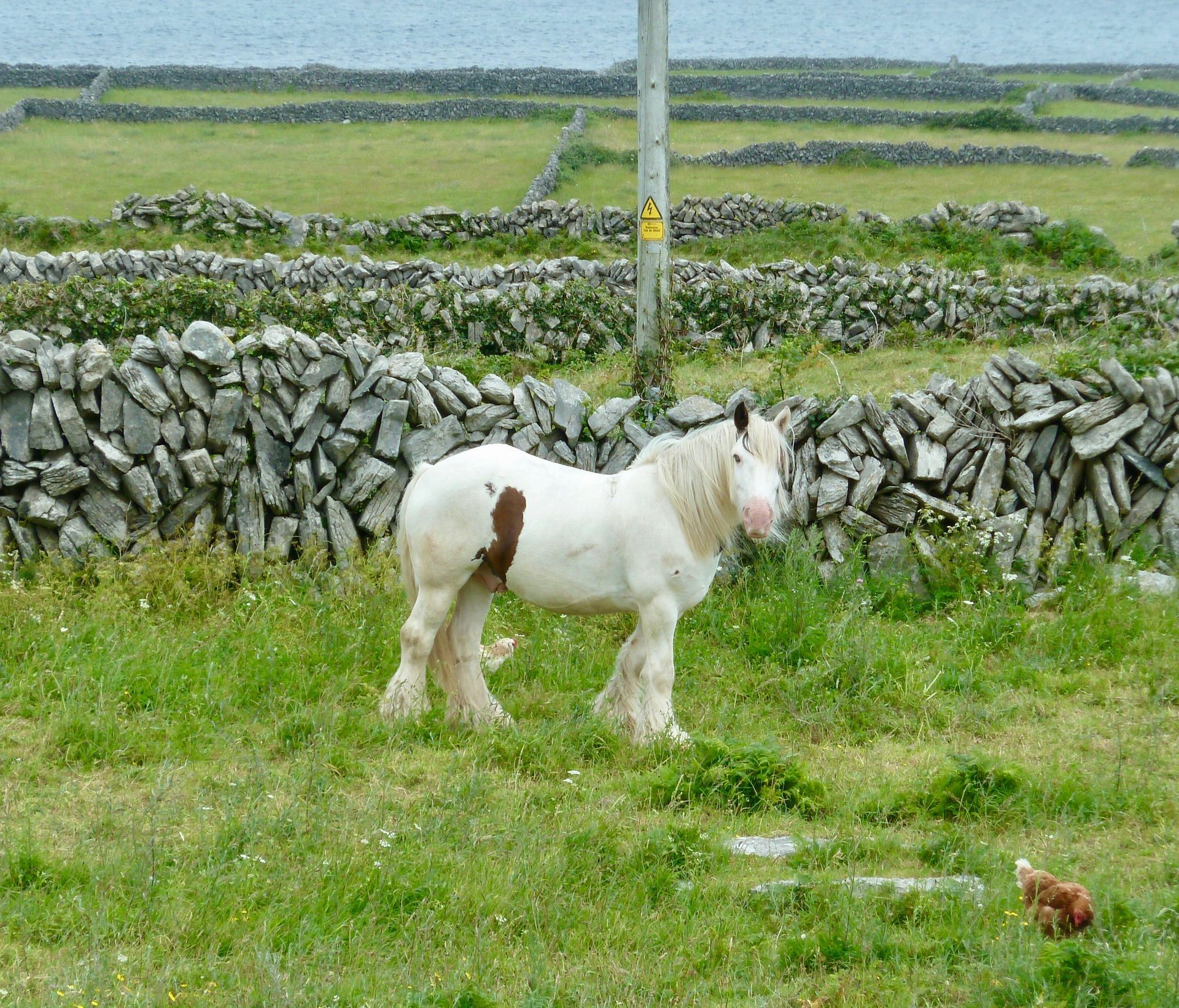
Slide title
Aran Islands
Button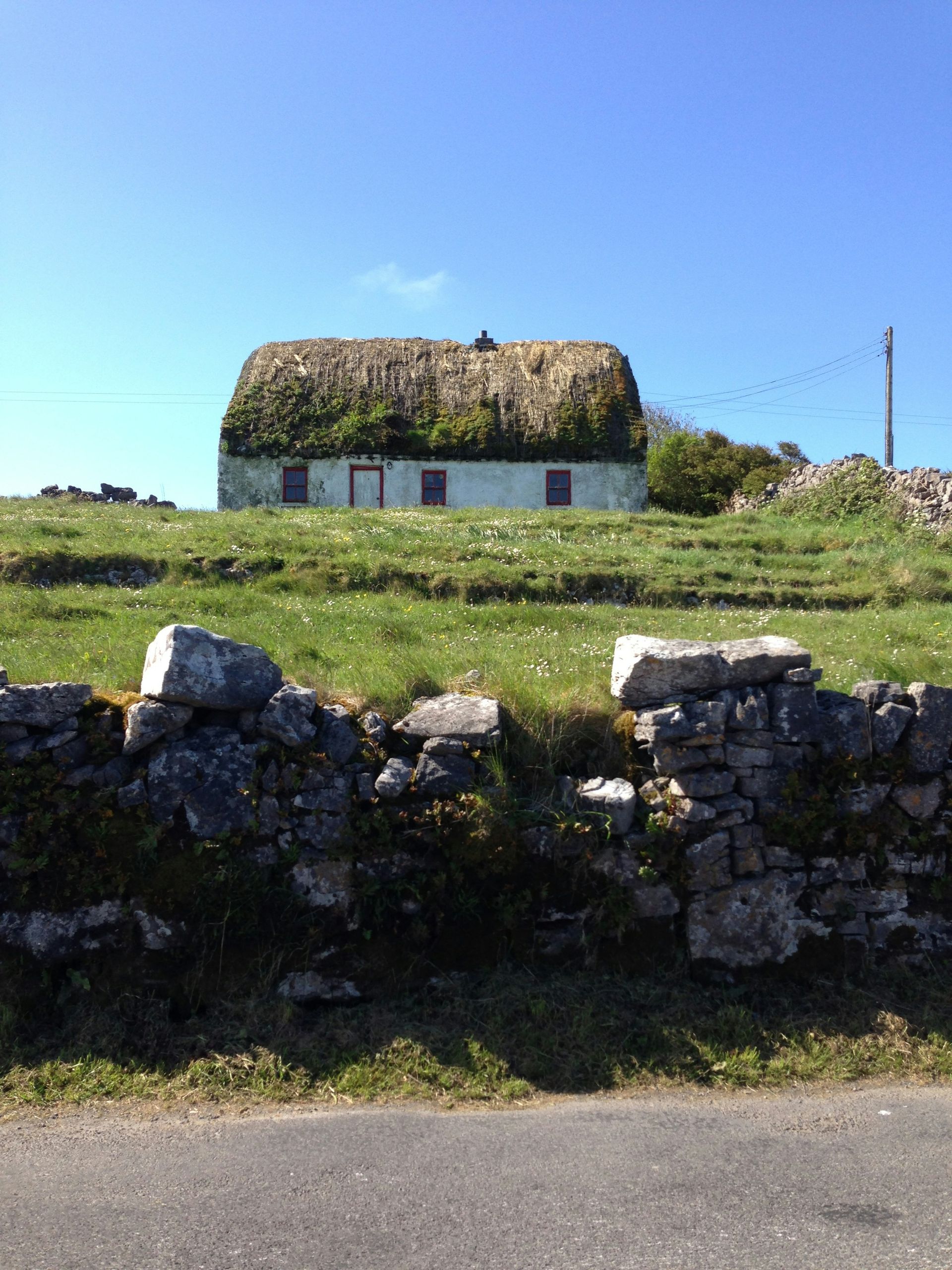
Slide title
Aran Islands
Button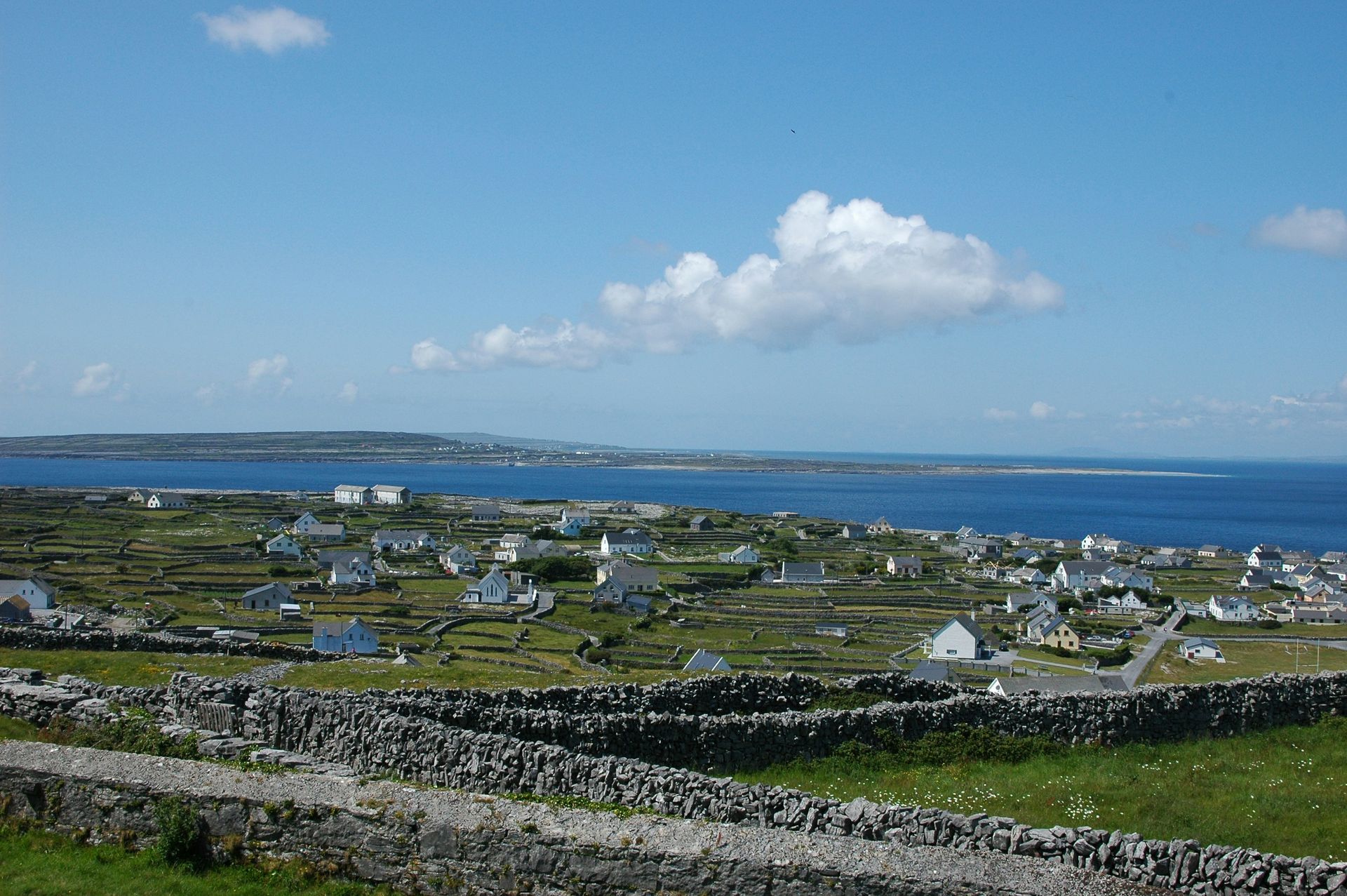
Slide title
Aran Islands
Button
Slide title
Aran Islands
Button
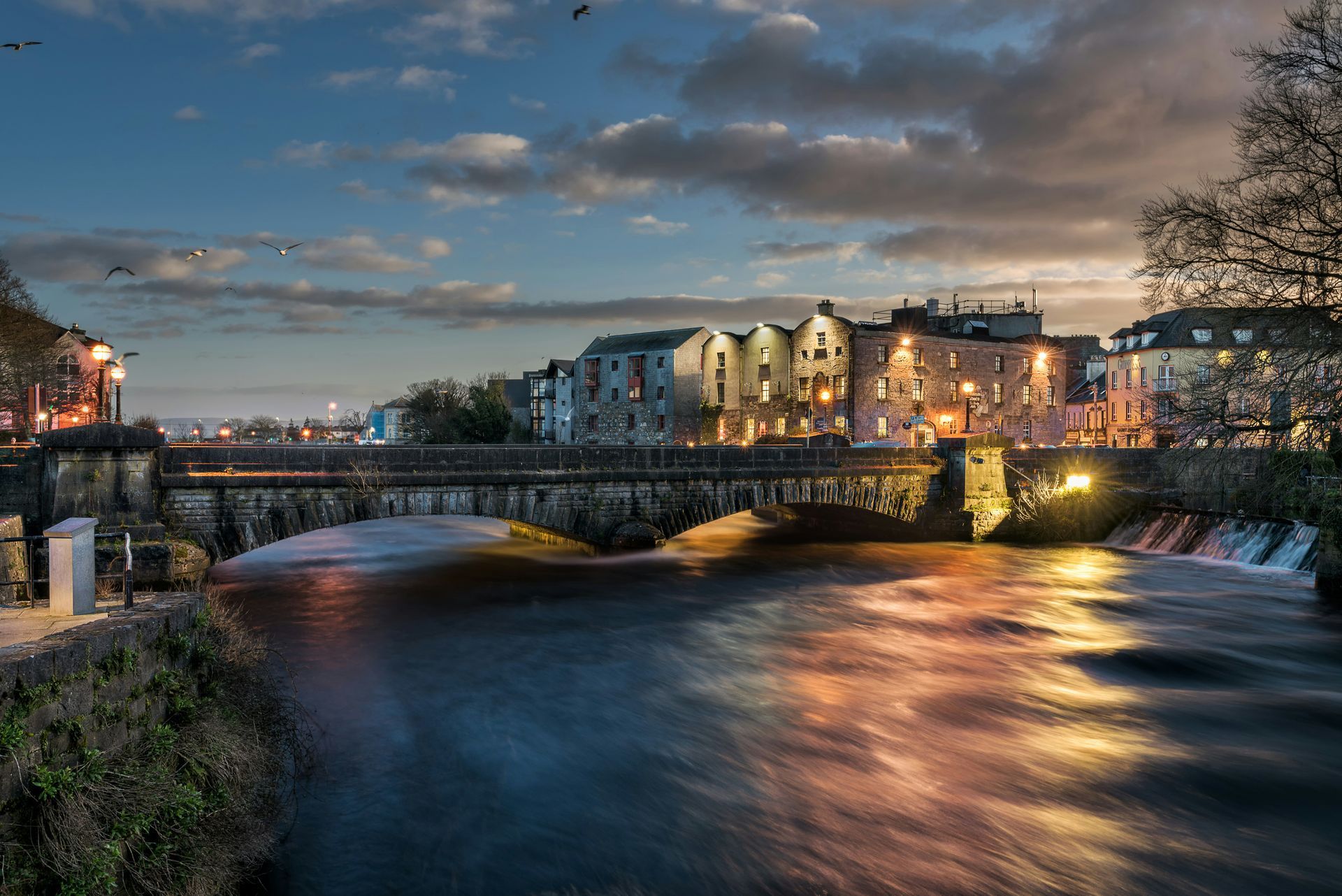
Slide title
Galway
Button
Slide title
Galway
Button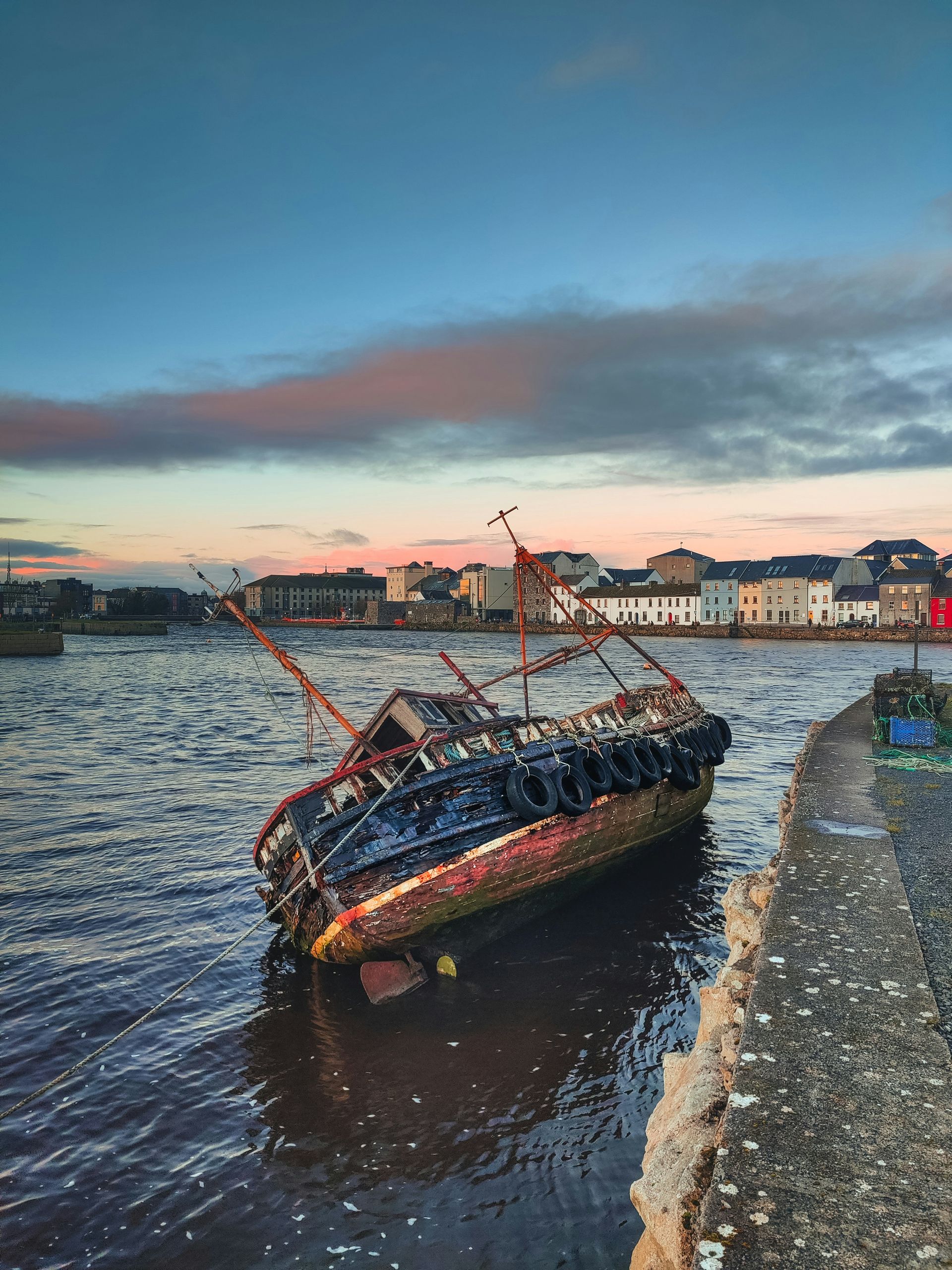
Slide title
Galway
Button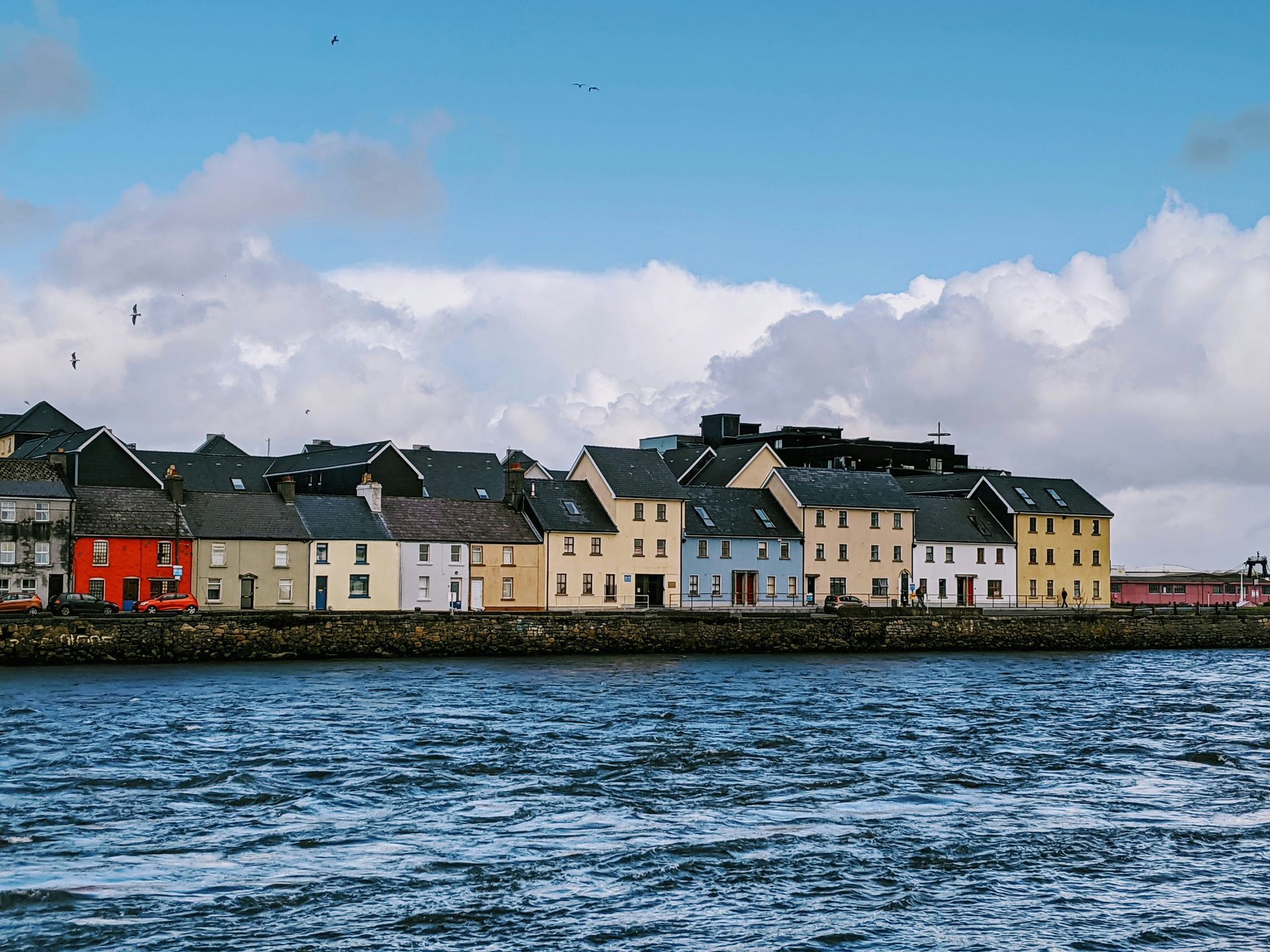
Slide title
Galway
Button
Slide title
Galway
Button
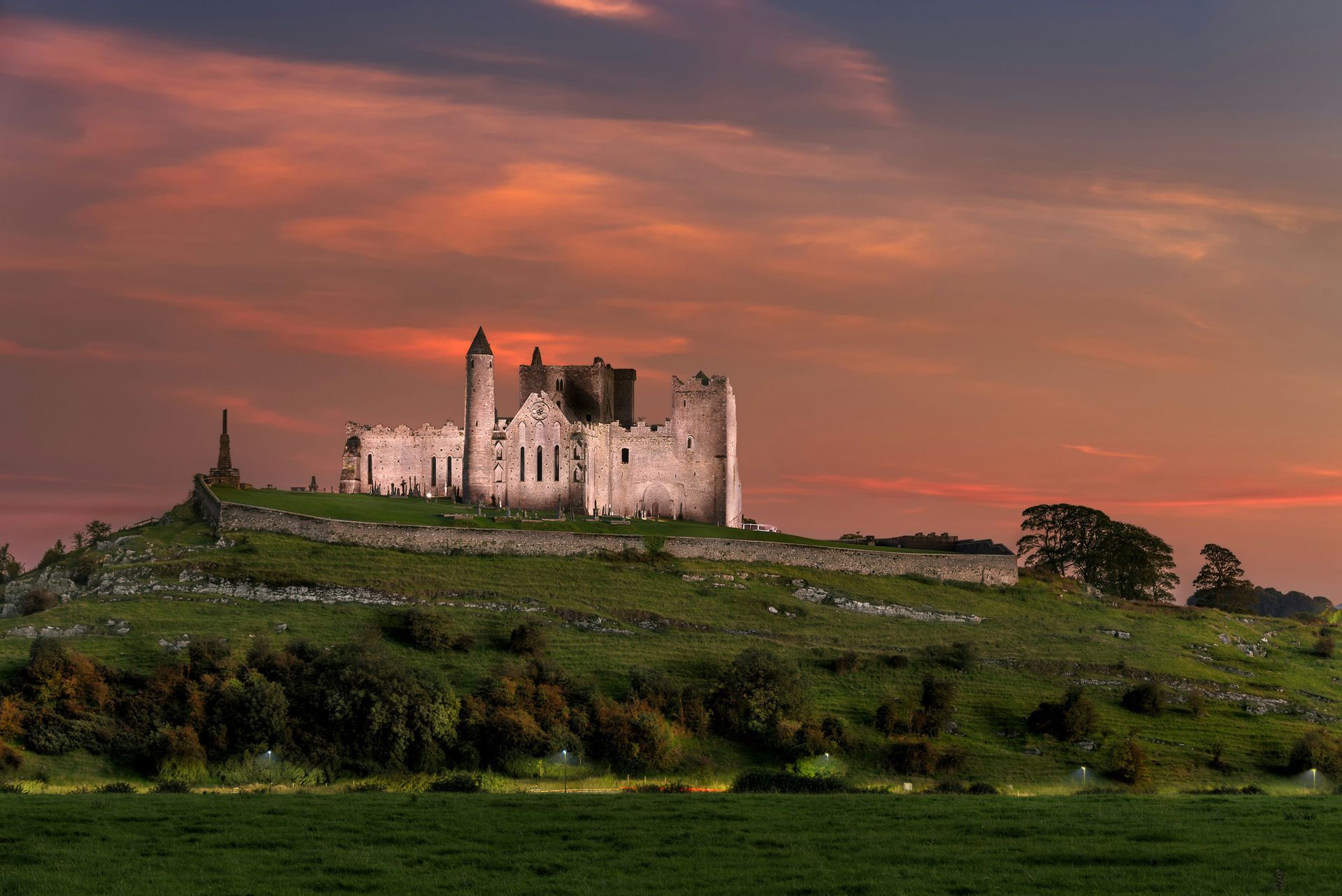
Slide title
Rock of Cashel
Button
Slide title
Rock of Cashel
Button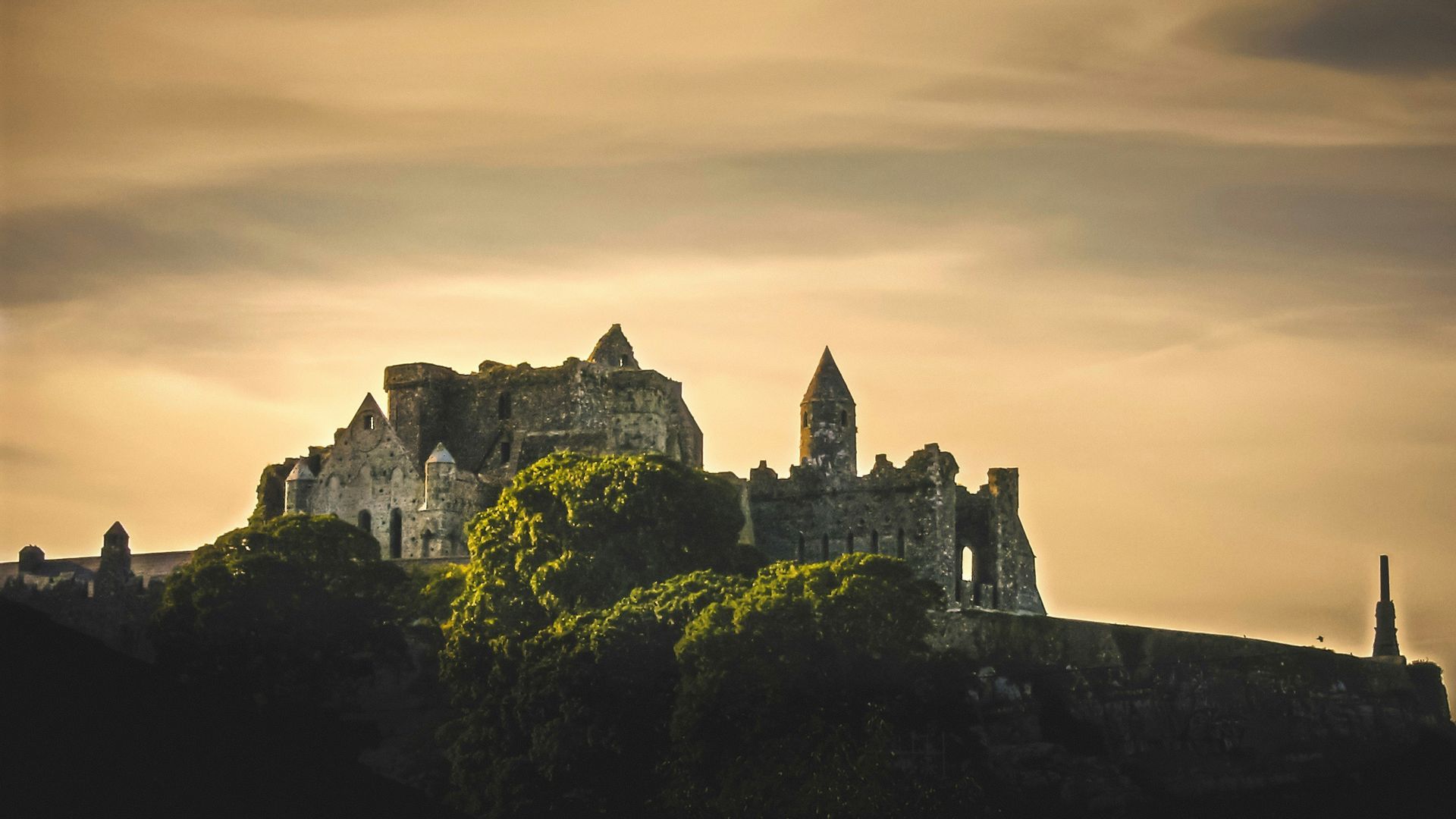
Slide title
Rock of Cashel
Button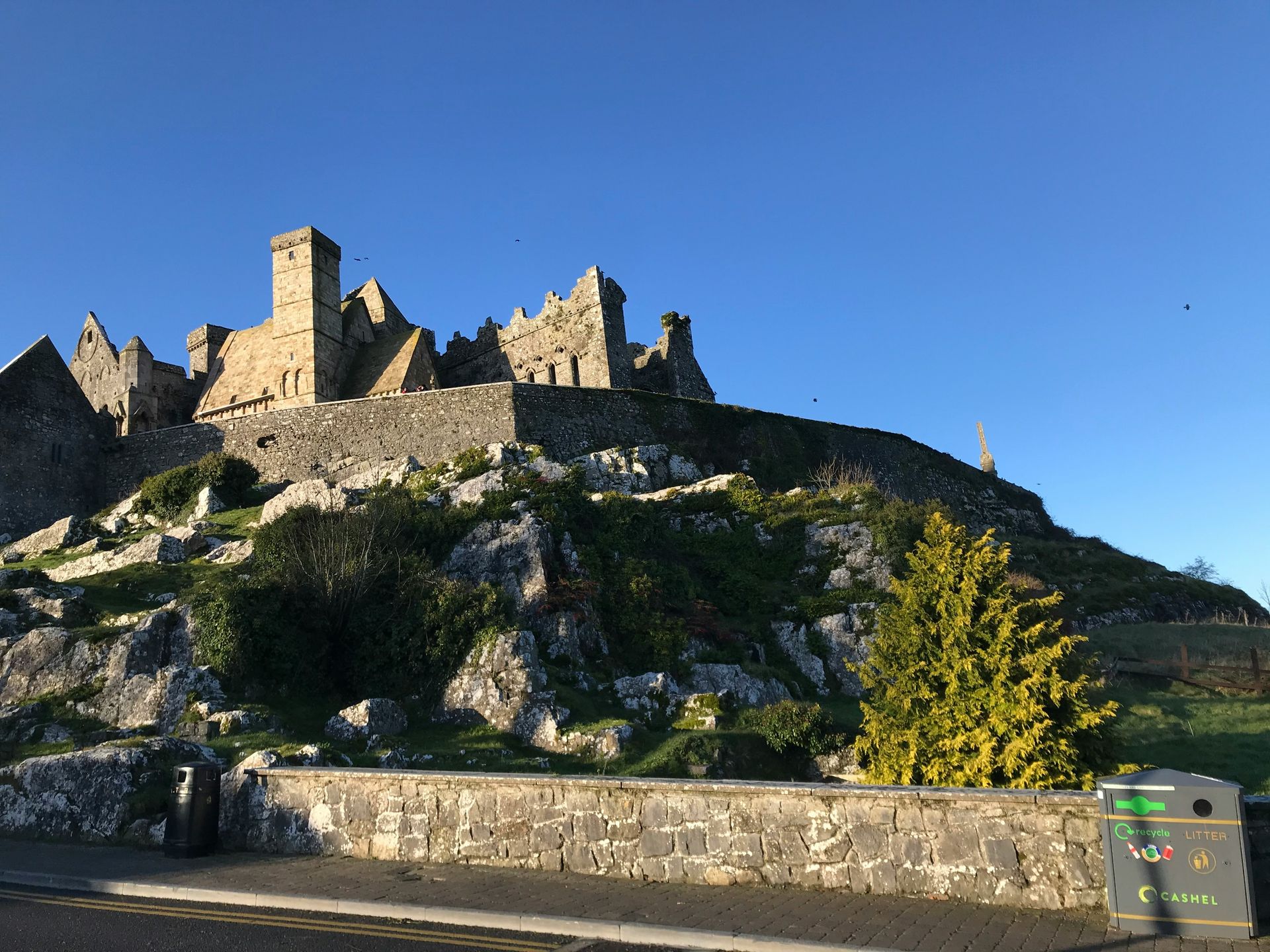
Slide title
Rock of Cashel
Button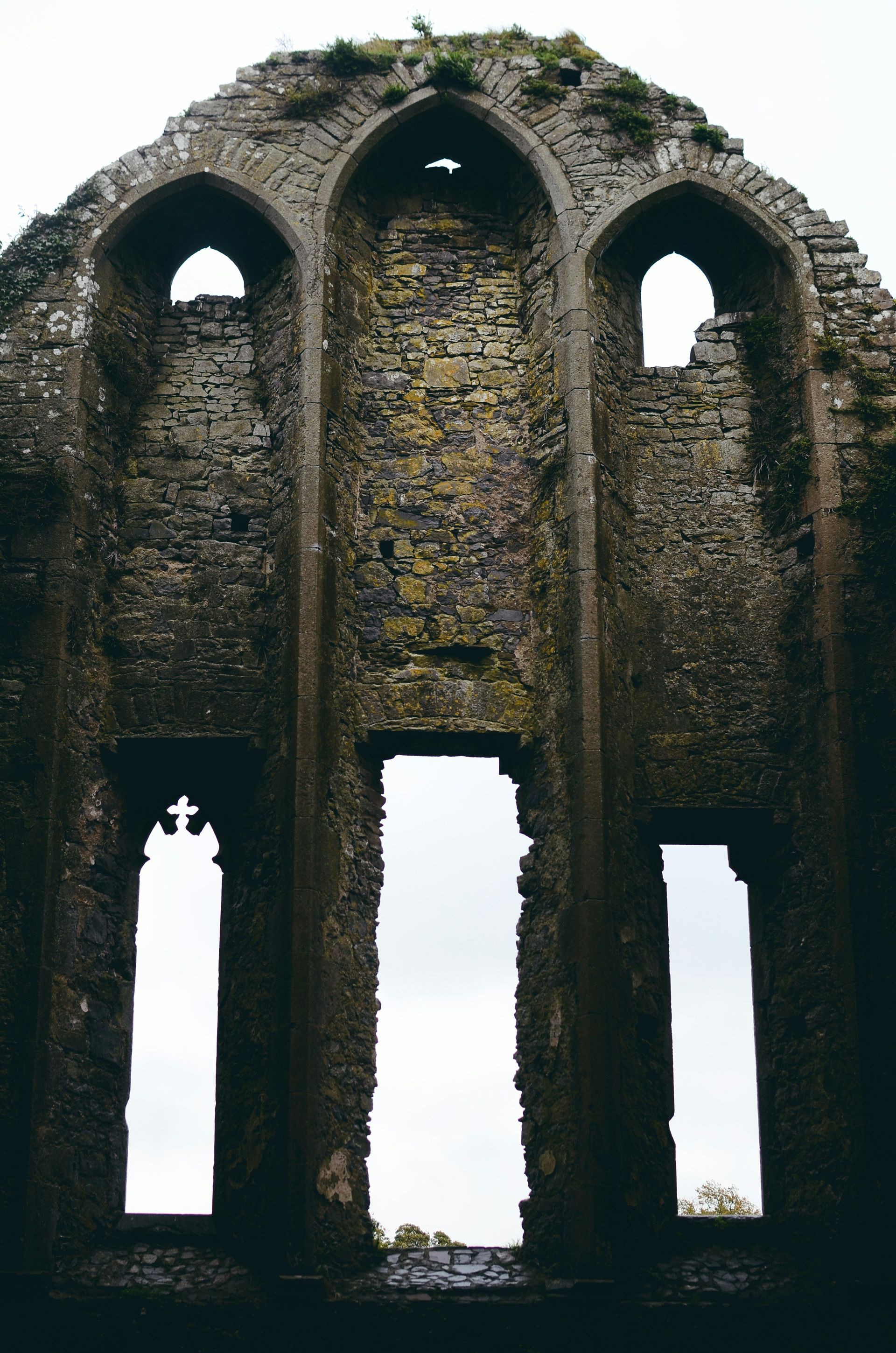
Slide title
Rock of Cashel
Button
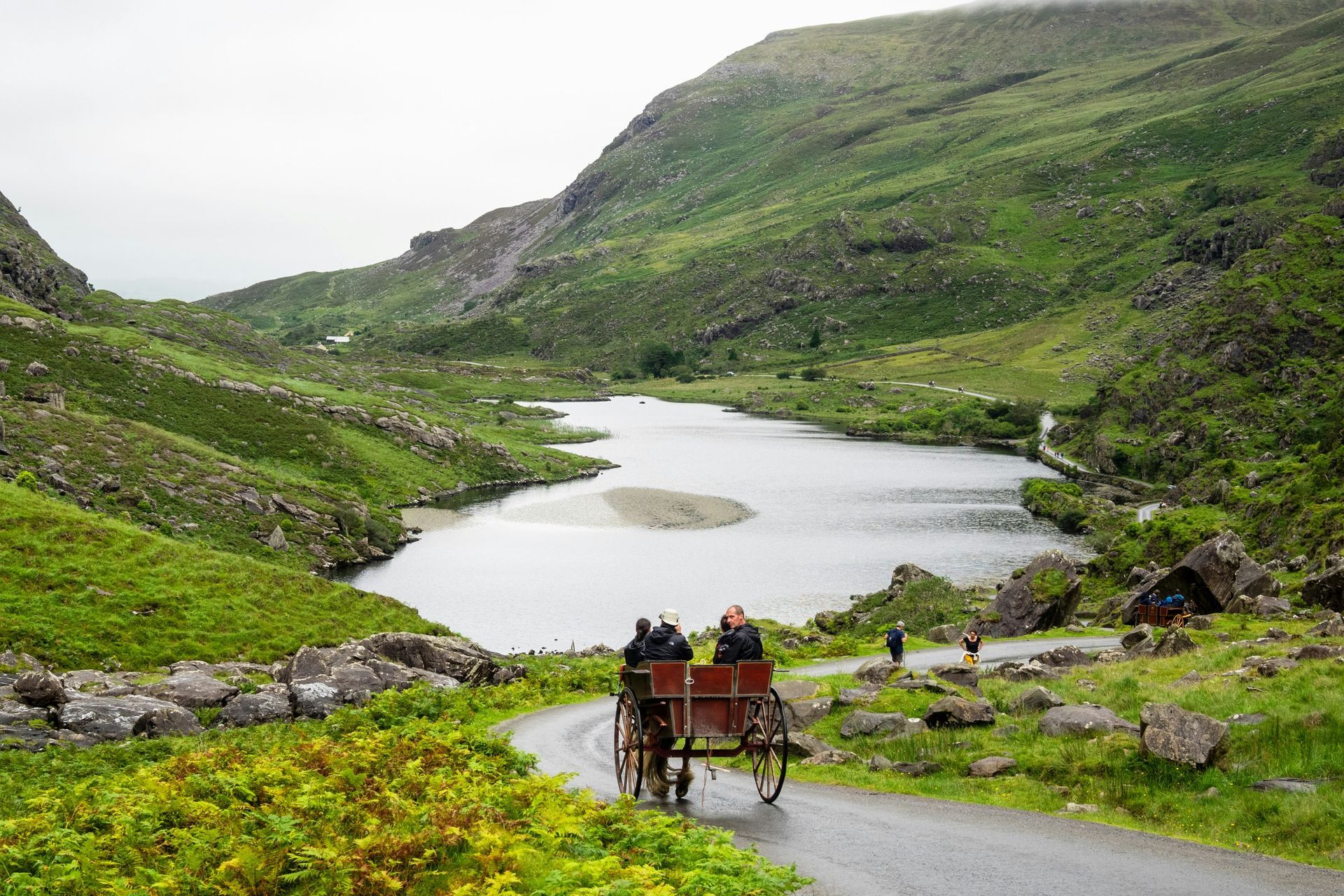
Slide title
Killarney
Button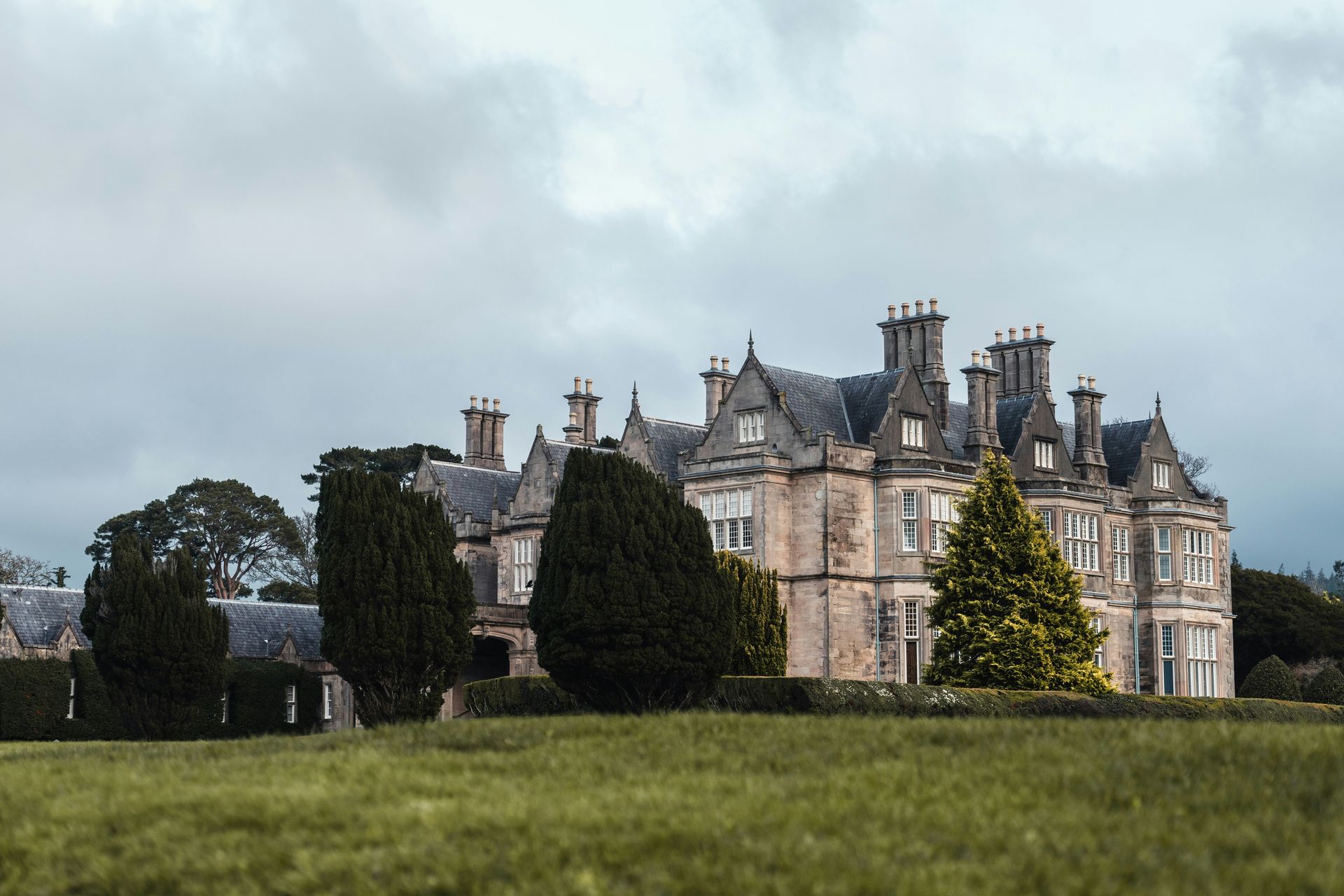
Slide title
Killarney
Button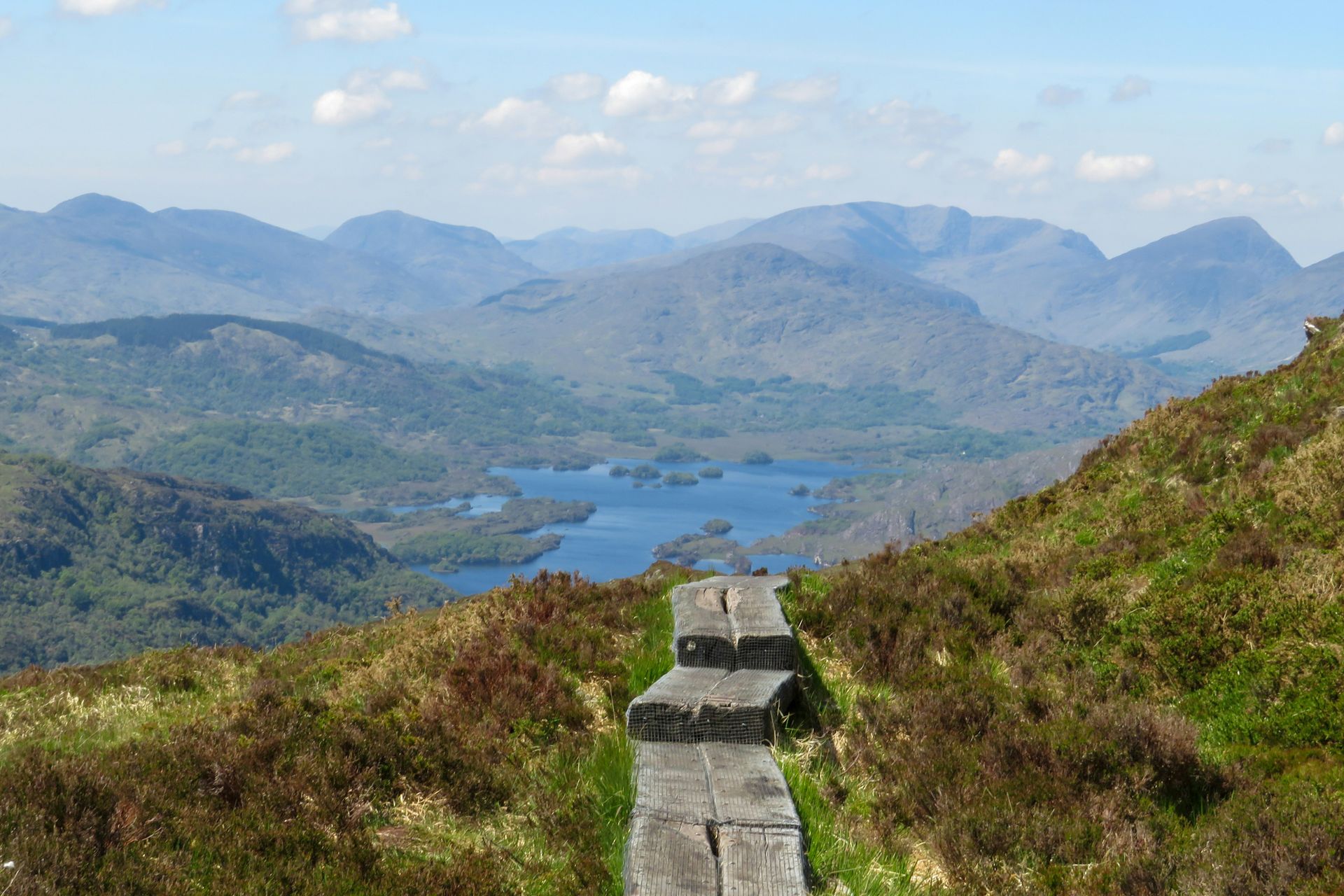
Slide title
Killarney
Button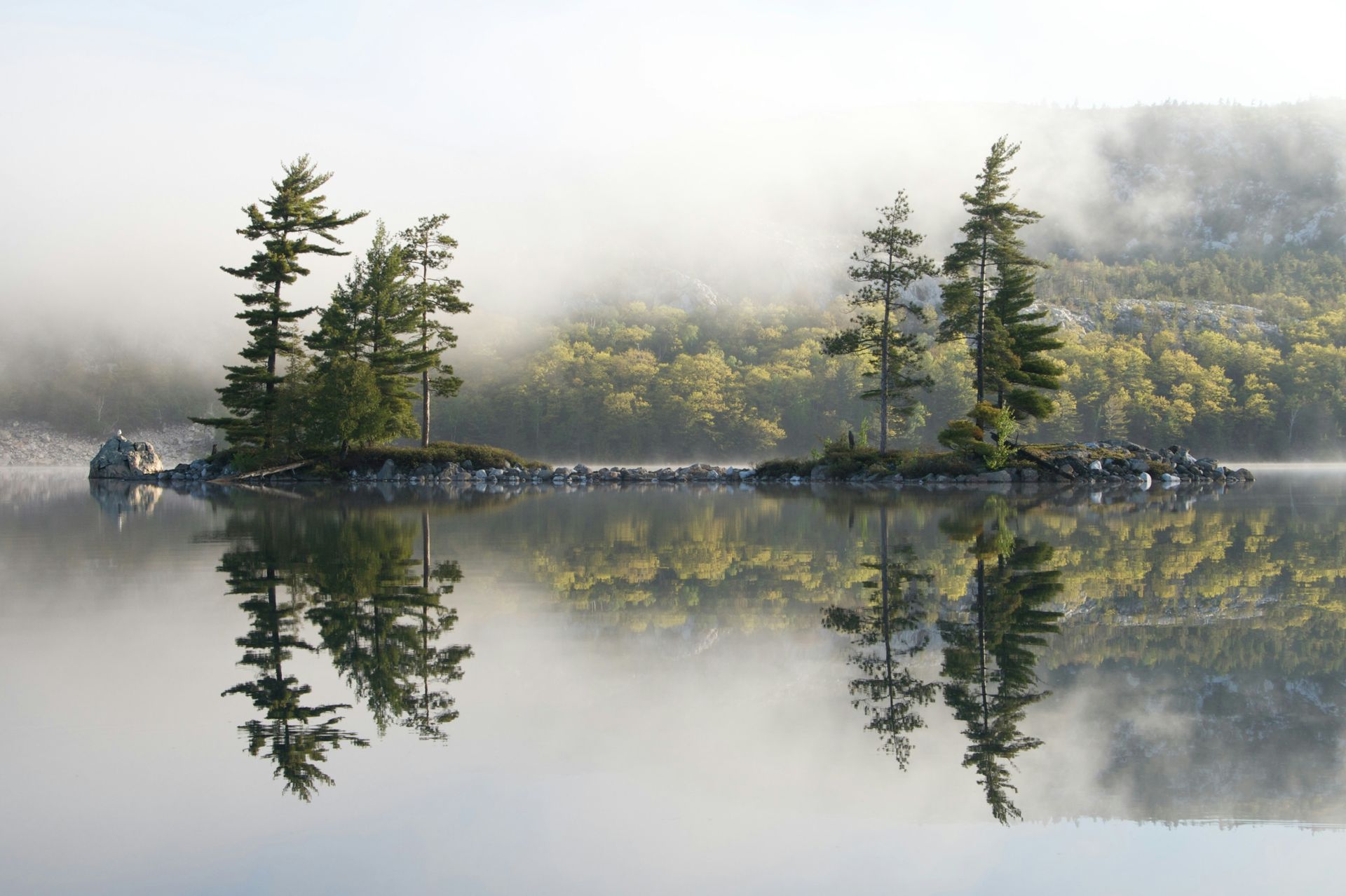
Slide title
Killarney
Button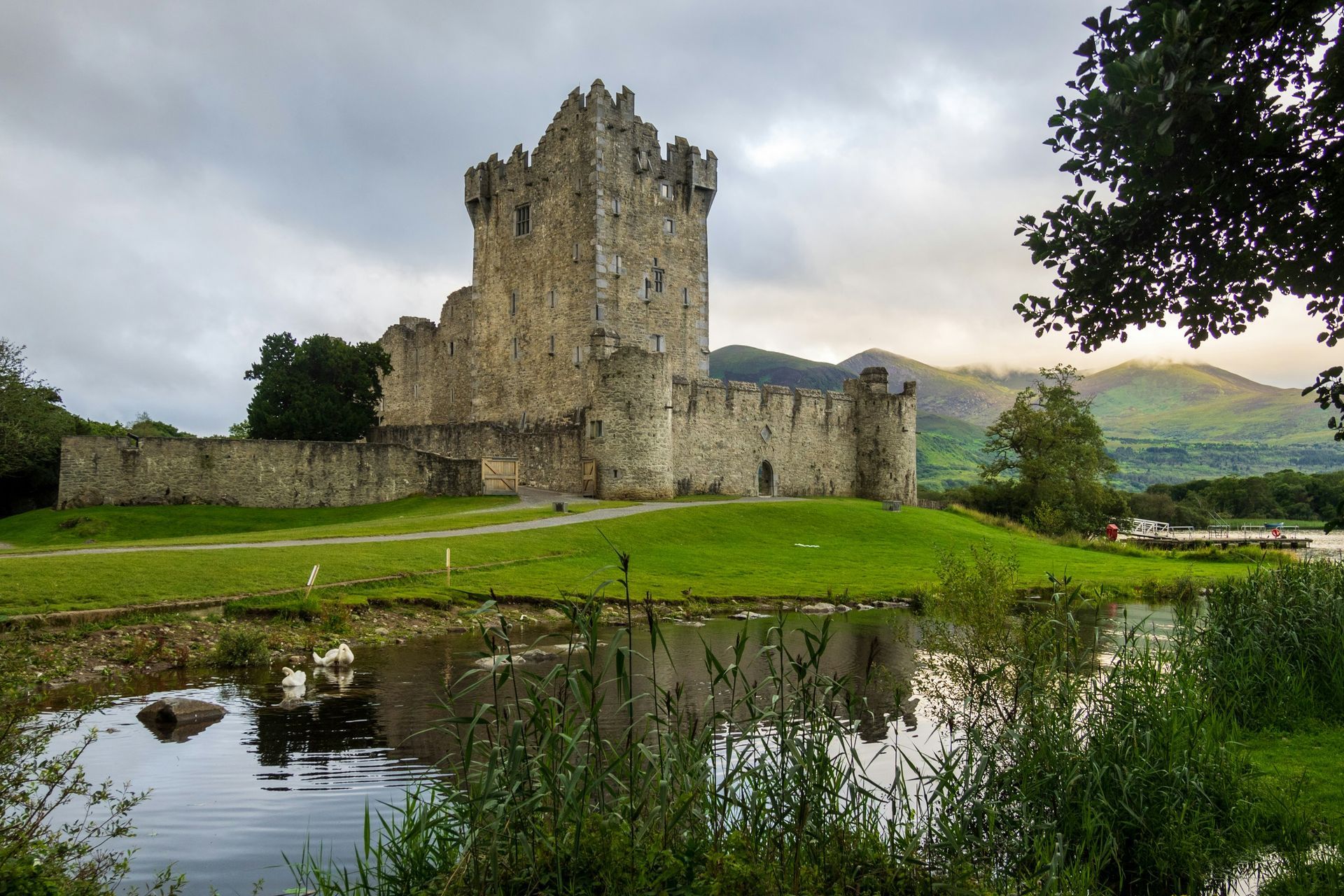
Slide title
Killarney
Button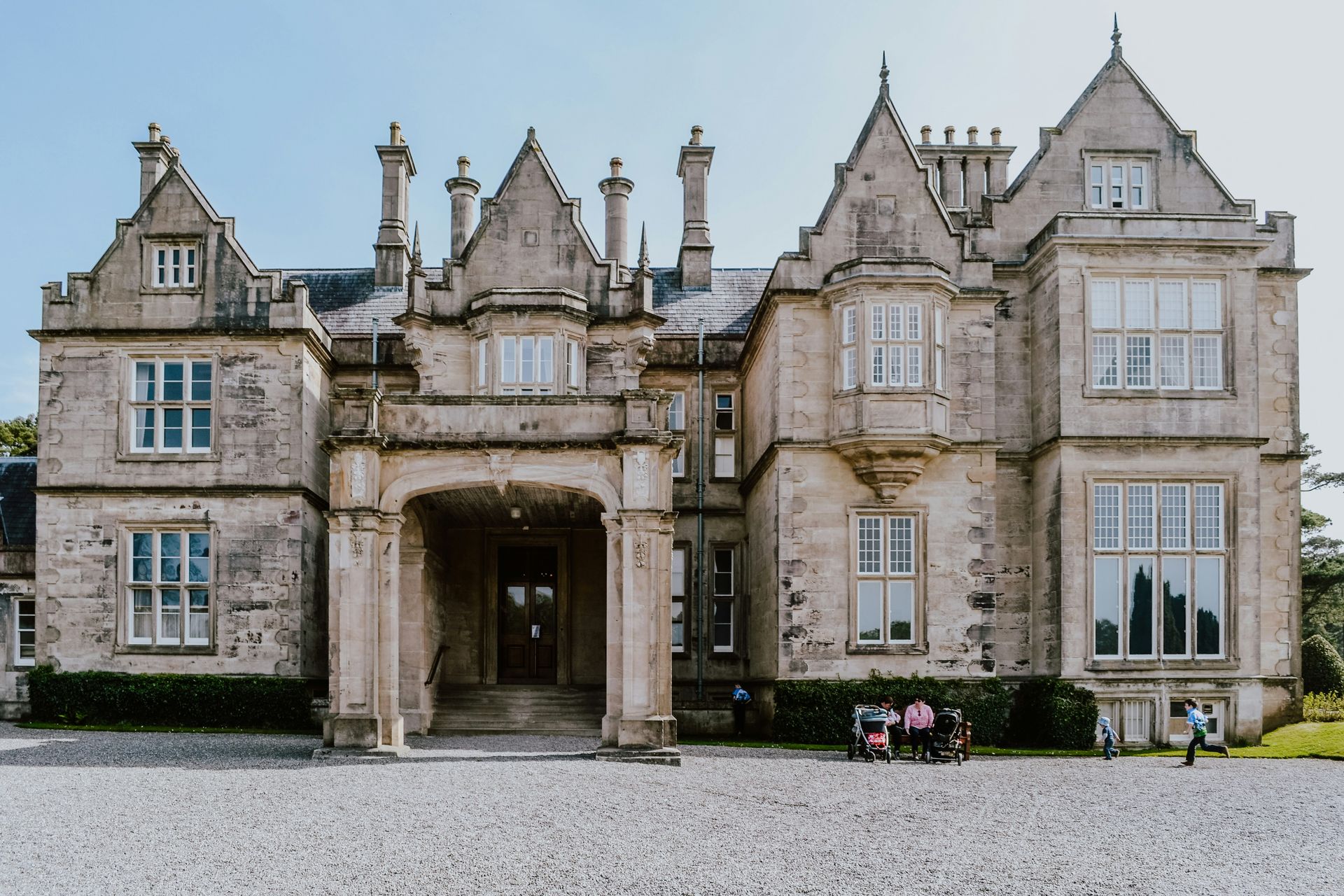
Slide title
Killarney
Button
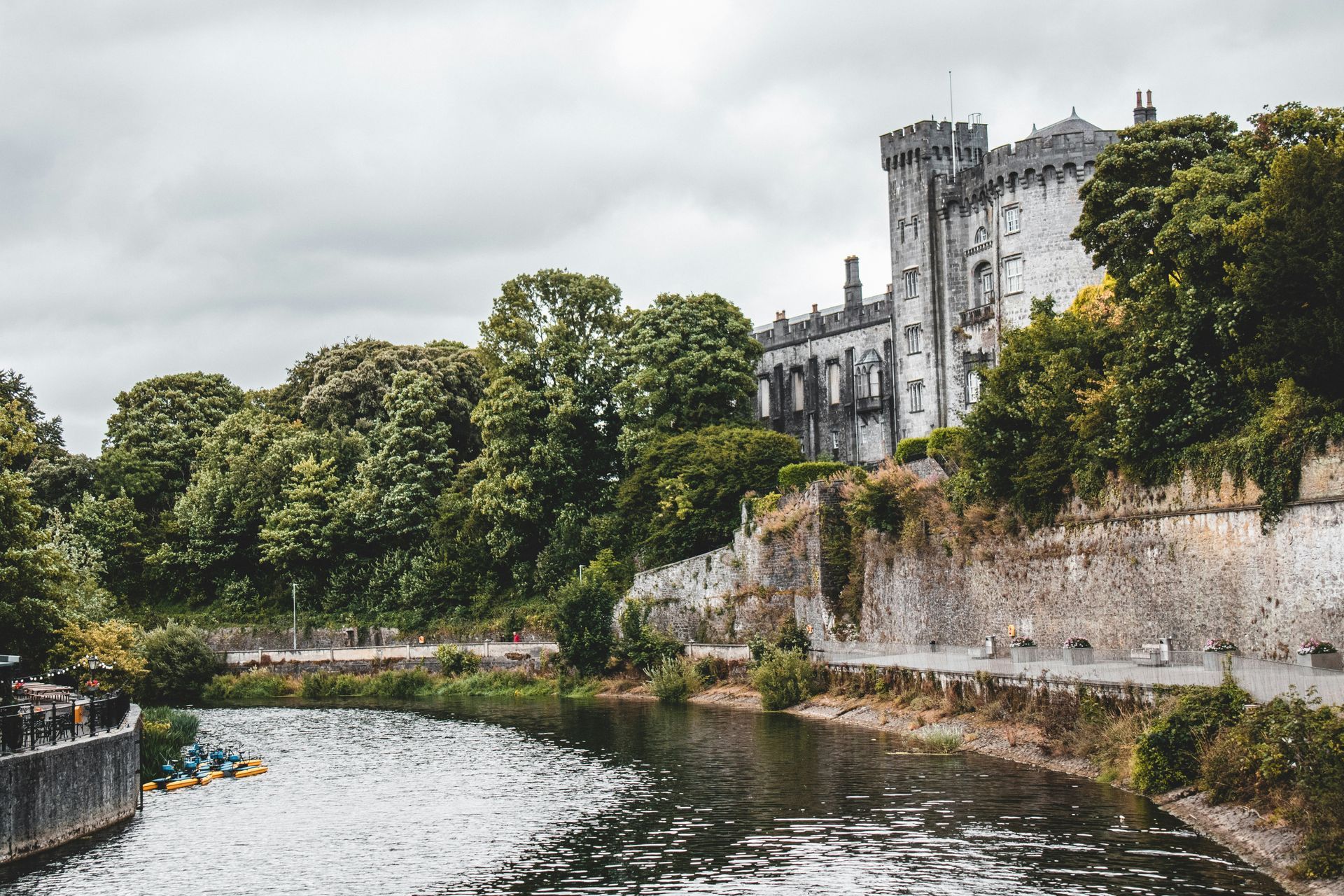
Slide title
Kilkenny
Button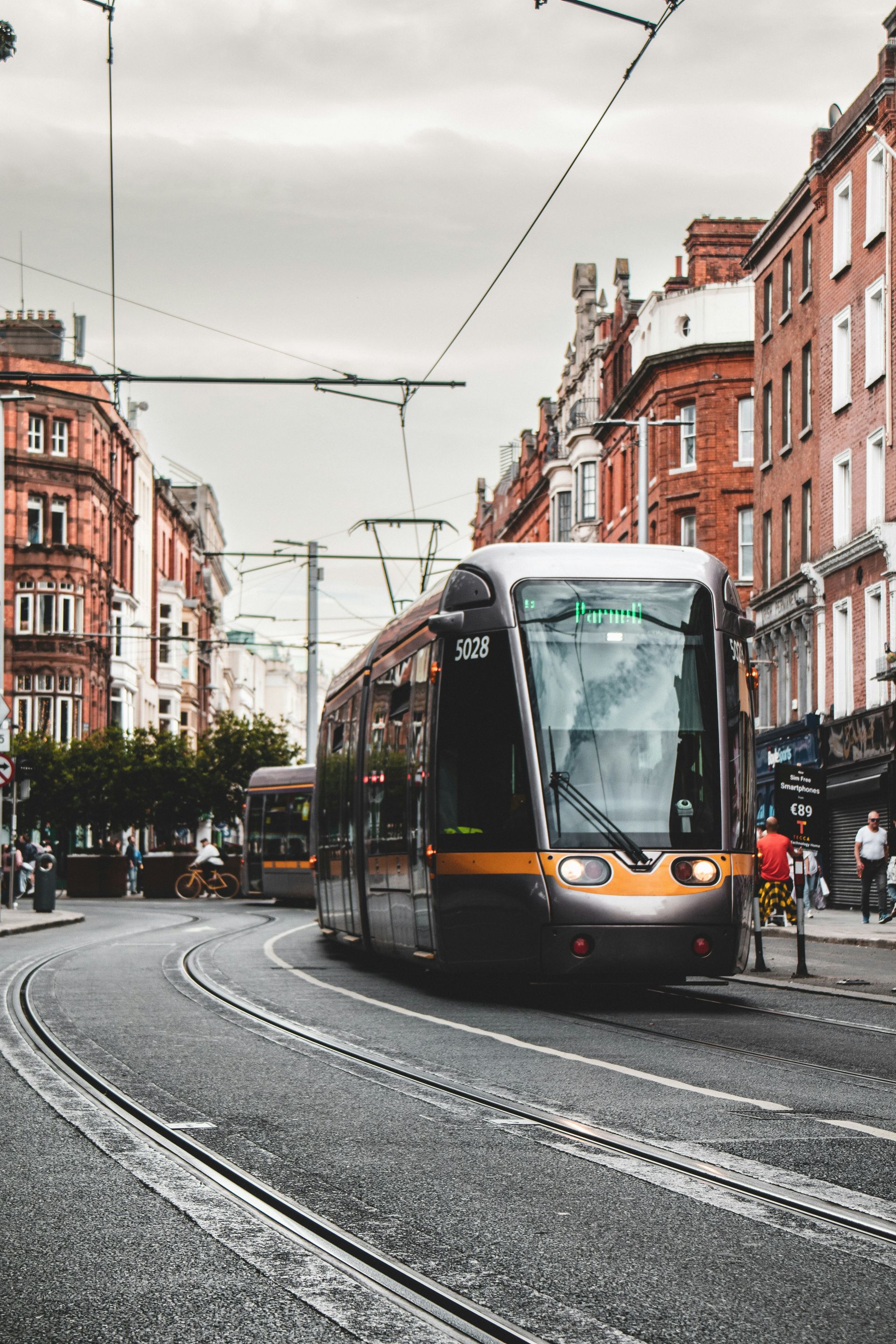
Slide title
Kilkenny
Button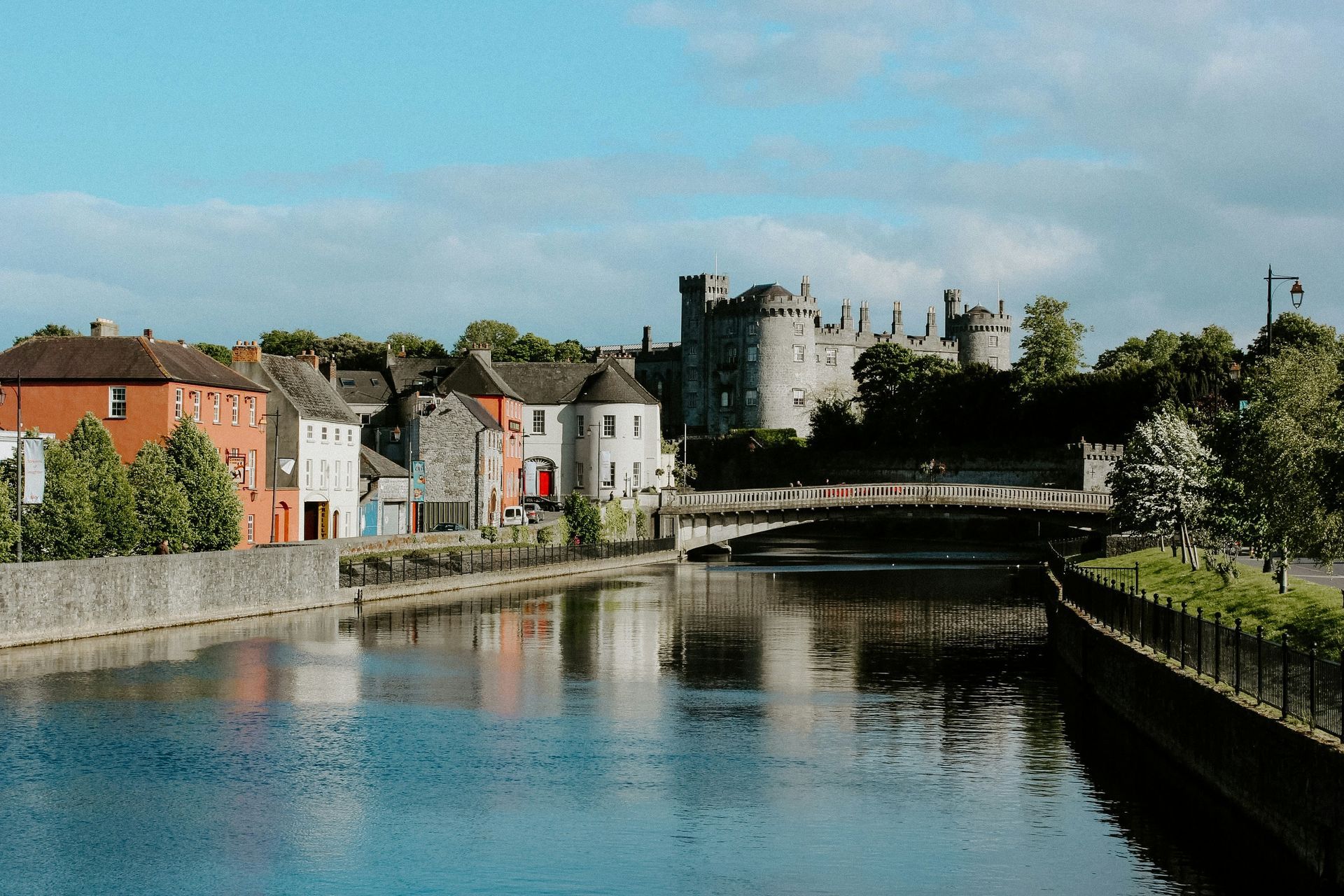
Slide title
Kilkenny
Button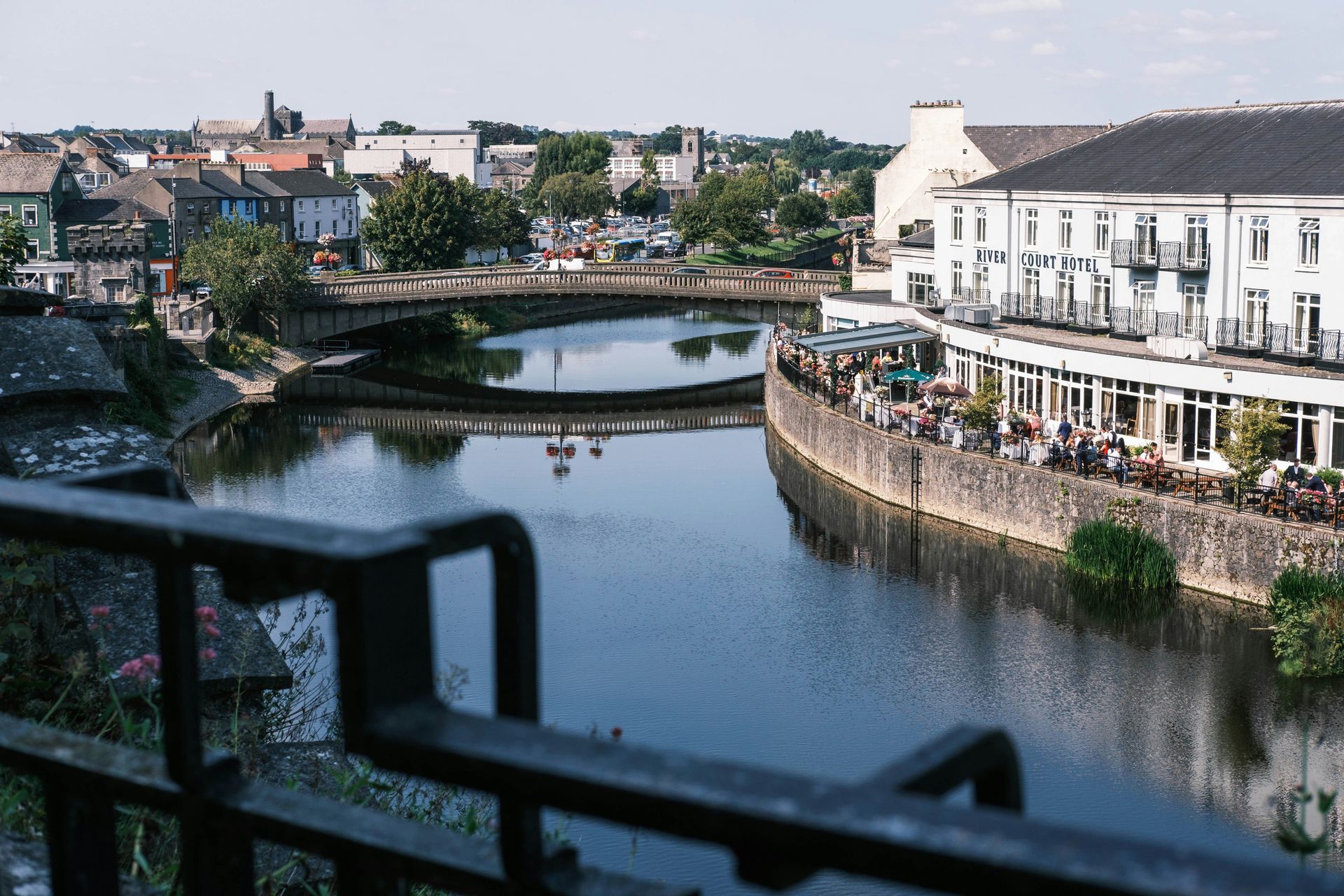
Slide title
Kilkenny
Button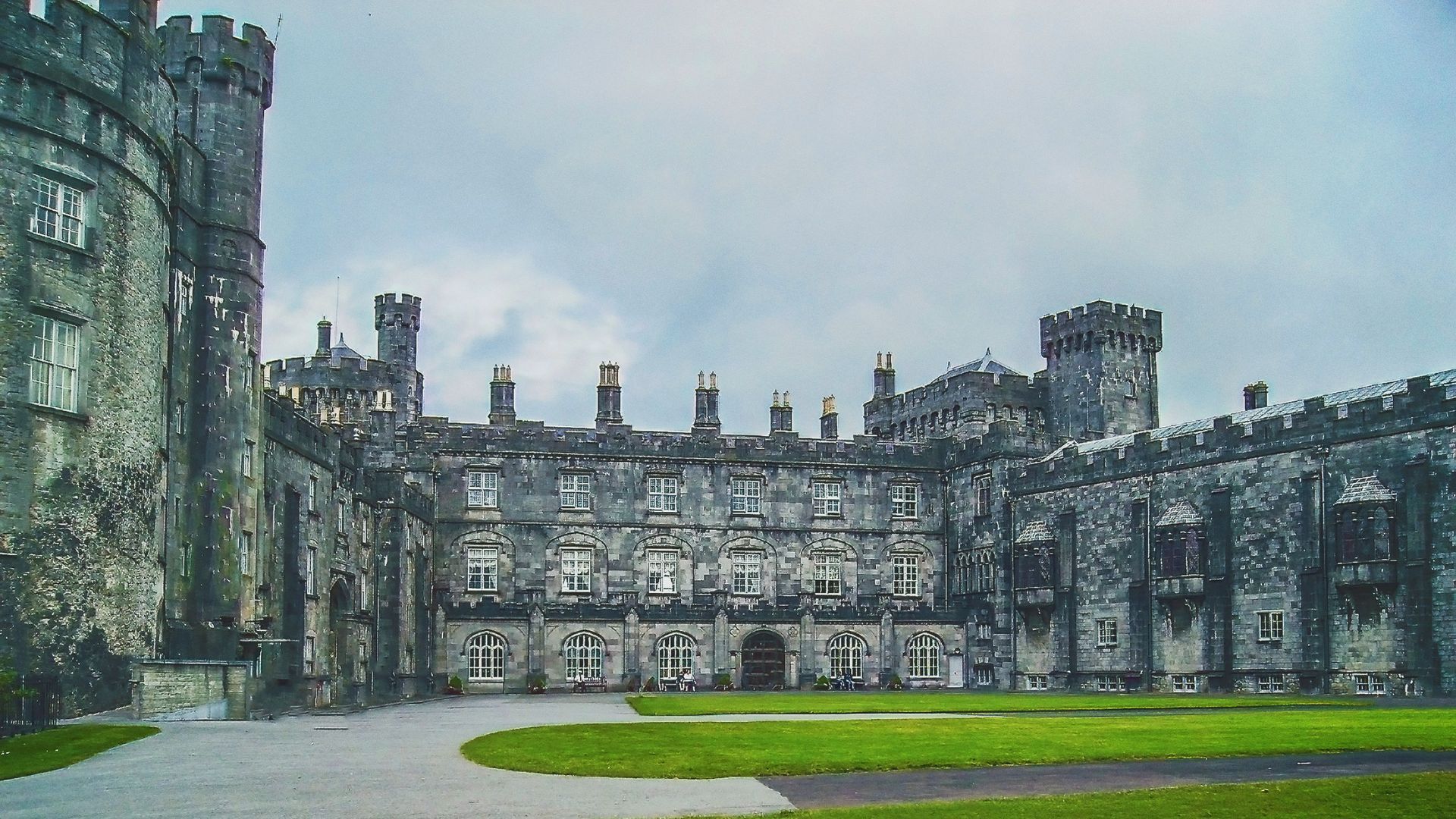
Slide title
Kilkenny
Button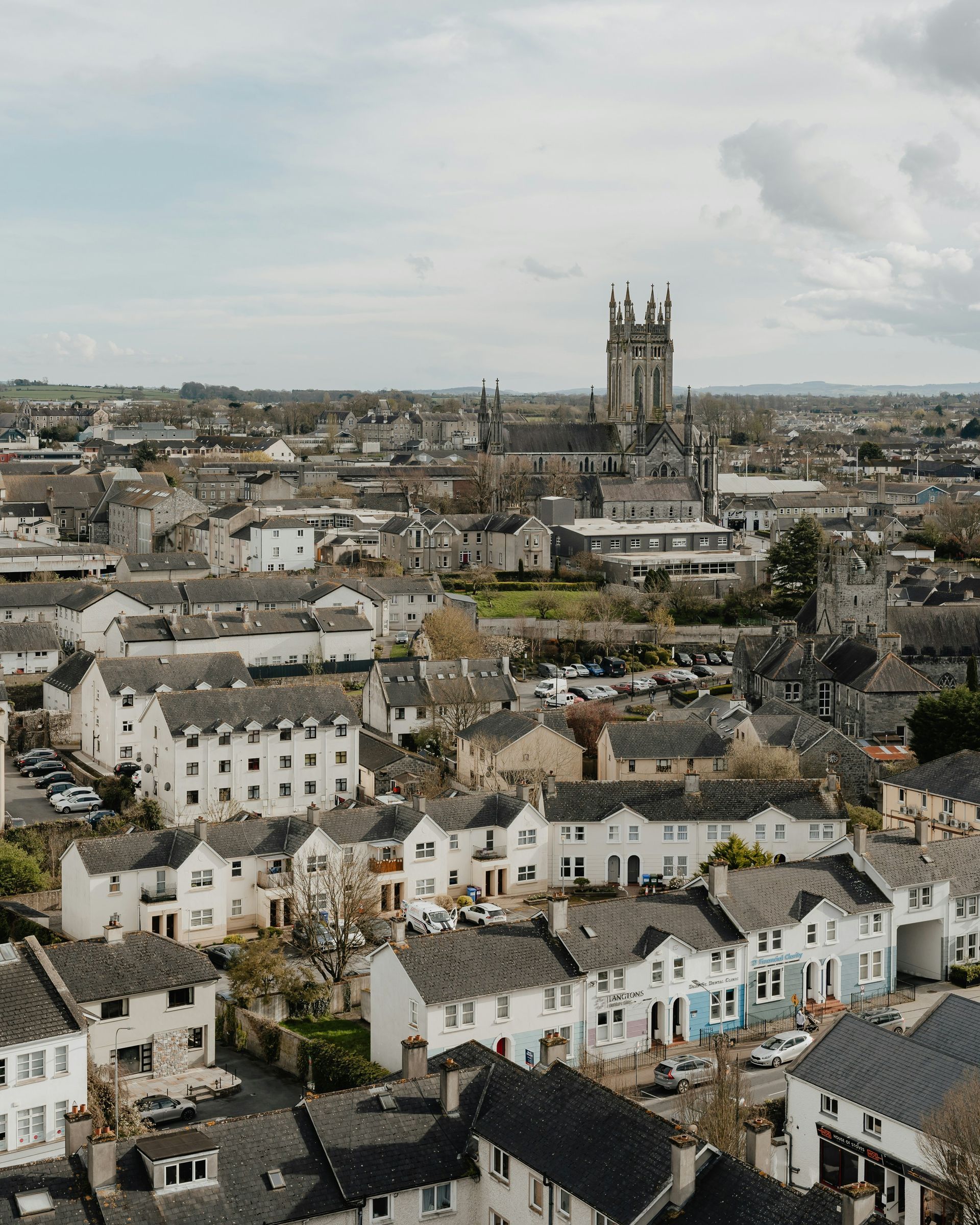
Slide title
Kilkenny
Button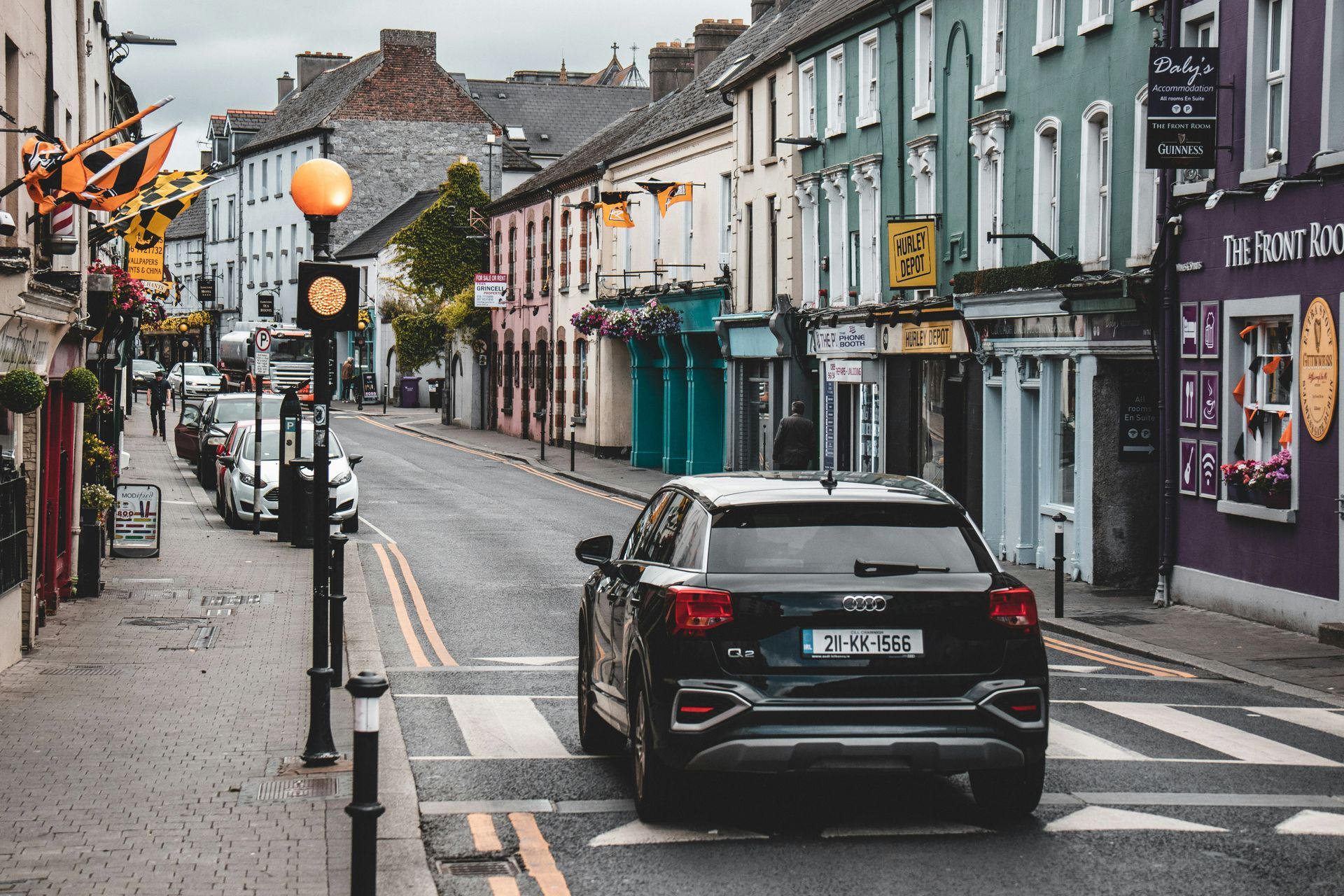
Slide title
Kilkenny
Button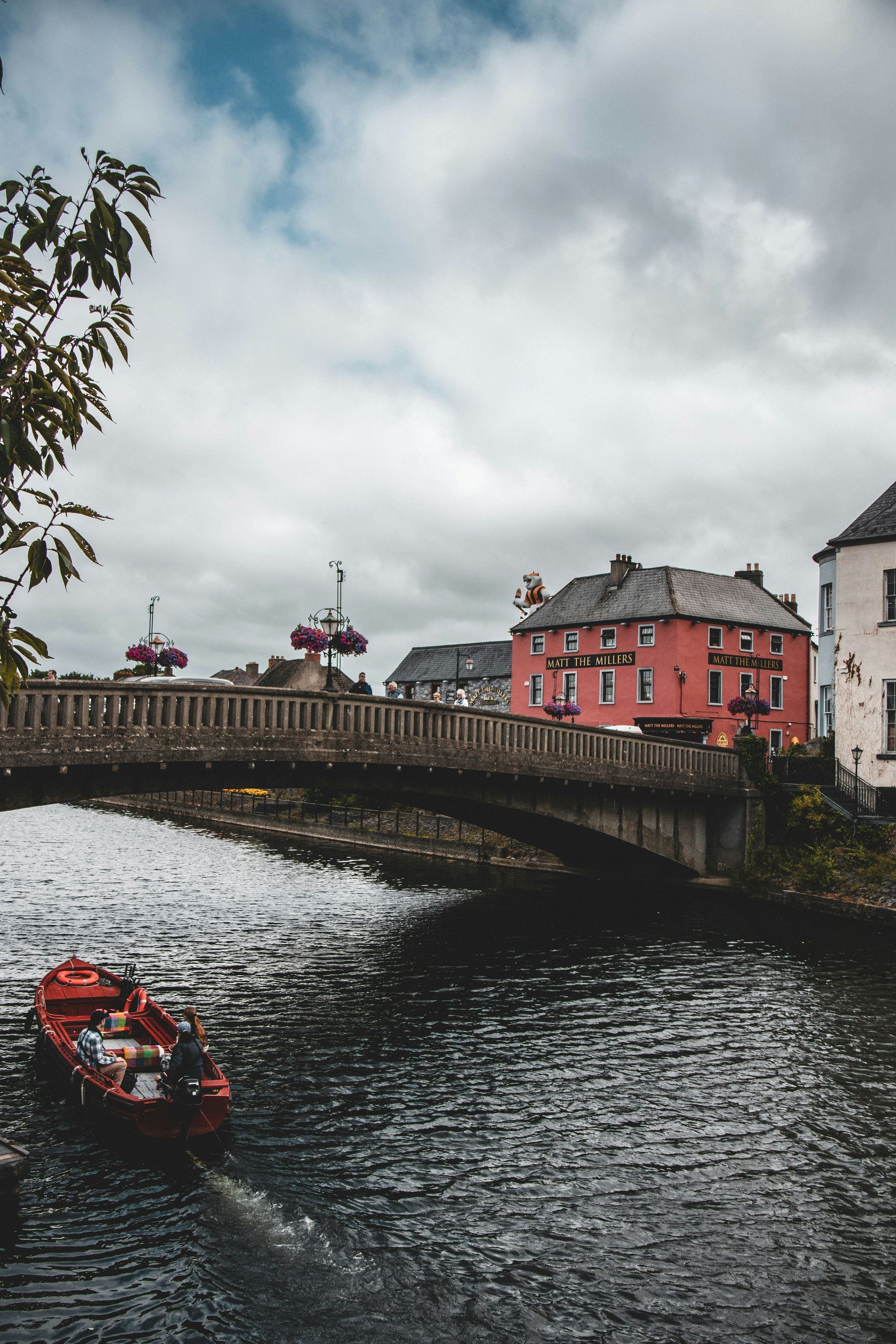
Slide title
Kilkenny
Button
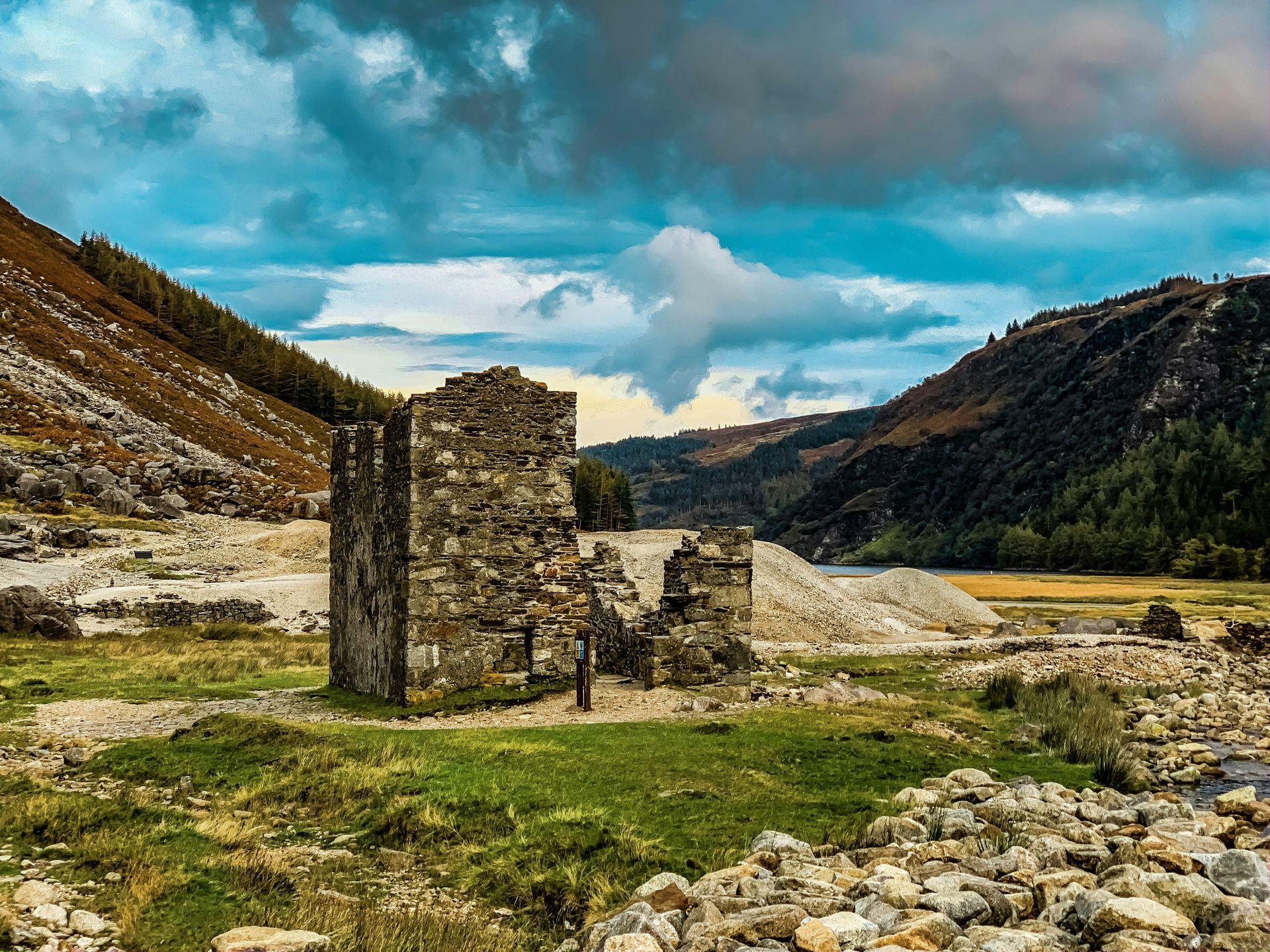
Slide title
Glendalough
Button
Slide title
Glendalough
Button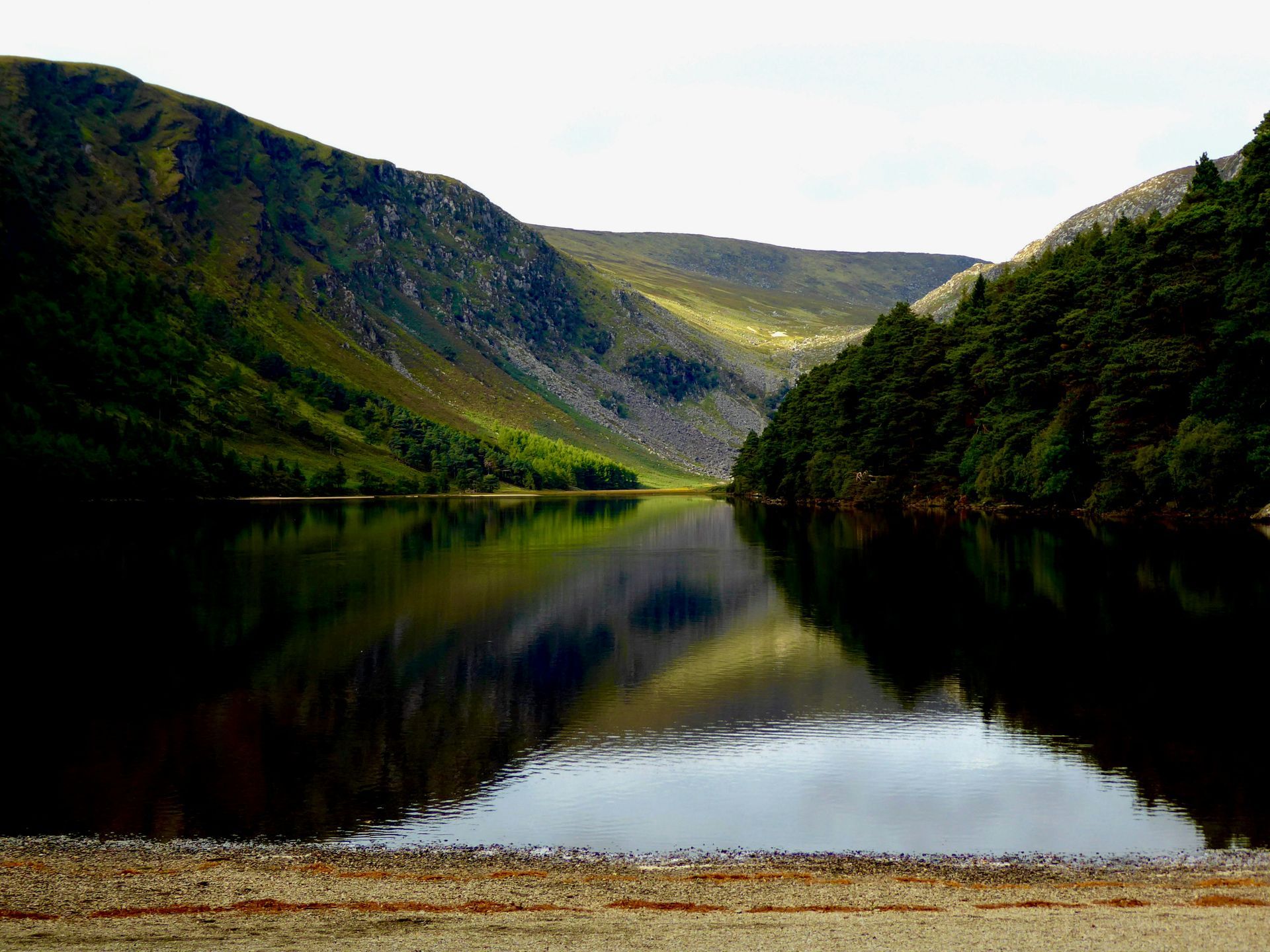
Slide title
Glendalough
Button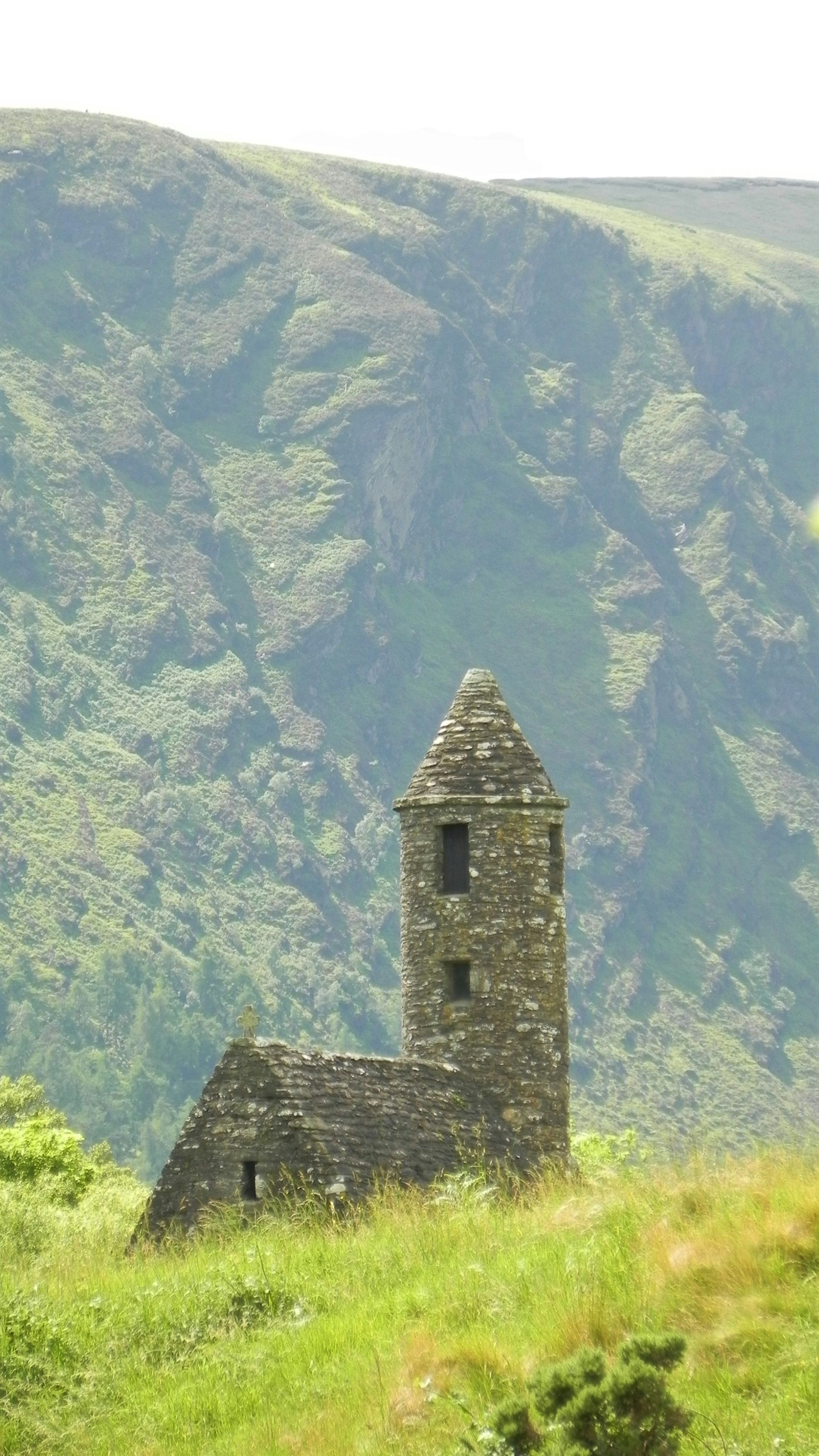
Slide title
Glendalough
Button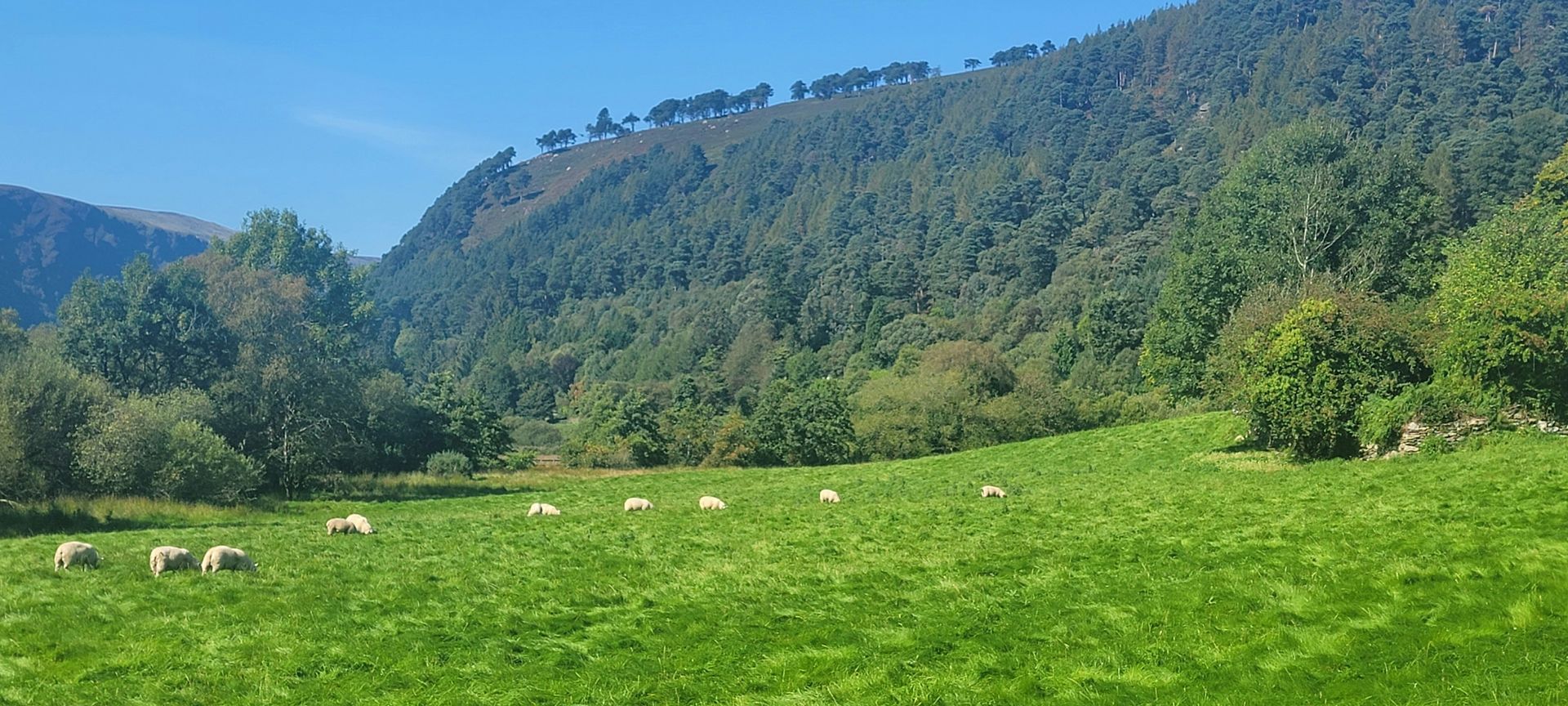
Slide title
Glendalough
Button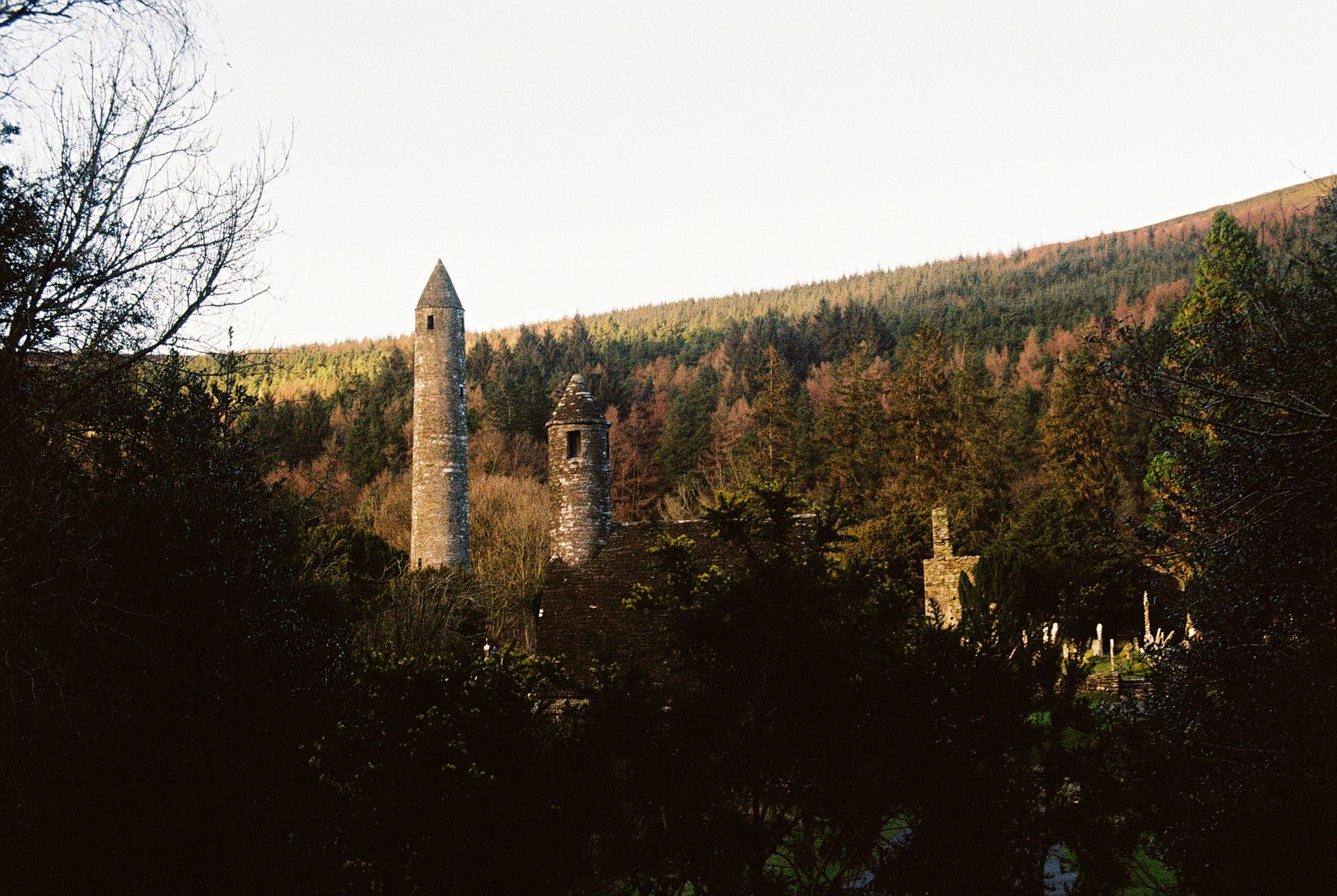
Slide title
Glendalough
Button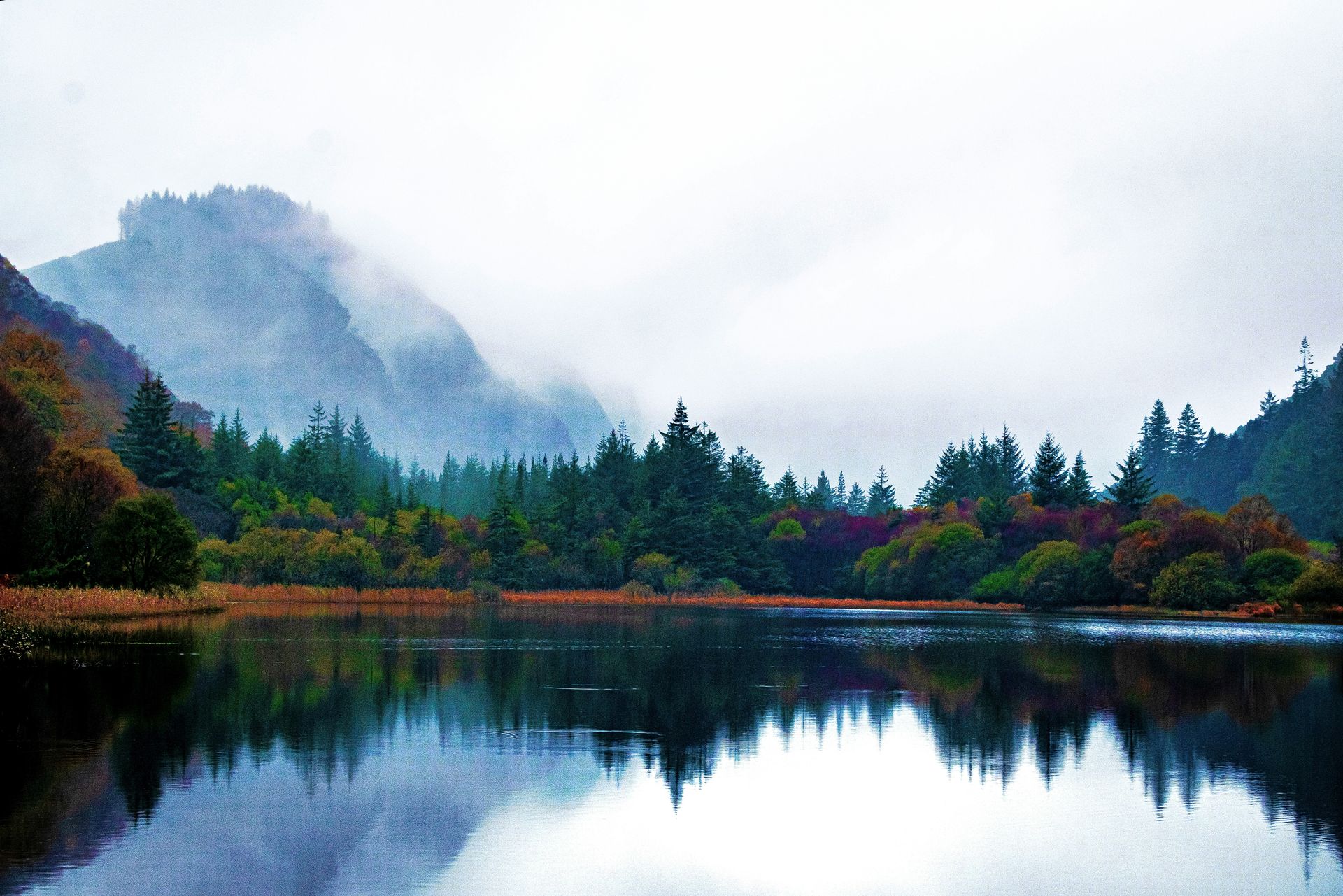
Slide title
Glendalough
Button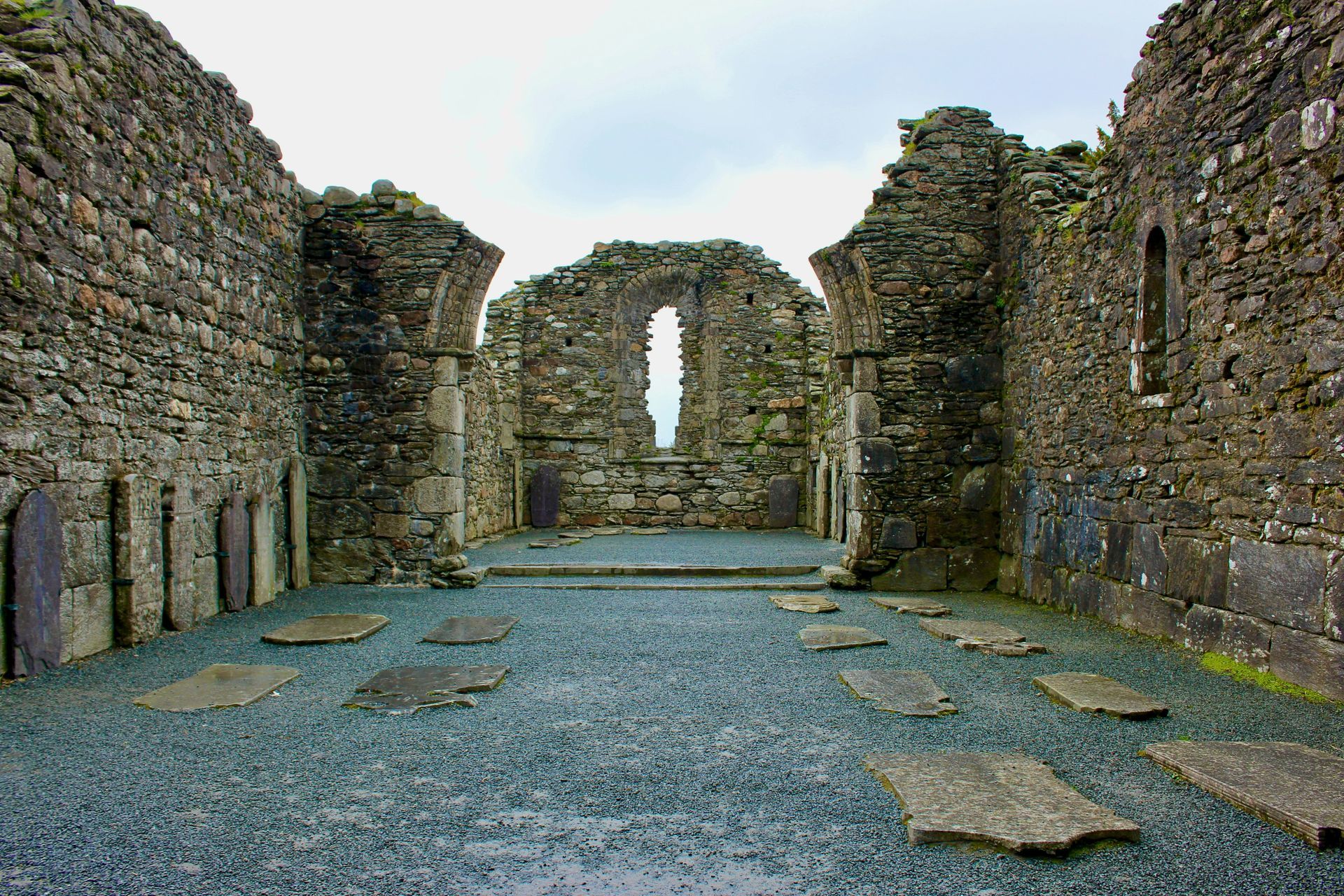
Slide title
Glendalough
Button
Featured Destinations

Slide title
Dublin
Button
Slide title
Dublin
Button
Slide title
Dublin
Button
Slide title
Dublin
Button
Slide title
Dublin
Button
Slide title
Dublin
Button

Slide title
Cliffs of Moher
Button
Slide title
Cliffs of Moher
Button
Slide title
Cliffs of Moher
Button
Slide title
Cliffs of Moher
Button
Slide title
Cliffs of Moher
Button

Slide title
Cork
Button
Slide title
Cork
Button
Slide title
Cork
Button
Slide title
Cork
Button
Slide title
Cork
Button

Slide title
Dingle Peninsula
Button
Slide title
Dingle Peninsula
Button
Slide title
Dingle Peninsula
Button
Slide title
Dingle Peninsula
Button
Slide title
Dingle Peninsula
Button
Slide title
Dingle Peninsula
Button
Slide title
Dingle Peninsula
Button
Slide title
Dingle Peninsula
Button

Slide title
Ring of Kerry
Button
Slide title
Ring of Kerry
Button
Slide title
Ring of Kerry
Button
Slide title
Ring of Kerry
Button
Slide title
Ring of Kerry
Button
Slide title
Ring of Kerry
Button
Slide title
Ring of Kerry
Button
Slide title
Ring of Kerry
Button
Slide title
Ring of Kerry
Button
Slide title
Ring of Kerry
Button

Slide title
Connemara
Button
Slide title
Connemara
Button
Slide title
Connemara
Button
Slide title
Connemara
Button
Slide title
Connemara
Button
Slide title
Connemara
Button

Slide title
Aran Islands
Button
Slide title
Aran Islands
Button
Slide title
Aran Islands
Button
Slide title
Aran Islands
Button
Slide title
Aran Islands
Button
Slide title
Aran Islands
Button
Slide title
Aran Islands
Button

Slide title
Galway
Button
Slide title
Galway
Button
Slide title
Galway
Button
Slide title
Galway
Button
Slide title
Galway
Button

Slide title
Rock of Cashel
Button
Slide title
Rock of Cashel
Button
Slide title
Rock of Cashel
Button
Slide title
Rock of Cashel
Button
Slide title
Rock of Cashel
Button

Slide title
Killarney
Button
Slide title
Killarney
Button
Slide title
Killarney
Button
Slide title
Killarney
Button
Slide title
Killarney
Button
Slide title
Killarney
Button

Slide title
Kilkenny
Button
Slide title
Kilkenny
Button
Slide title
Kilkenny
Button
Slide title
Kilkenny
Button
Slide title
Kilkenny
Button
Slide title
Kilkenny
Button
Slide title
Kilkenny
Button
Slide title
Kilkenny
Button

Slide title
Glendalough
Button
Slide title
Glendalough
Button
Slide title
Glendalough
Button
Slide title
Glendalough
Button
Slide title
Glendalough
Button
Slide title
Glendalough
Button
Slide title
Glendalough
Button
Slide title
Glendalough
Button
Traditional Dishes
-
Irish Stew
Irish Stew is one of Ireland’s most traditional and comforting dishes, often considered the national meal. Originally a humble peasant food, it was made with simple, readily available ingredients like lamb or mutton, potatoes, onions, and carrots, slow-cooked together to create a hearty, flavorful stew. Today, recipes may vary, but the essence remains the same—nourishing, wholesome, and deeply tied to Irish heritage. Enjoyed across generations, Irish Stew continues to represent the warmth and hospitality of Irish cooking.
-
Colcannon & Champ
Colcannon and Champ are two classic Irish potato dishes that showcase the heart of the country’s comfort food traditions. Colcannon blends creamy mashed potatoes with cabbage or kale, scallions, and butter, often enjoyed around Halloween with ties to old Irish folklore. Champ, on the other hand, is a simpler but equally comforting version, made by mixing mashed potatoes with plenty of scallions, warm milk, and butter. Both dishes highlight Ireland’s deep-rooted connection to the potato and remain favorites across households, offering a taste of homely, rustic Irish cooking.
-
Boxty
Boxty is a traditional Irish potato pancake that reflects the resourcefulness of Irish cooking. Made with a mix of grated raw potato, mashed potato, flour, and buttermilk, it is pan-fried until golden and crisp on the outside while staying soft inside. Often enjoyed at breakfast or as a hearty side dish, boxty can be served simply with butter or paired with meats and stews. With its origins in rural Ireland, this humble yet versatile dish has long been celebrated in Irish homes, even inspiring the old rhyme: “Boxty on the griddle, boxty in the pan, if you can’t make boxty, you’ll never get a man.”
-
Soda Bread
Soda bread is one of Ireland’s most beloved traditional foods, known for its simplicity and hearty flavor. Made with just flour, baking soda, buttermilk, and salt, it requires no yeast, making it quick to prepare. The buttermilk gives the bread a tender crumb and slight tang, while the signature cross cut into the top before baking is said to ward off evil and help the bread cook evenly. Often served warm with butter, jams, or alongside soups and stews, soda bread remains a staple of Irish tables and a true symbol of comfort.
-
Bacon and Cabbage
Bacon and Cabbage is one of Ireland’s most iconic comfort foods, often considered the country’s national dish. Traditionally made with salted or smoked bacon boiled until tender, it is served alongside cabbage and floury potatoes, sometimes with a rich parsley or mustard sauce to bring all the flavors together. It remains a beloved staple, celebrated for its warmth and nostalgic taste of Irish heritage.
-
White Pudding
White Pudding is a traditional Irish dish that often appears on breakfast tables alongside black pudding. Made with oatmeal, suet, breadcrumbs, and mild spices, it is usually lighter in flavor and color because it does not contain blood. Pan-fried until golden and crisp on the outside while soft inside, white pudding adds a hearty, savory element to the classic Irish breakfast. Its origins date back centuries, reflecting Ireland’s tradition of using simple, readily available ingredients to create filling and flavorful meals.
-
Barmbrack
Barmbrack is a traditional Irish fruit bread. Slightly sweet and rich with raisins and sultanas, the bread is made with yeast, giving it a light yet hearty texture. Often served toasted with butter and a hot cup of tea, Barmbrack is more than just a treat—it carries cultural charm. Barmbrack is also enjoyed, especially during festive times, most famously at Halloween, when it is baked with small tokens hidden inside to predict the future. Today, it remains a comforting taste of Ireland’s culinary and cultural heritage.
Traditional Dishes
-
Irish Stew
Irish Stew is one of Ireland’s most traditional and comforting dishes, often considered the national meal. Originally a humble peasant food, it was made with simple, readily available ingredients like lamb or mutton, potatoes, onions, and carrots, slow-cooked together to create a hearty, flavorful stew. Today, recipes may vary, but the essence remains the same—nourishing, wholesome, and deeply tied to Irish heritage. Enjoyed across generations, Irish Stew continues to represent the warmth and hospitality of Irish cooking.
-
Colcannon & Champ
Colcannon and Champ are two classic Irish potato dishes that showcase the heart of the country’s comfort food traditions. Colcannon blends creamy mashed potatoes with cabbage or kale, scallions, and butter, often enjoyed around Halloween with ties to old Irish folklore. Champ, on the other hand, is a simpler but equally comforting version, made by mixing mashed potatoes with plenty of scallions, warm milk, and butter. Both dishes highlight Ireland’s deep-rooted connection to the potato and remain favorites across households, offering a taste of homely, rustic Irish cooking.
-
Boxty
Boxty is a traditional Irish potato pancake that reflects the resourcefulness of Irish cooking. Made with a mix of grated raw potato, mashed potato, flour, and buttermilk, it is pan-fried until golden and crisp on the outside while staying soft inside. Often enjoyed at breakfast or as a hearty side dish, boxty can be served simply with butter or paired with meats and stews. With its origins in rural Ireland, this humble yet versatile dish has long been celebrated in Irish homes, even inspiring the old rhyme: “Boxty on the griddle, boxty in the pan, if you can’t make boxty, you’ll never get a man.”
-
Soda Bread
Soda bread is one of Ireland’s most beloved traditional foods, known for its simplicity and hearty flavor. Made with just flour, baking soda, buttermilk, and salt, it requires no yeast, making it quick to prepare. The buttermilk gives the bread a tender crumb and slight tang, while the signature cross cut into the top before baking is said to ward off evil and help the bread cook evenly. Often served warm with butter, jams, or alongside soups and stews, soda bread remains a staple of Irish tables and a true symbol of comfort.
-
Bacon and Cabbage
Bacon and Cabbage is one of Ireland’s most iconic comfort foods, often considered the country’s national dish. Traditionally made with salted or smoked bacon boiled until tender, it is served alongside cabbage and floury potatoes, sometimes with a rich parsley or mustard sauce to bring all the flavors together. It remains a beloved staple, celebrated for its warmth and nostalgic taste of Irish heritage.
-
White Pudding
White Pudding is a traditional Irish dish that often appears on breakfast tables alongside black pudding. Made with oatmeal, suet, breadcrumbs, and mild spices, it is usually lighter in flavor and color because it does not contain blood. Pan-fried until golden and crisp on the outside while soft inside, white pudding adds a hearty, savory element to the classic Irish breakfast. Its origins date back centuries, reflecting Ireland’s tradition of using simple, readily available ingredients to create filling and flavorful meals.
-
Barmbrack
Barmbrack is a traditional Irish fruit bread. Slightly sweet and rich with raisins and sultanas, the bread is made with yeast, giving it a light yet hearty texture. Often served toasted with butter and a hot cup of tea, Barmbrack is more than just a treat—it carries cultural charm. Barmbrack is also enjoyed, especially during festive times, most famously at Halloween, when it is baked with small tokens hidden inside to predict the future. Today, it remains a comforting taste of Ireland’s culinary and cultural heritage.
Love this destination?
Have Viking Travel book your next getaway!



